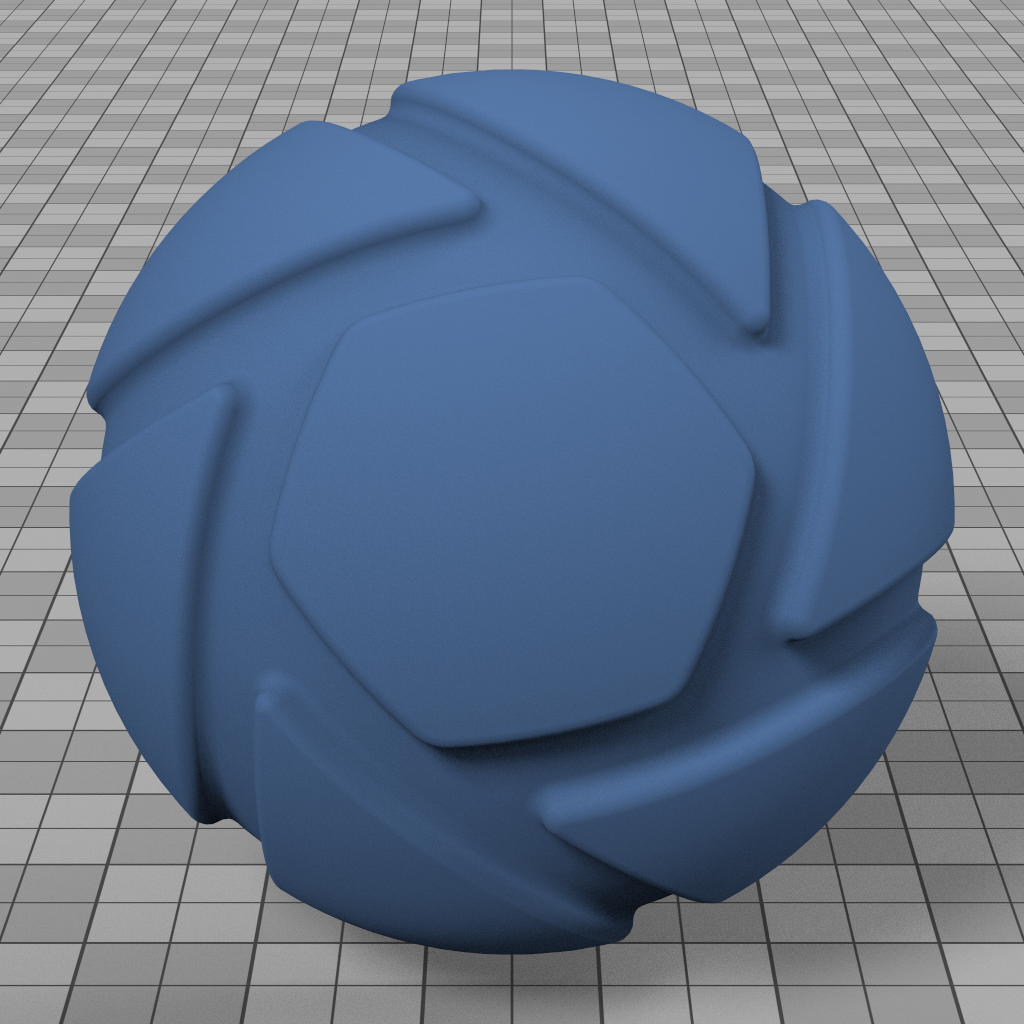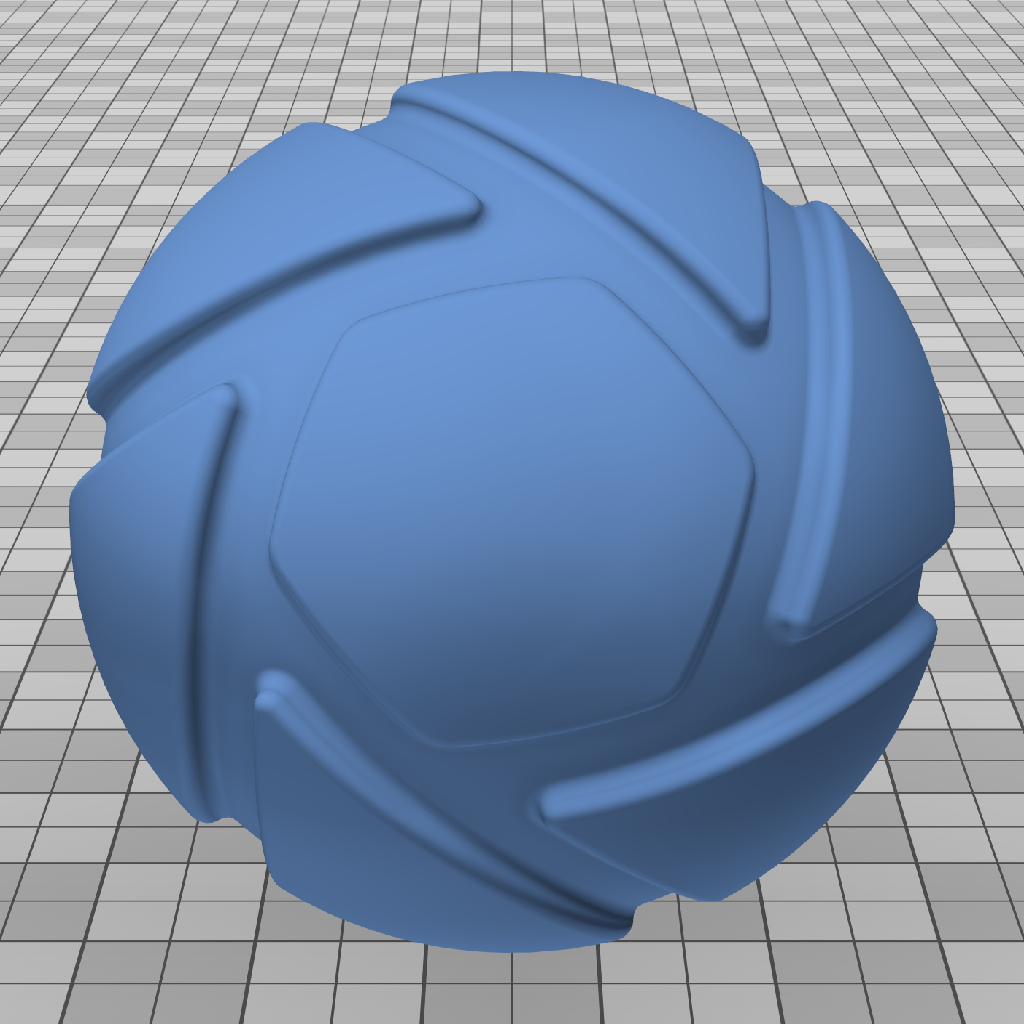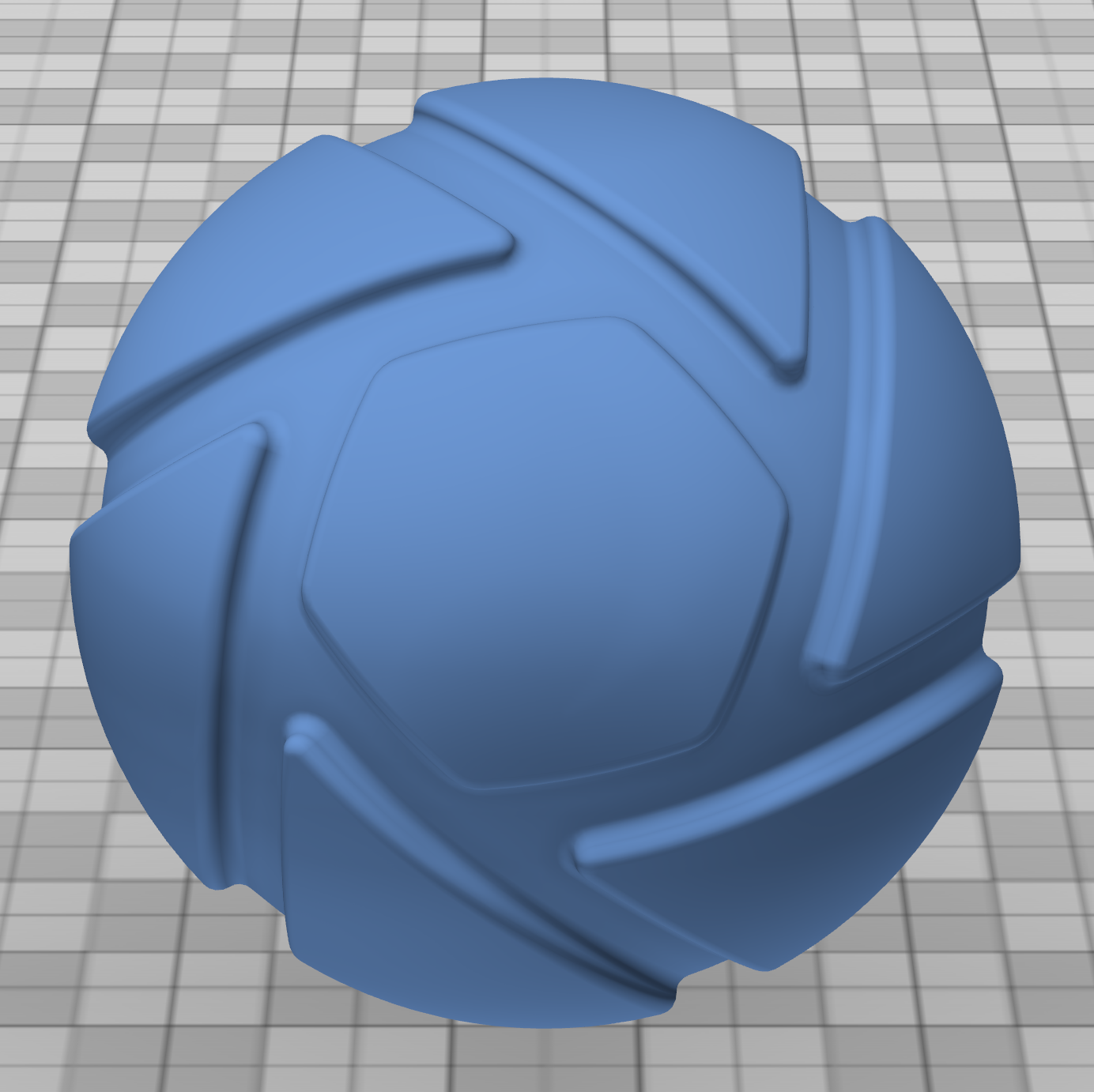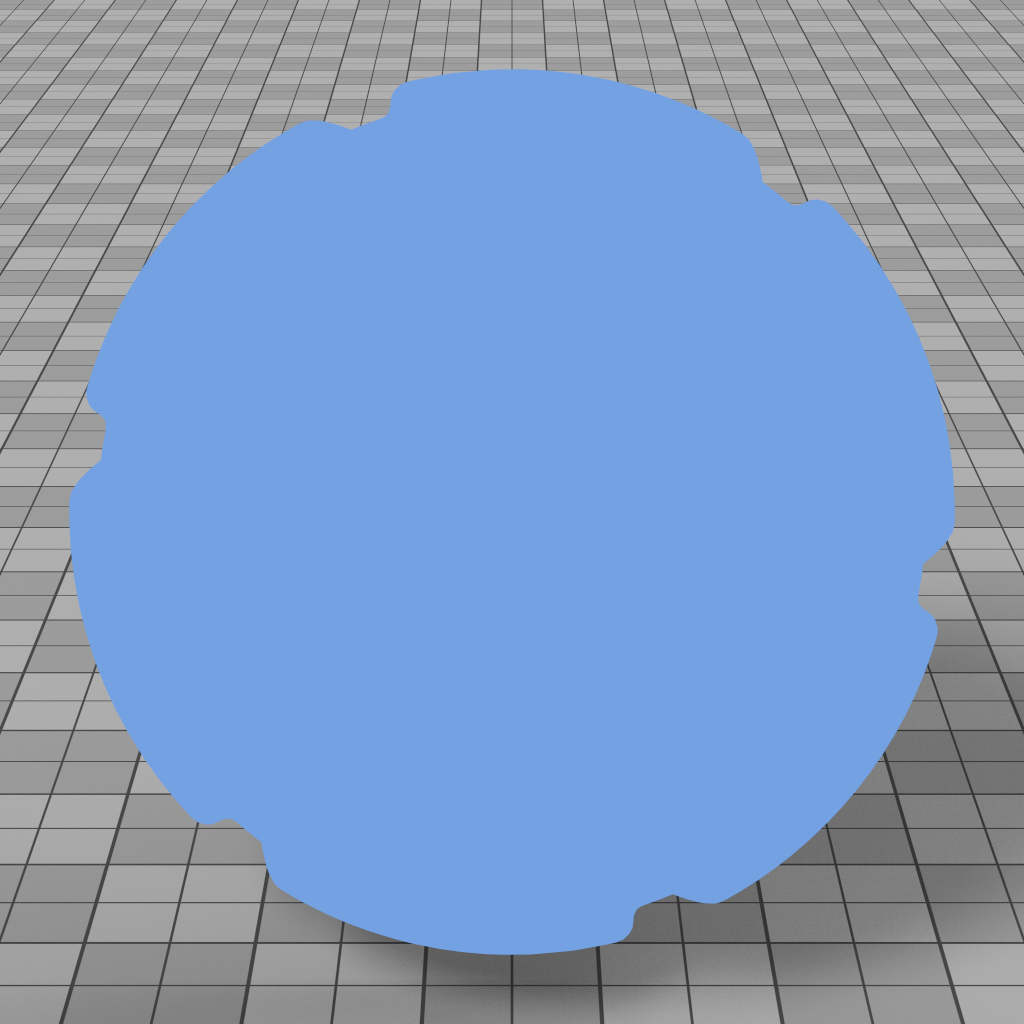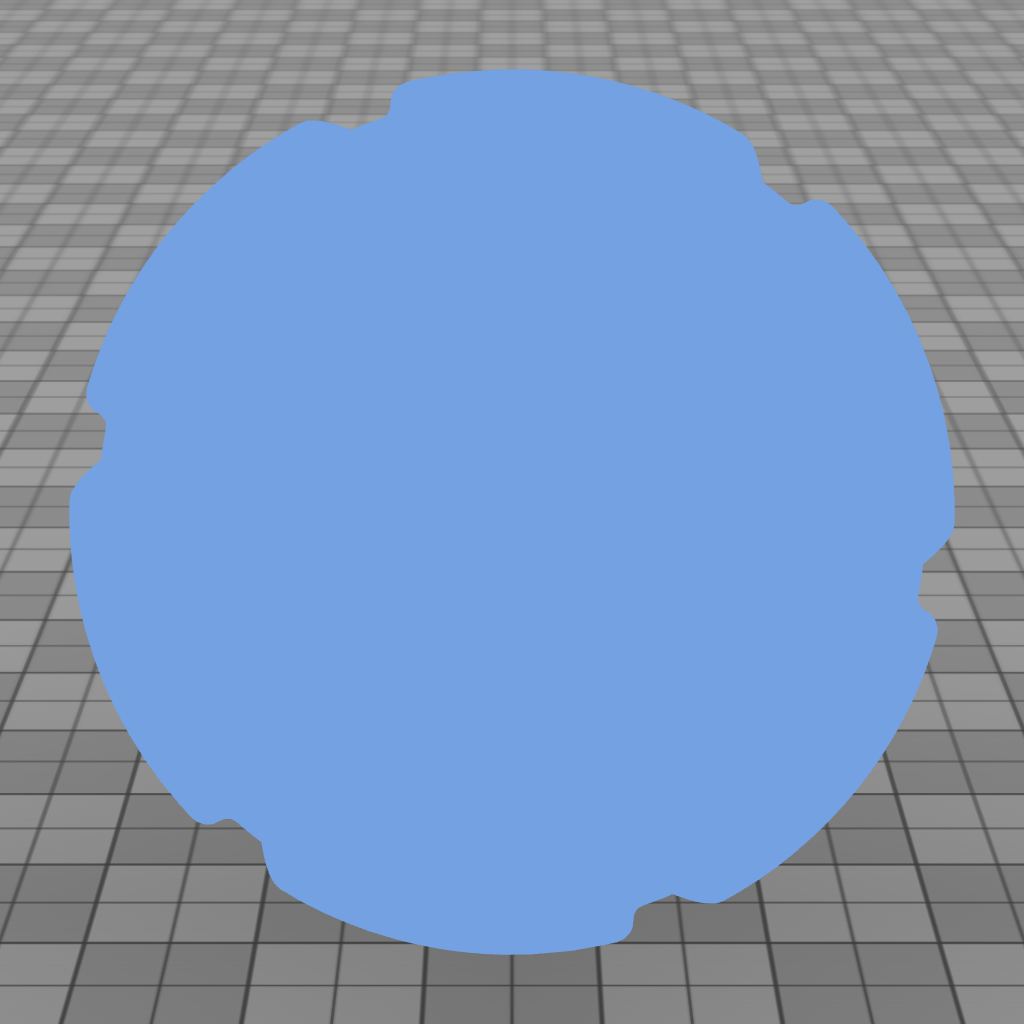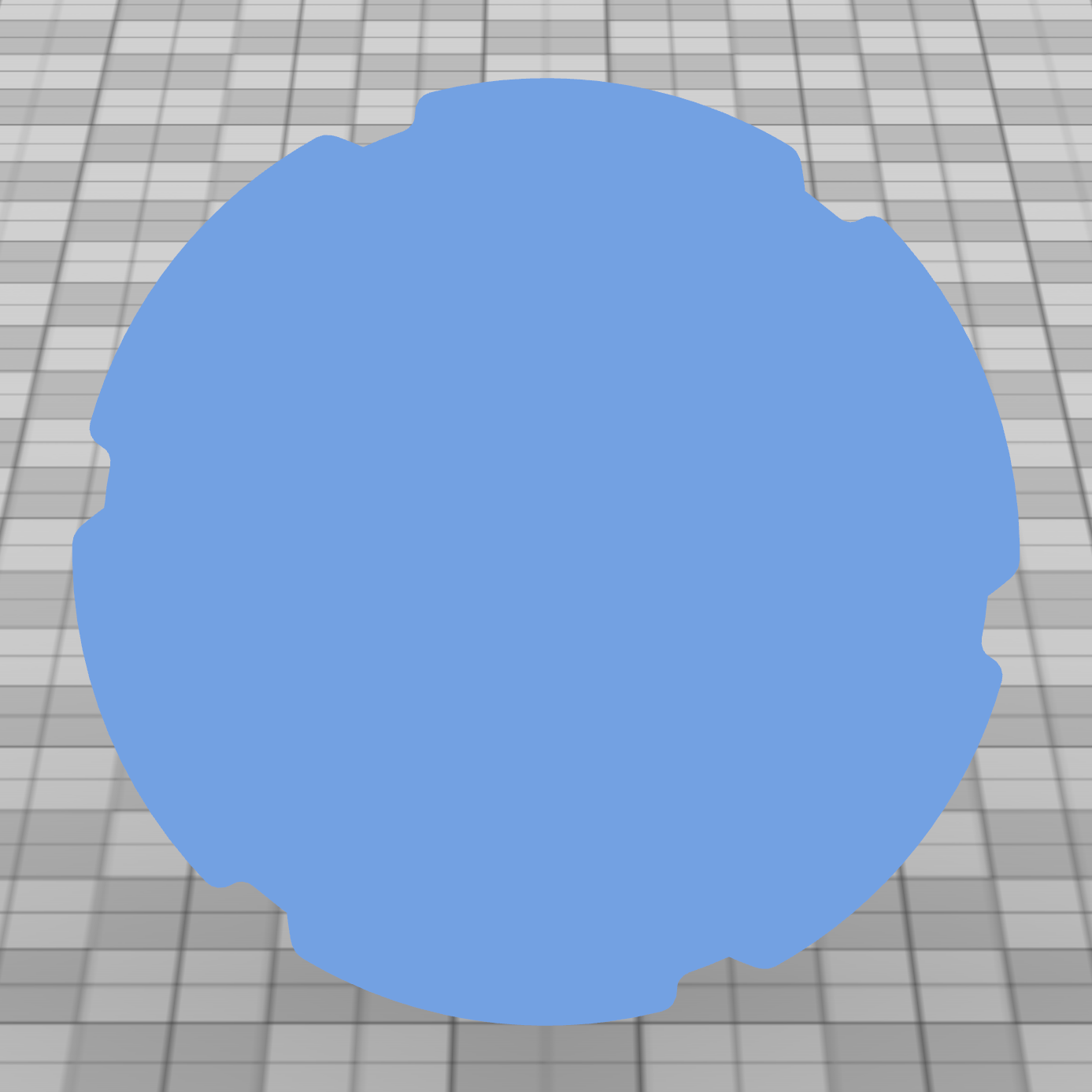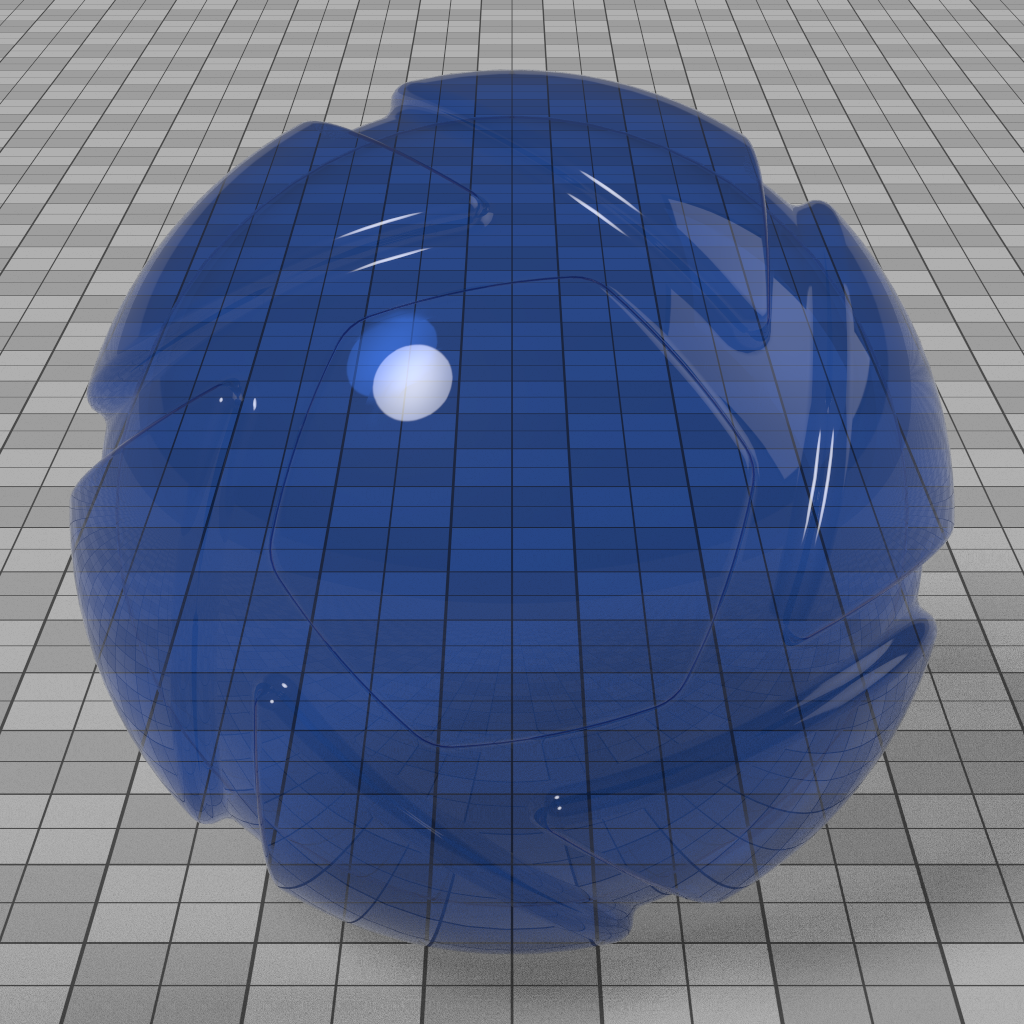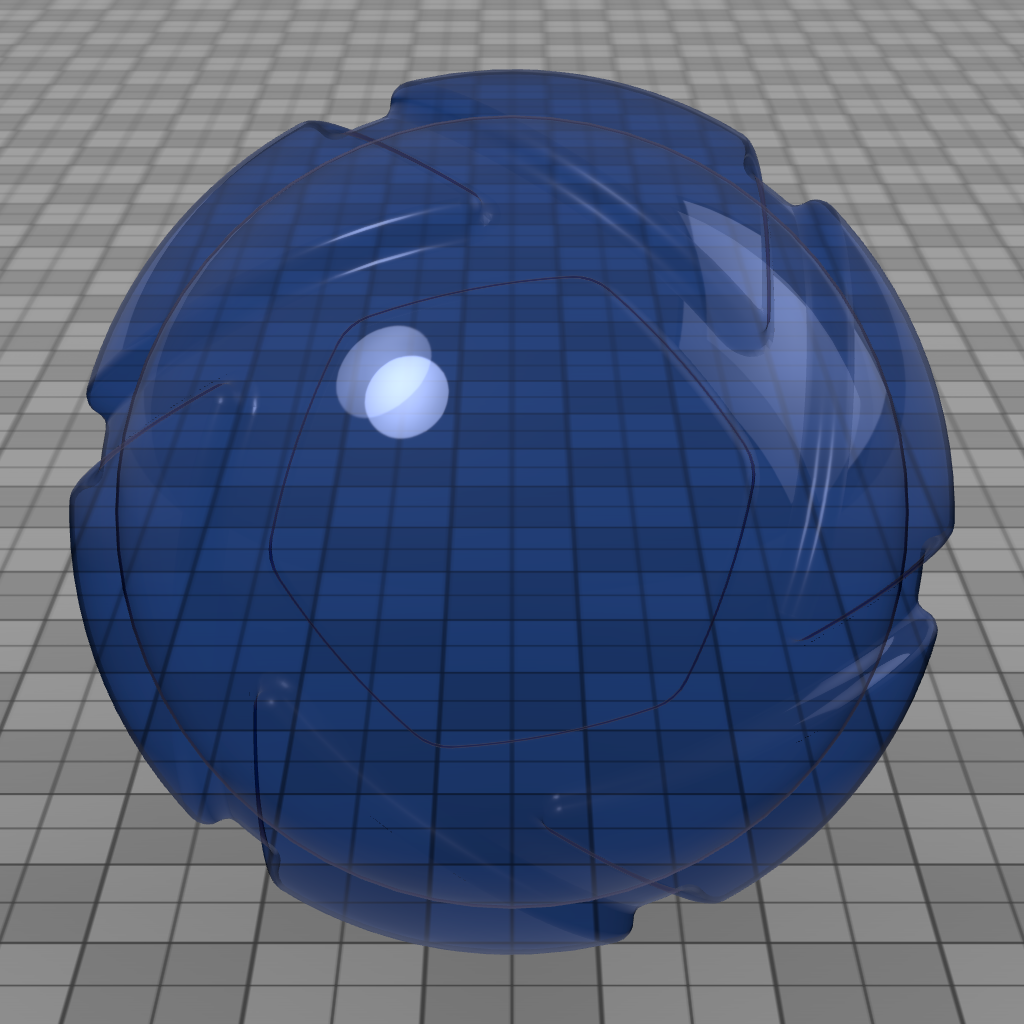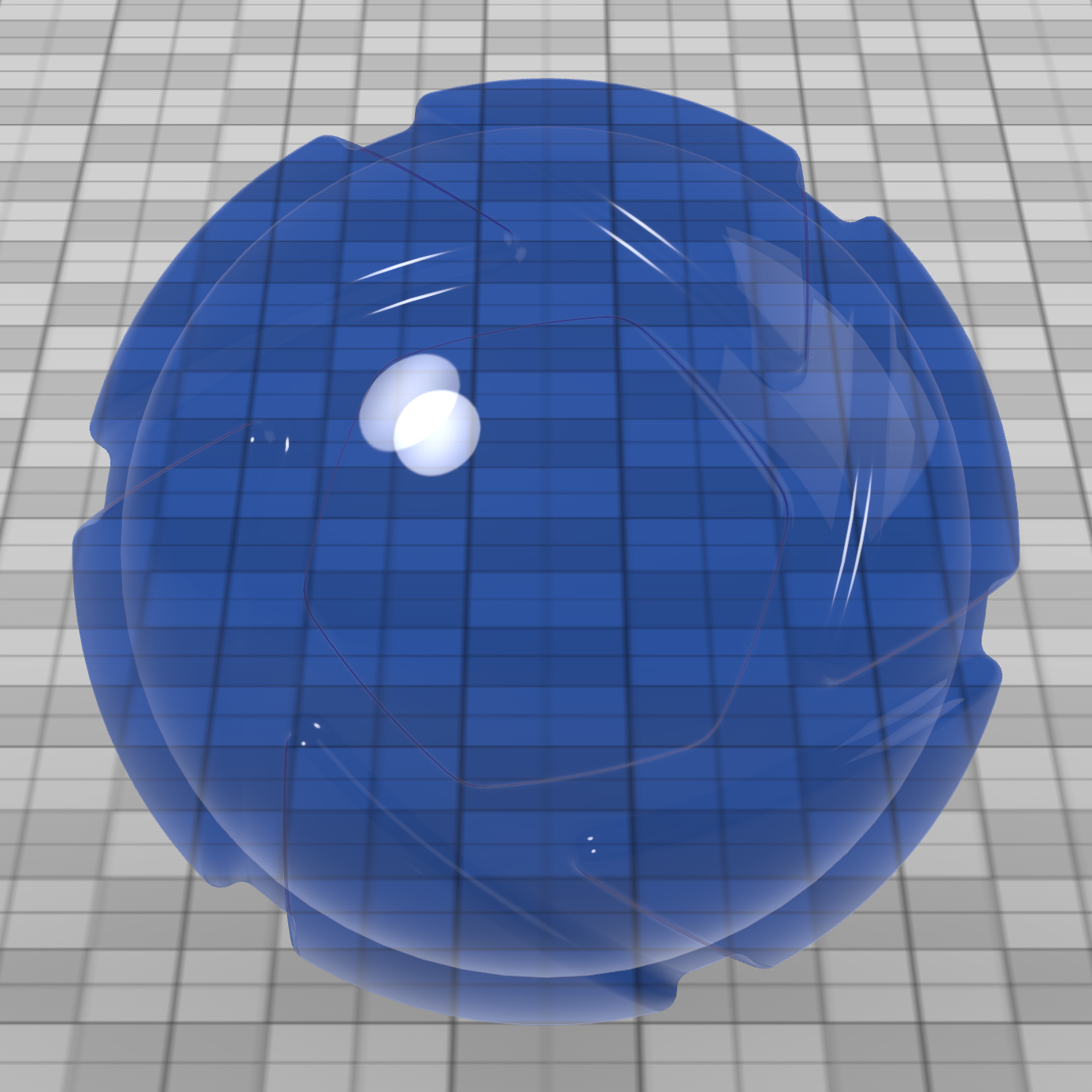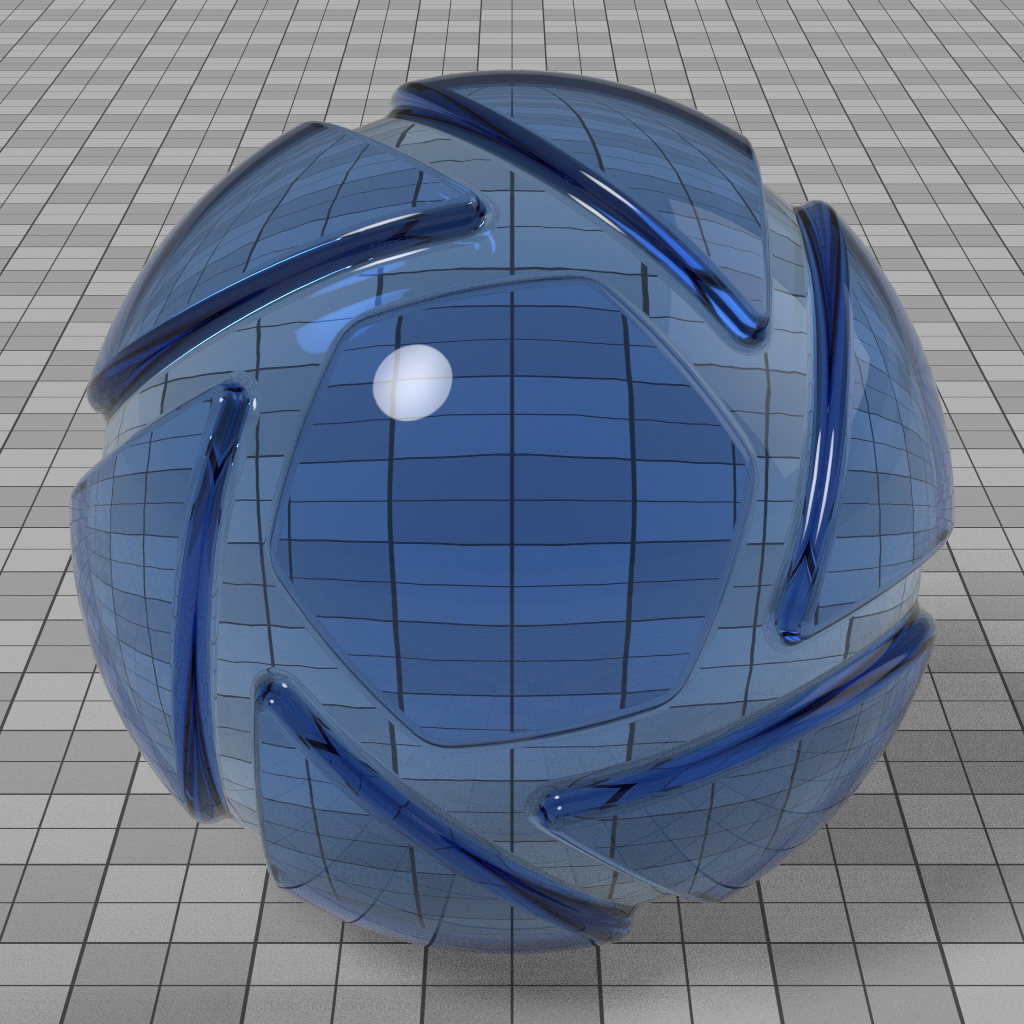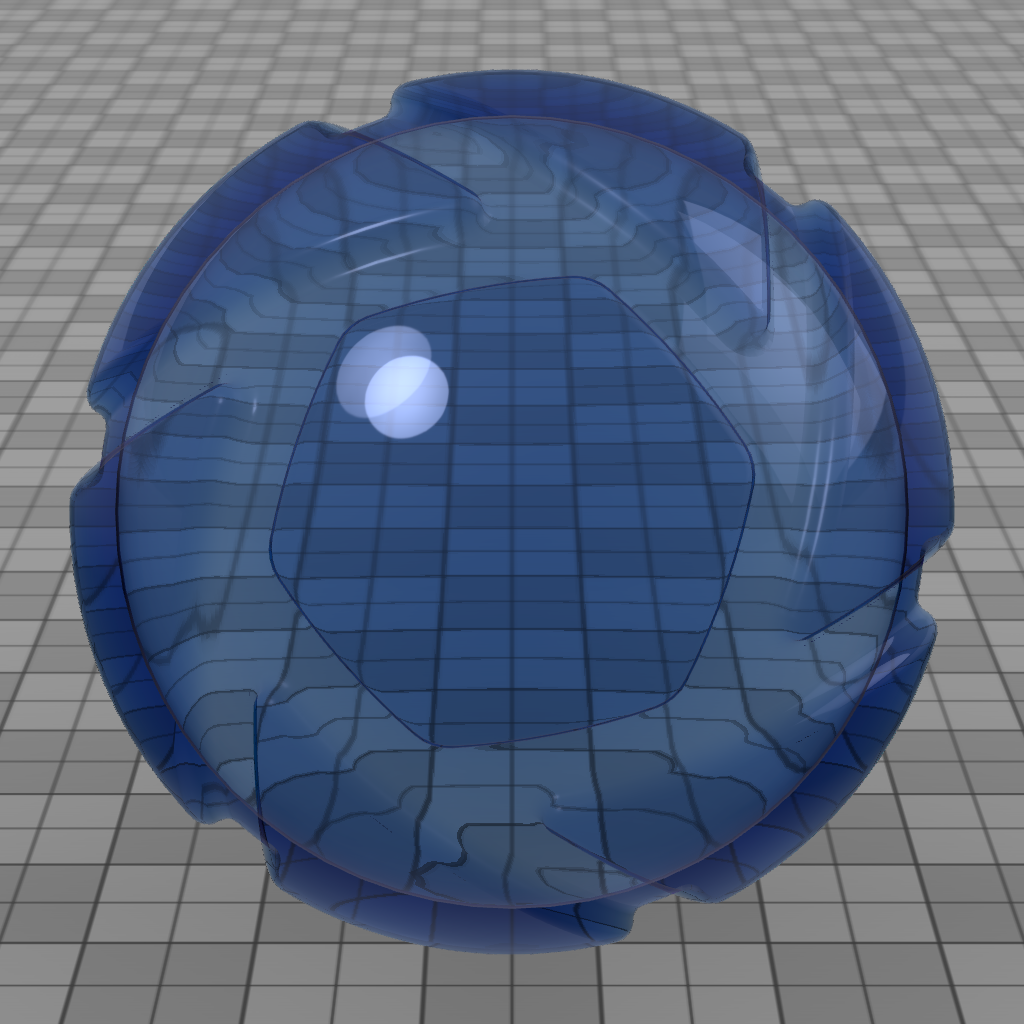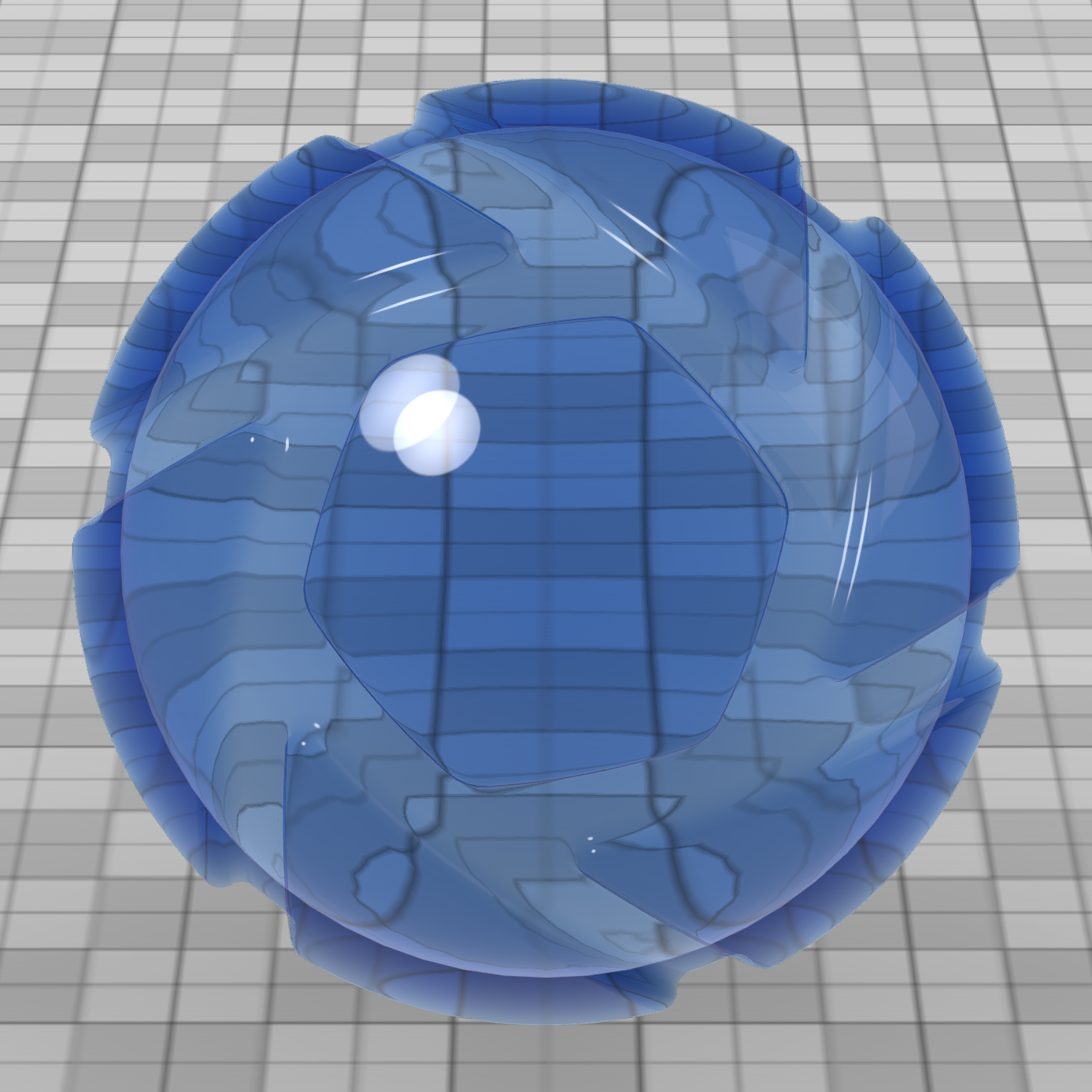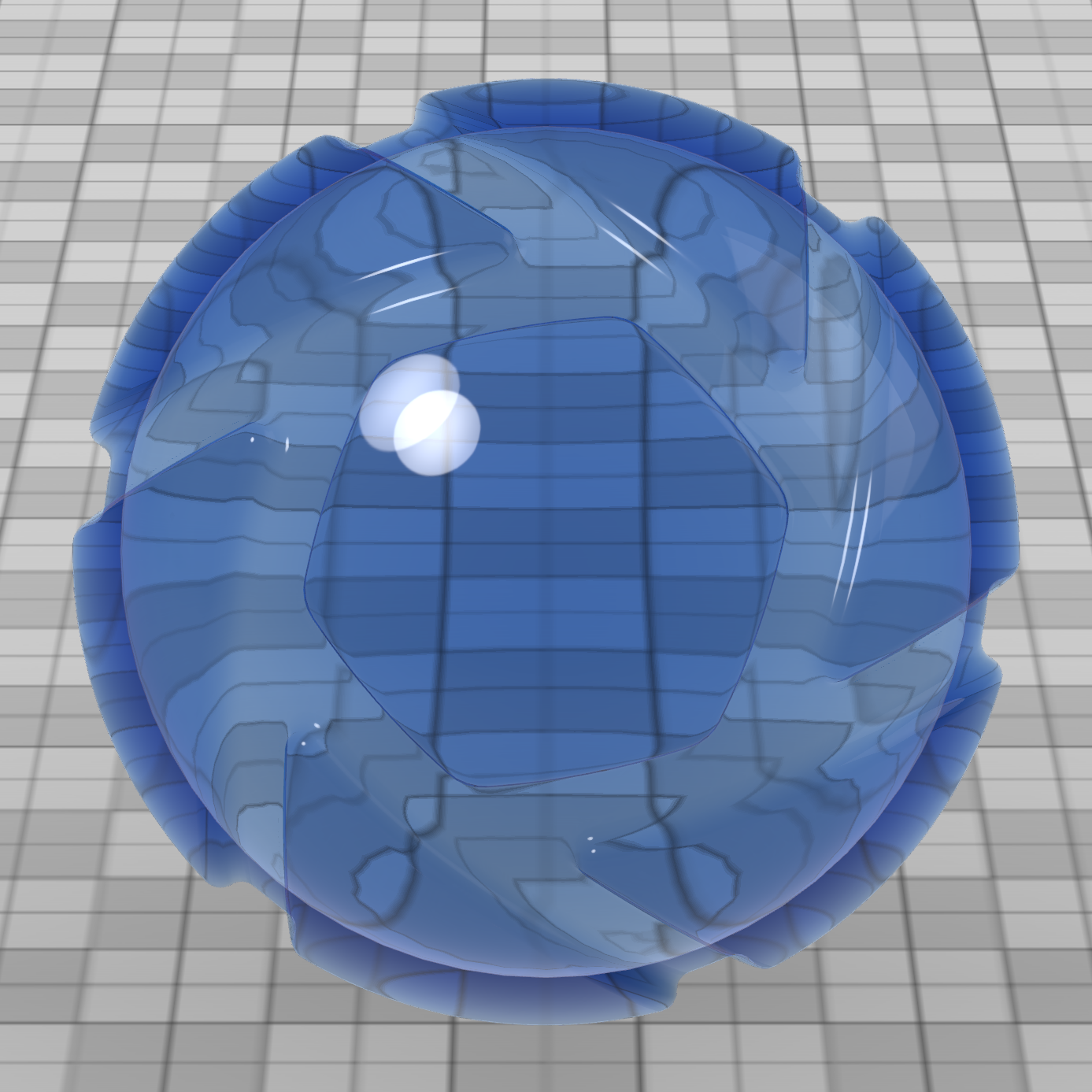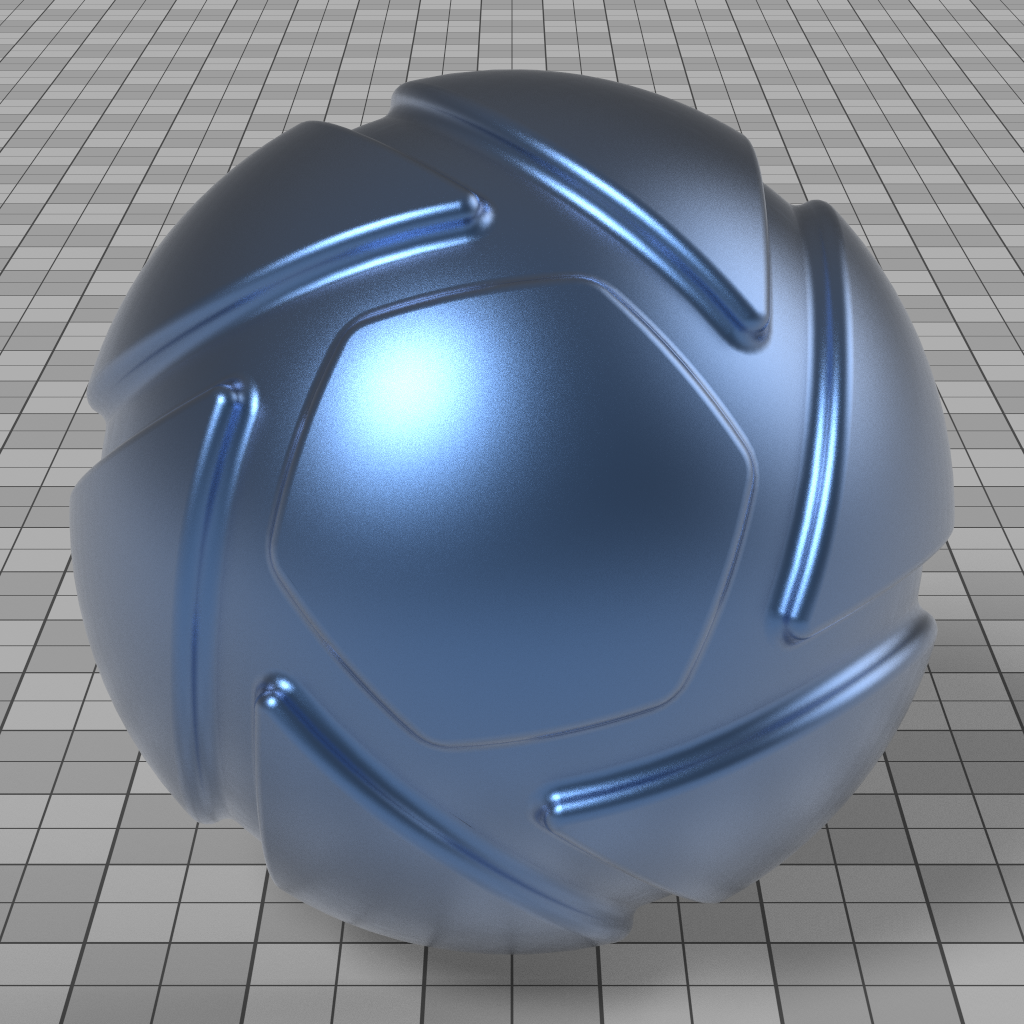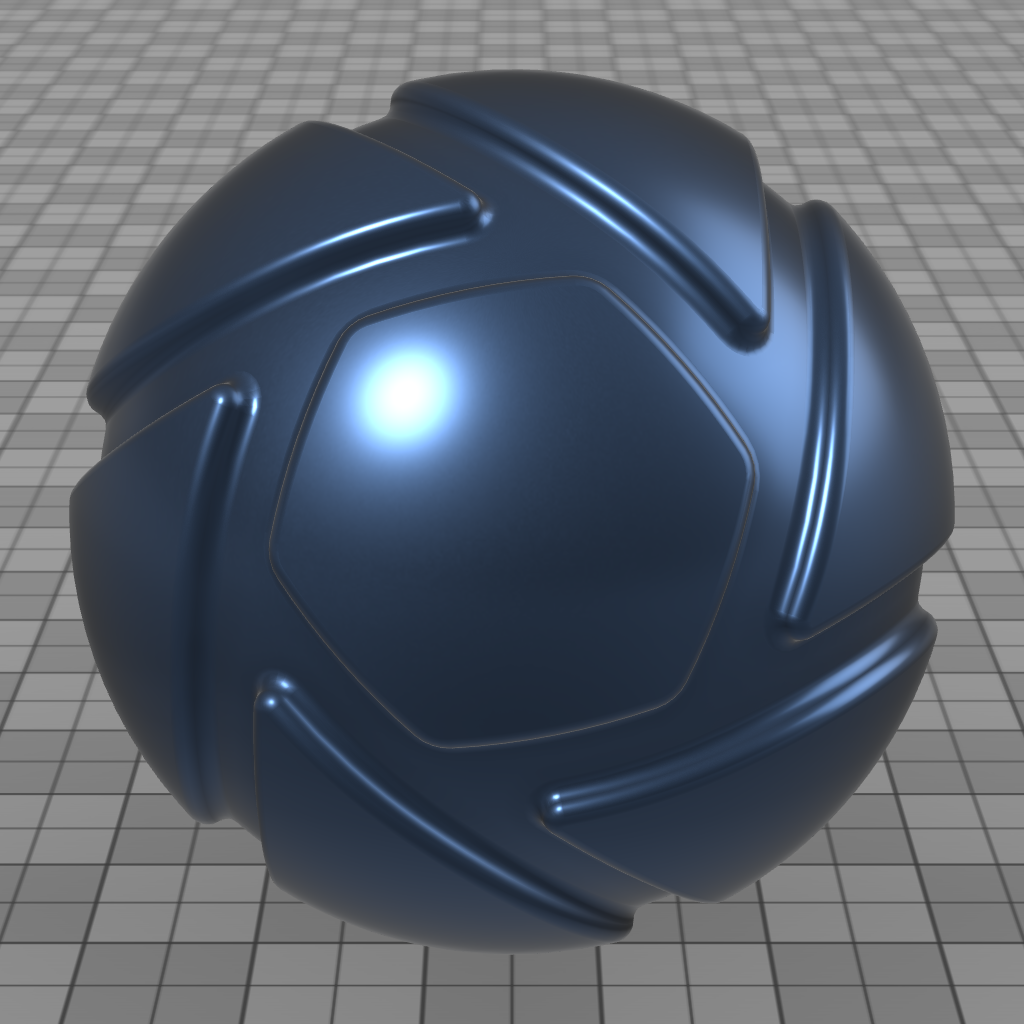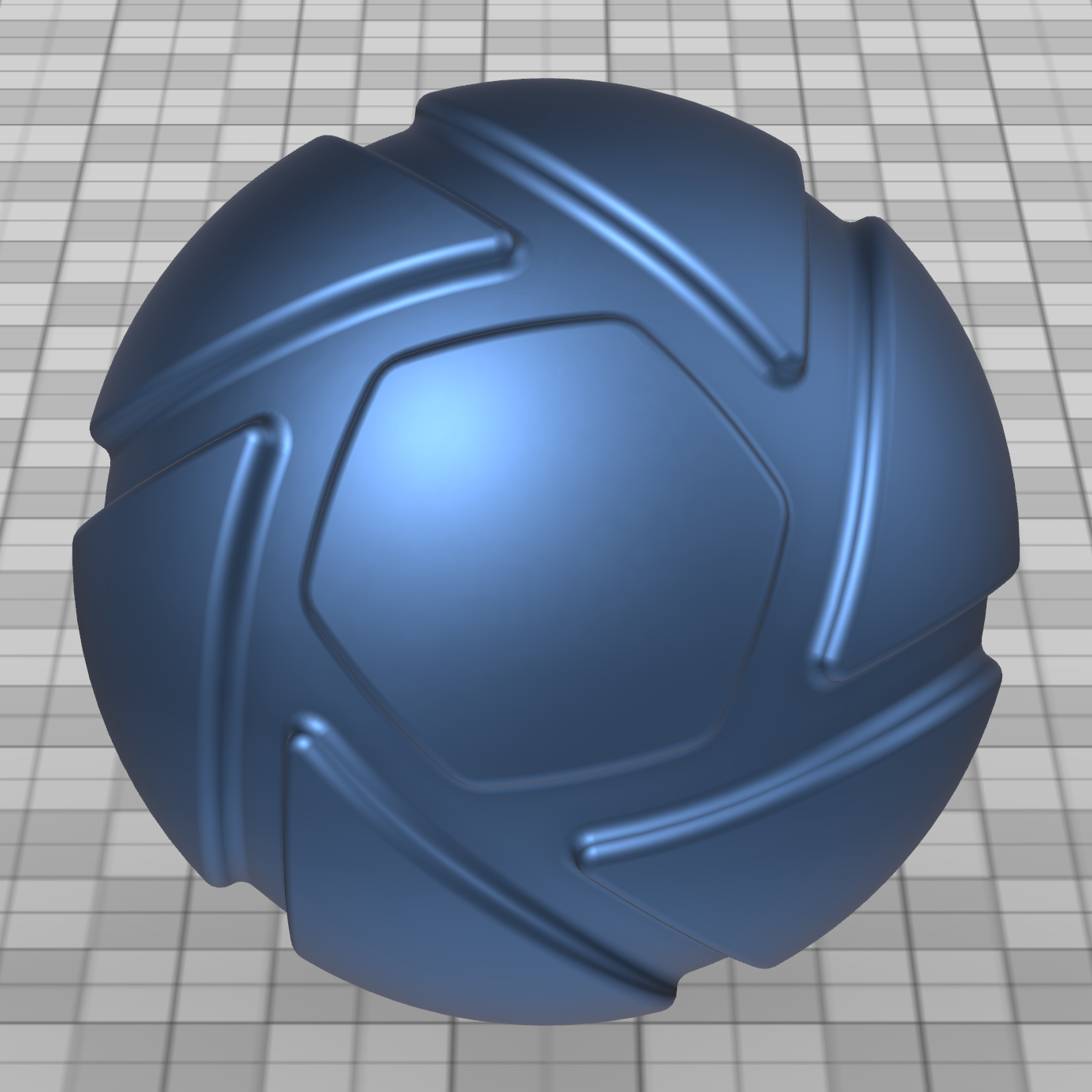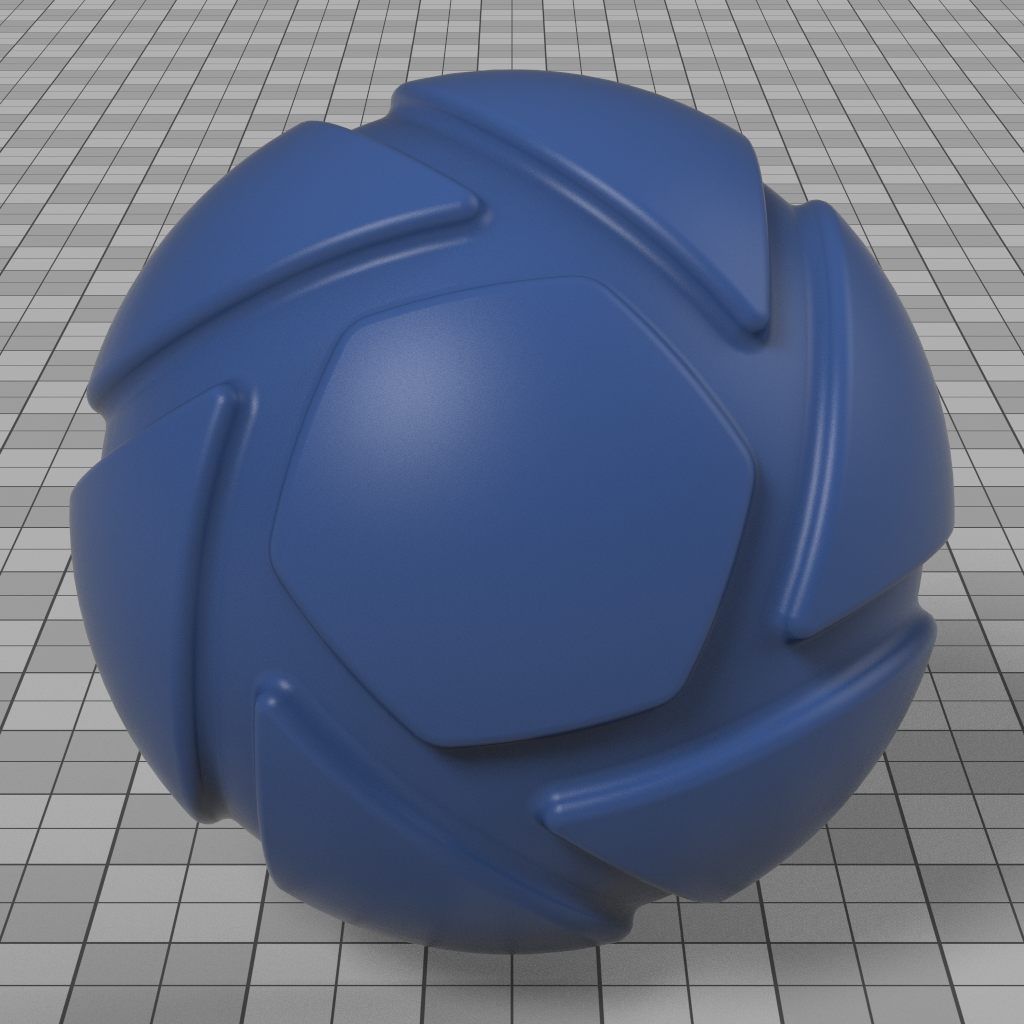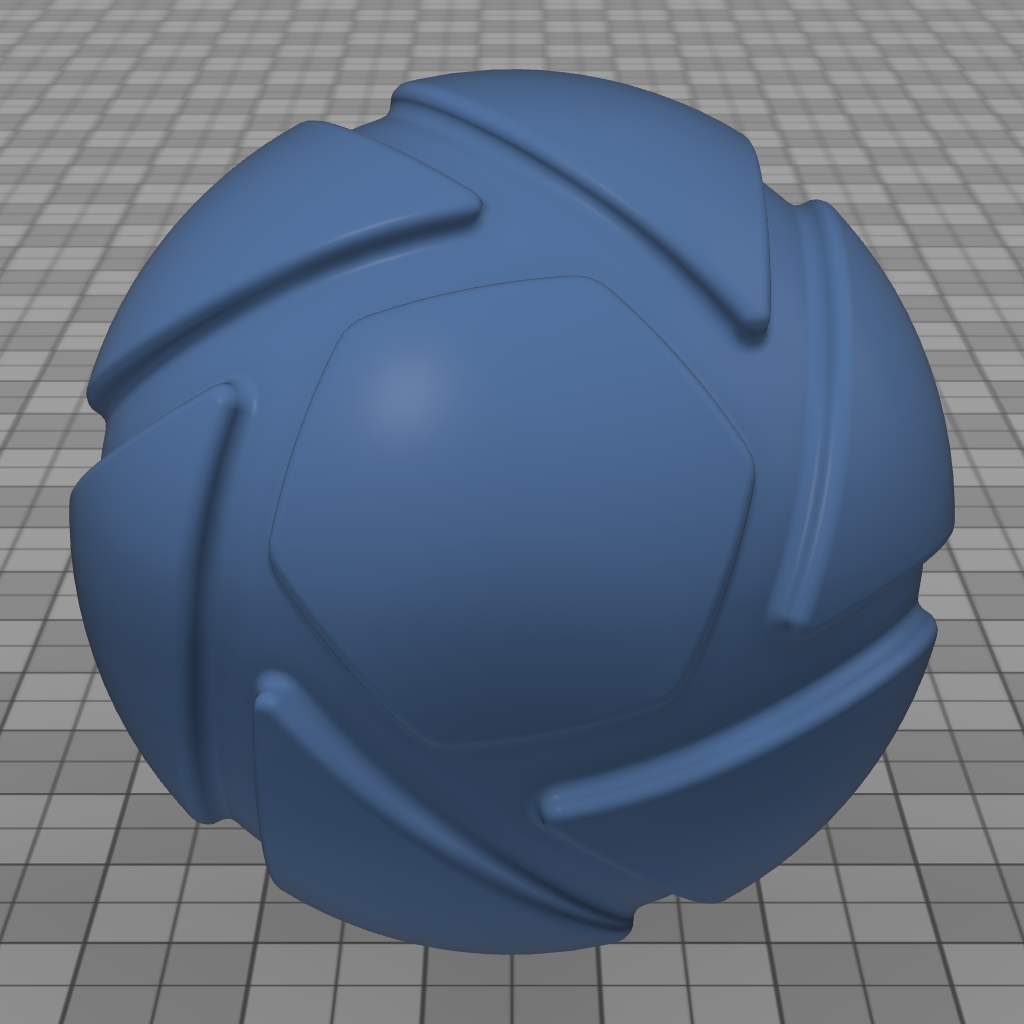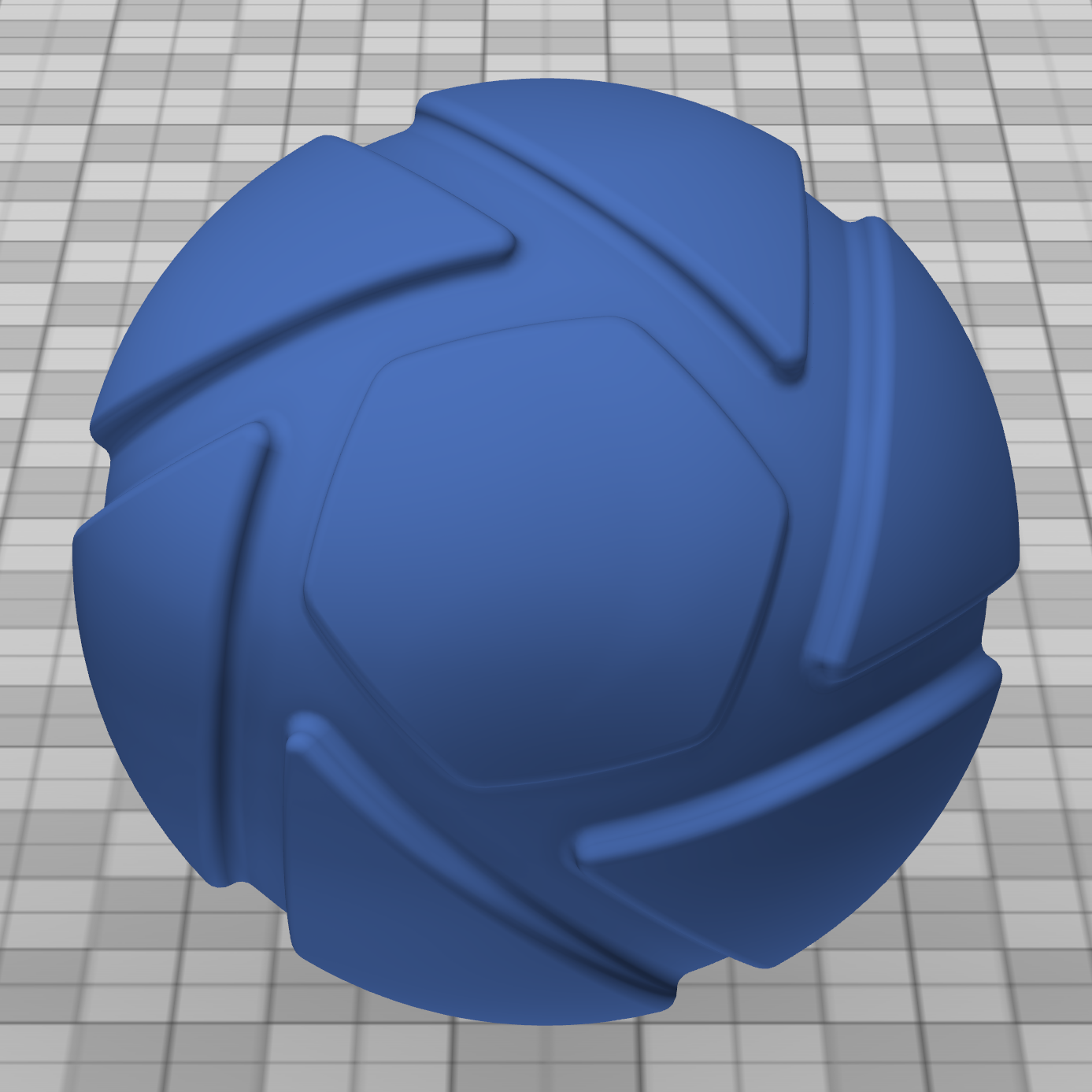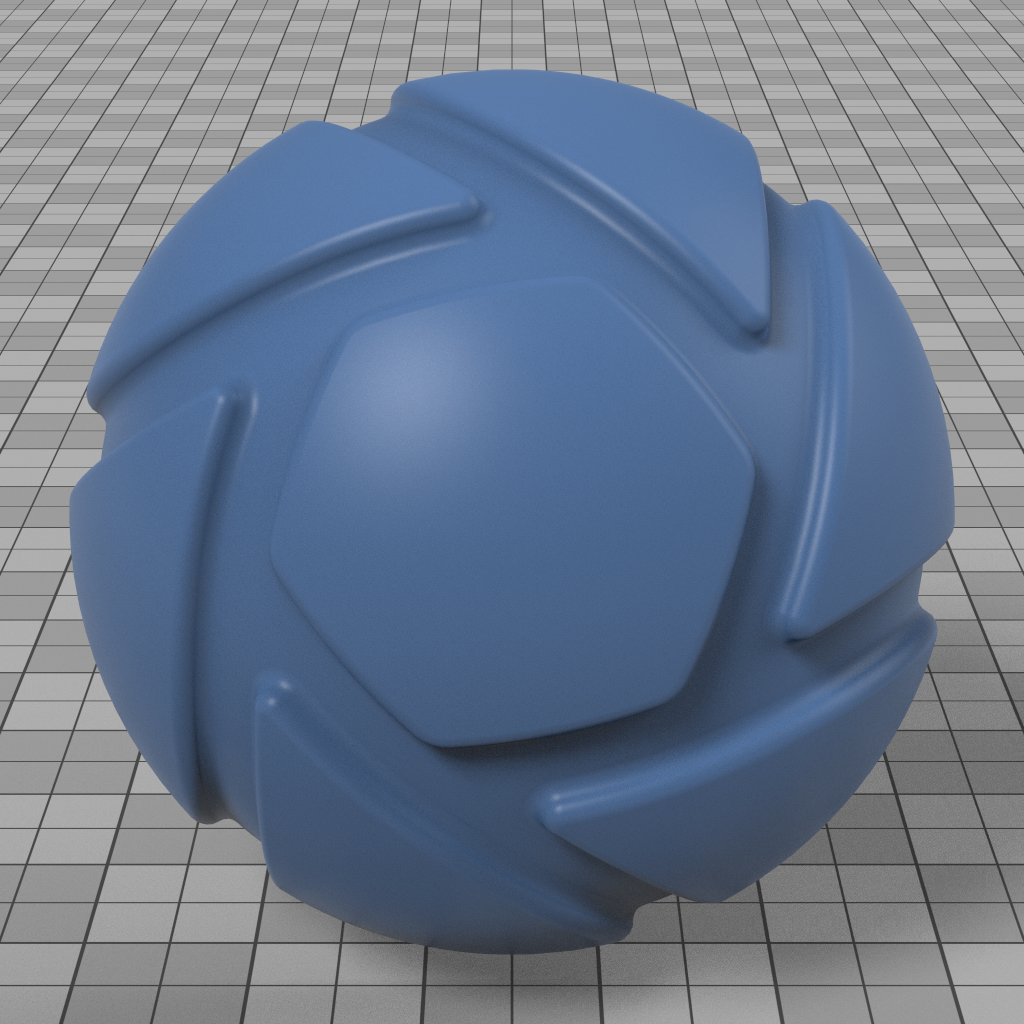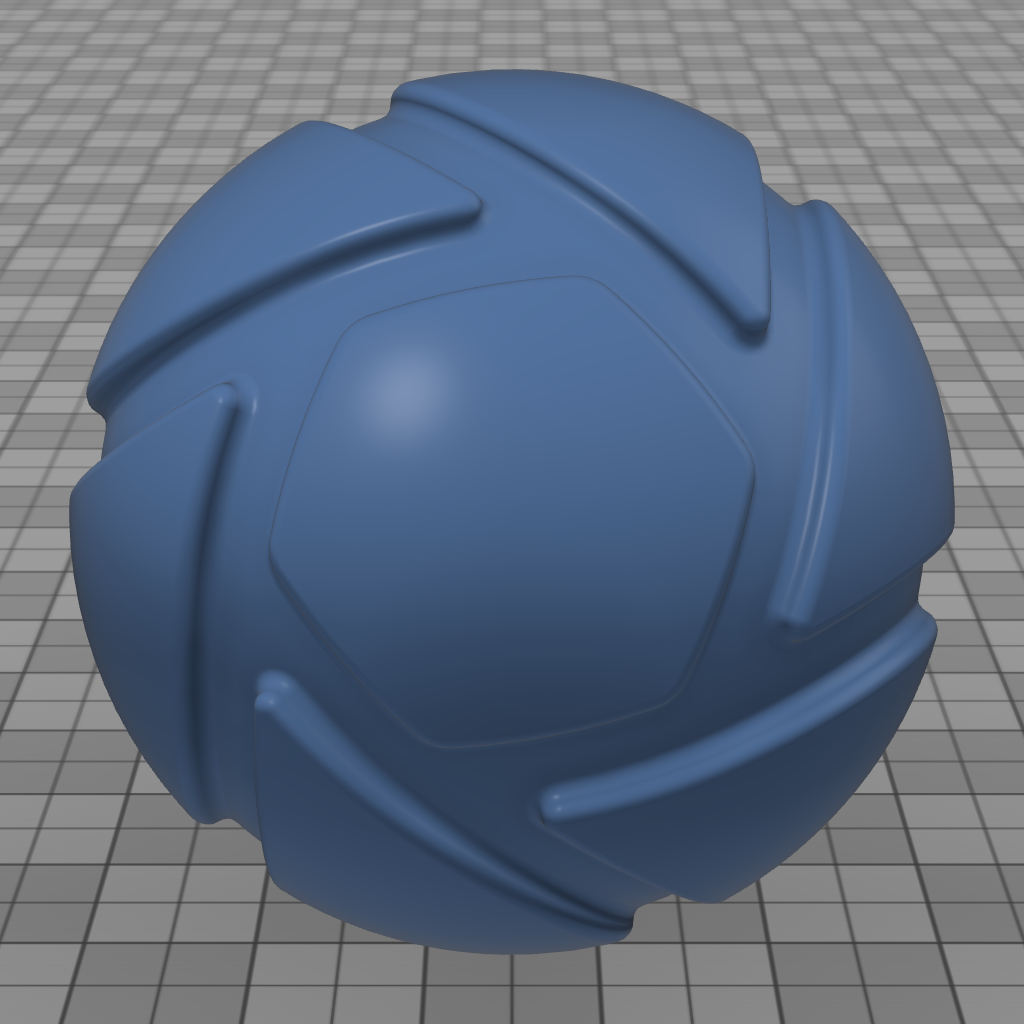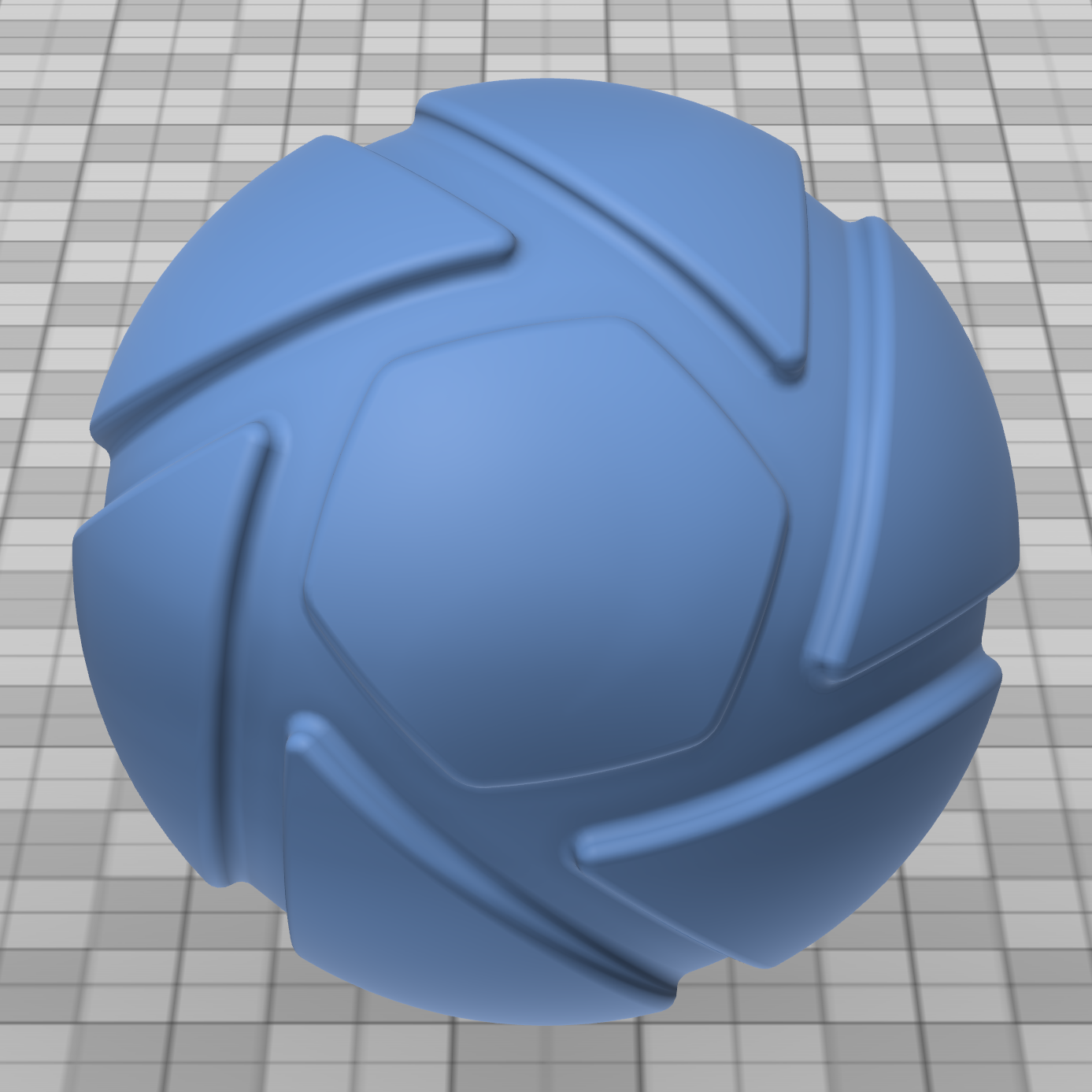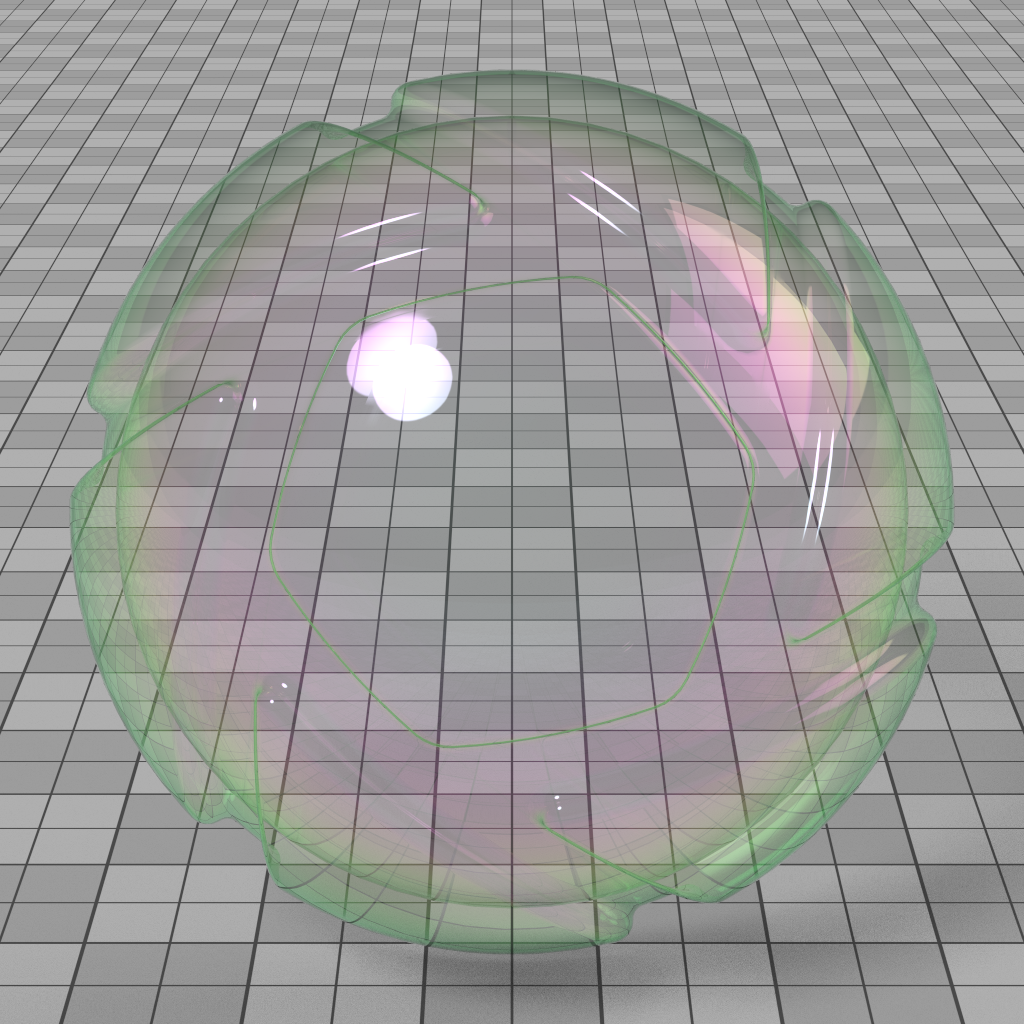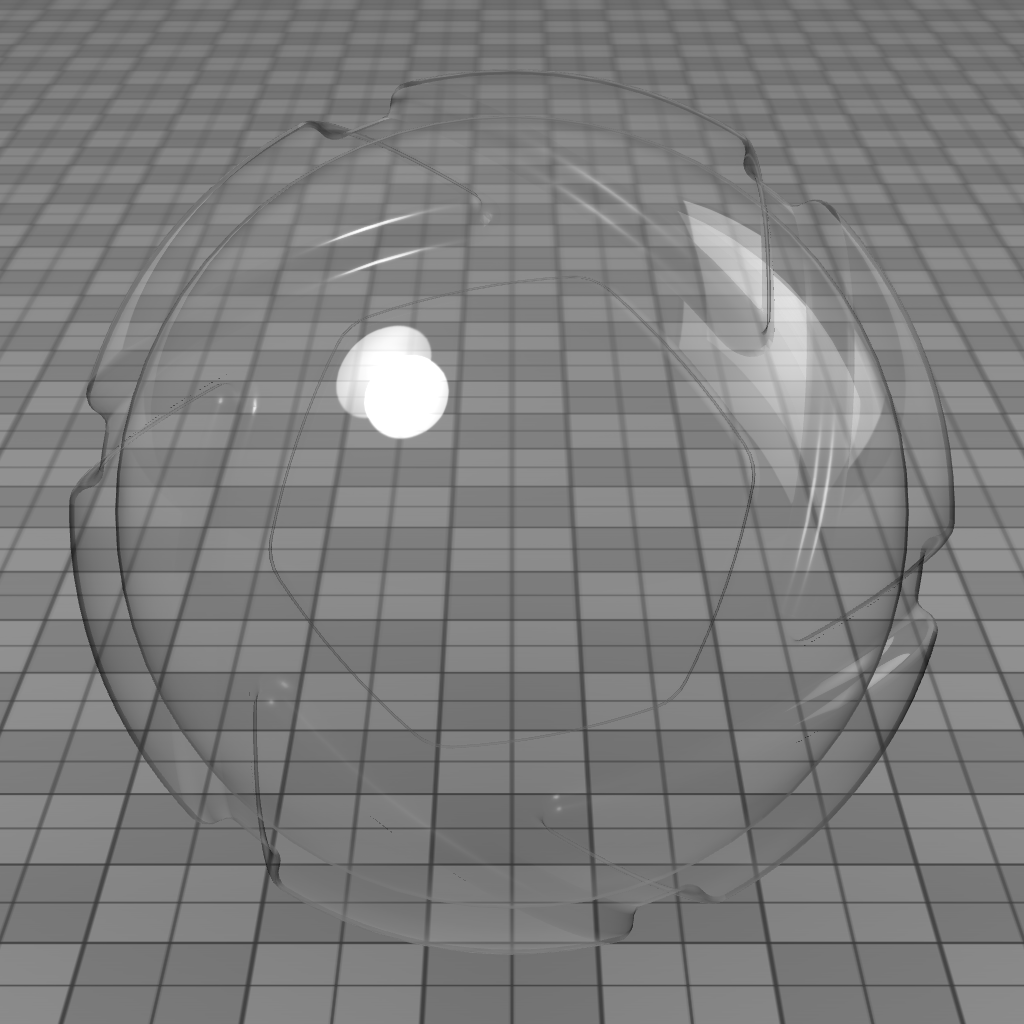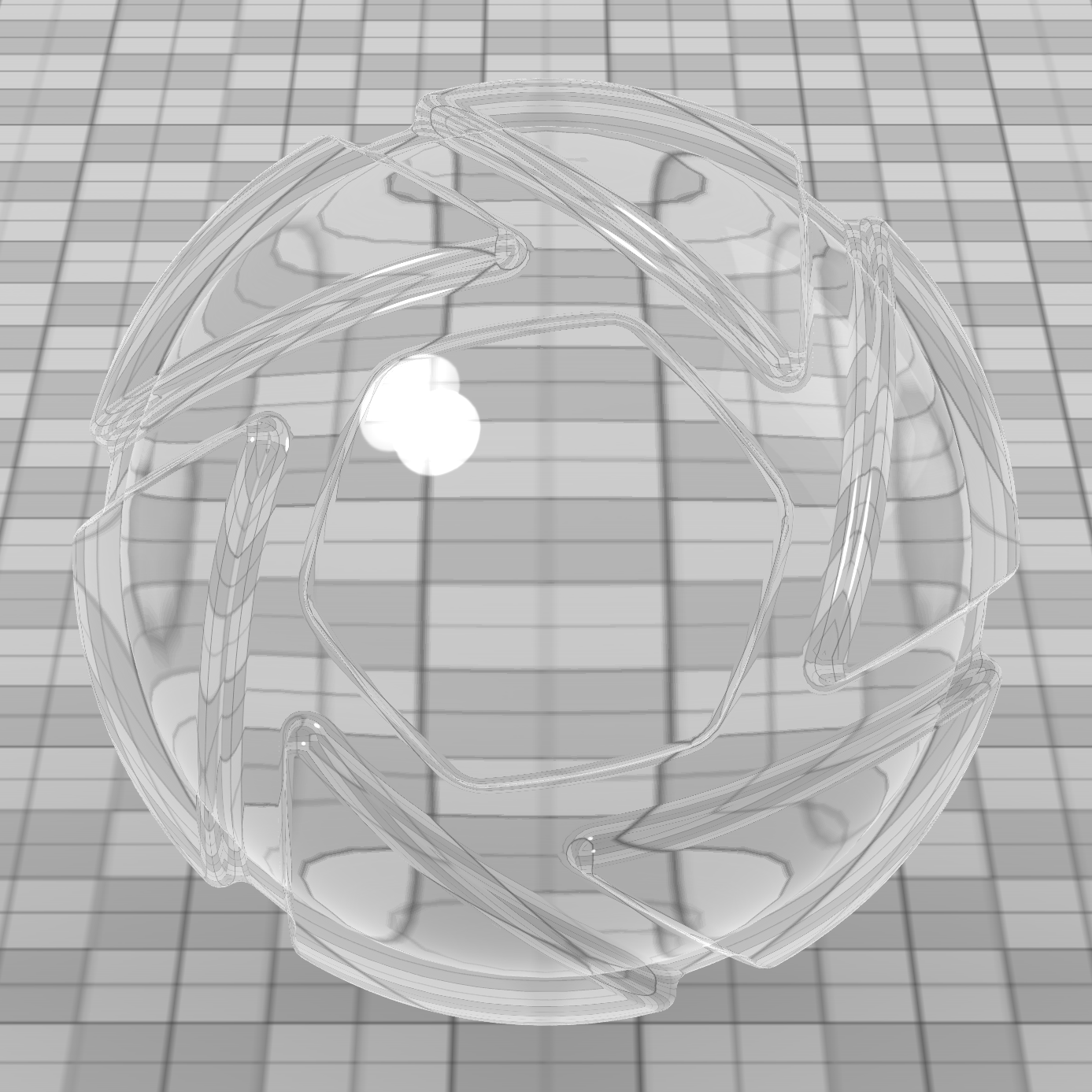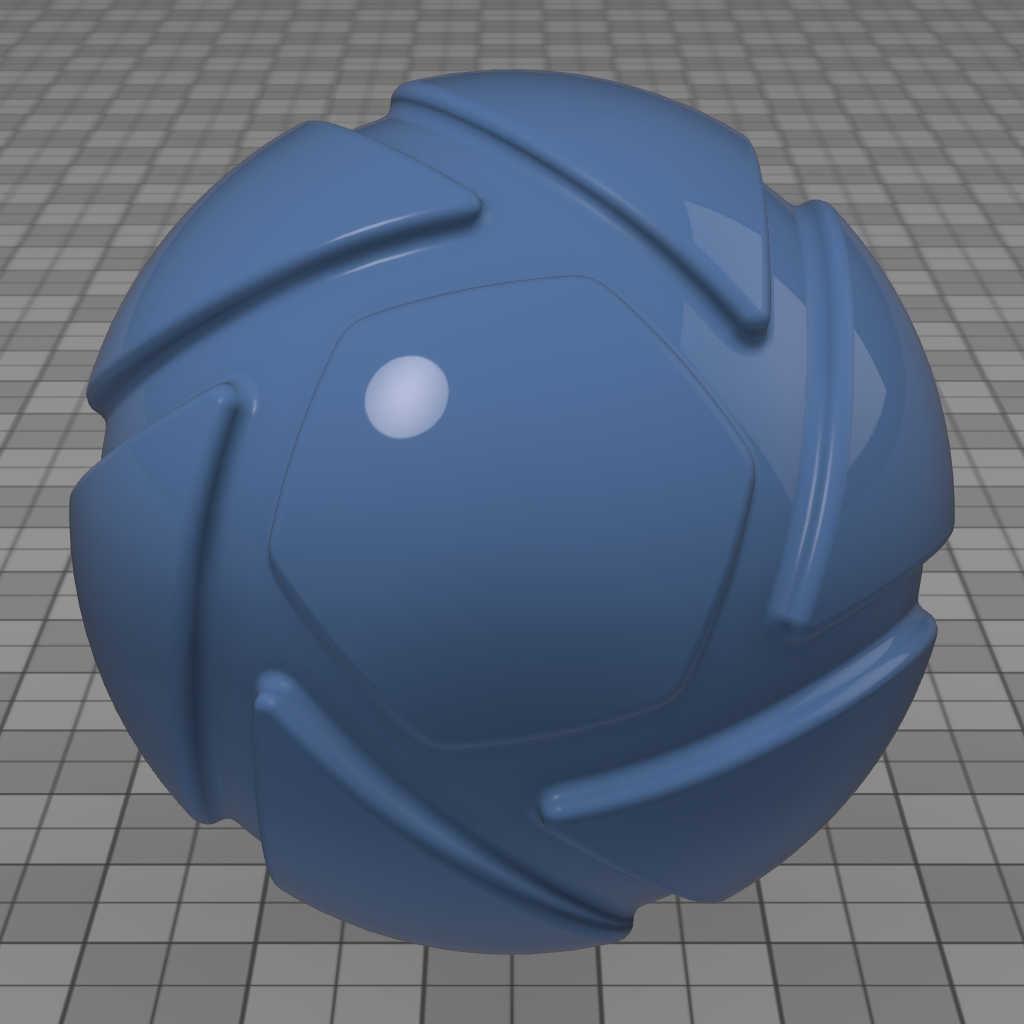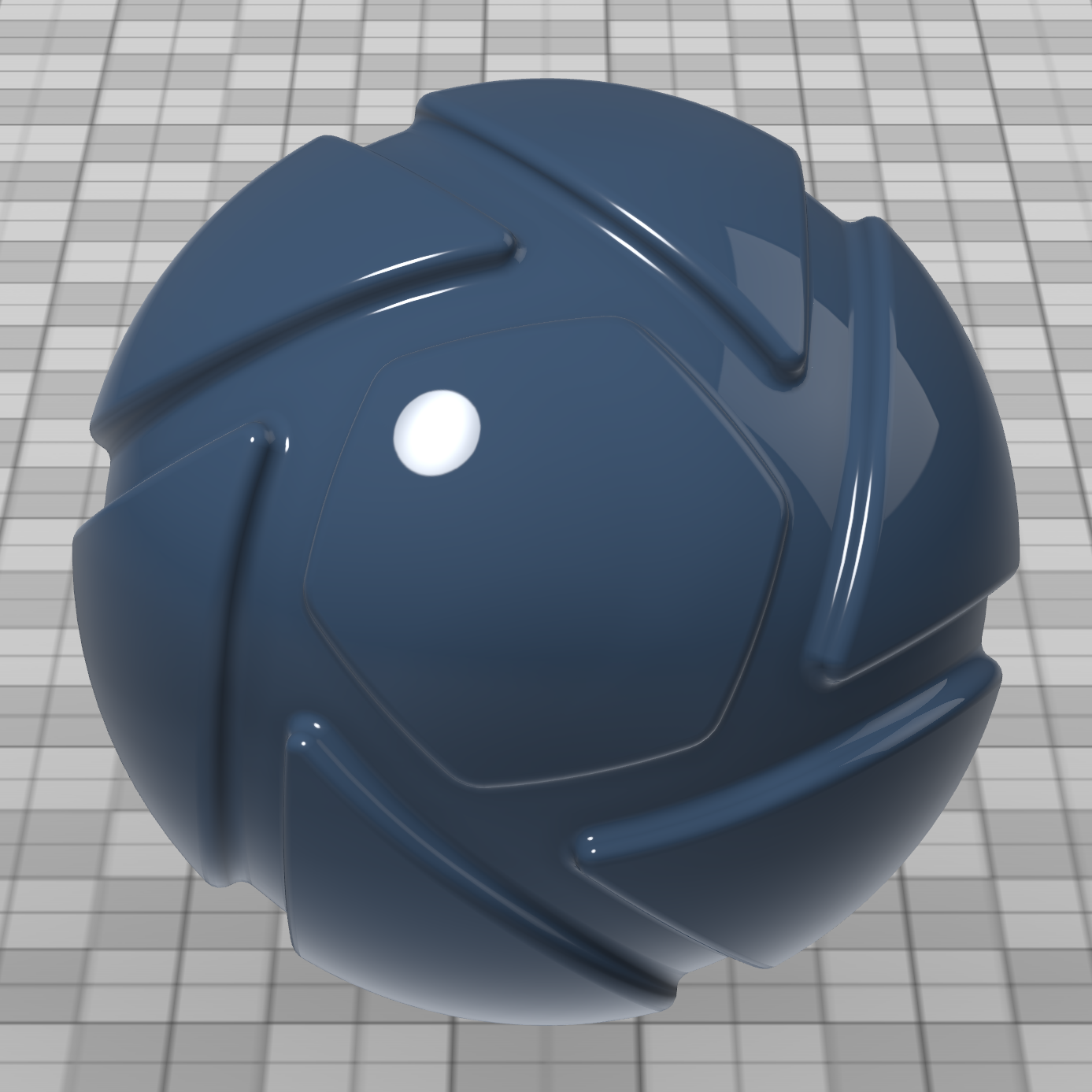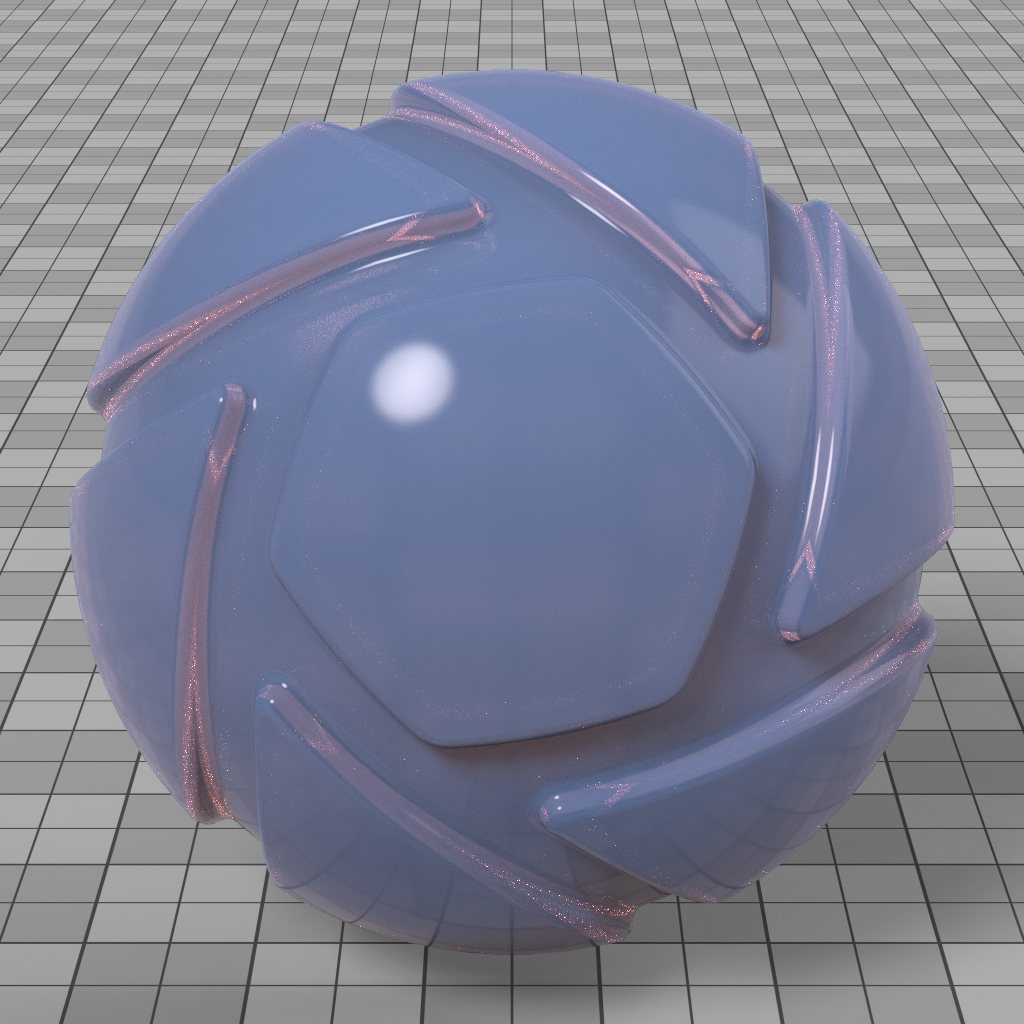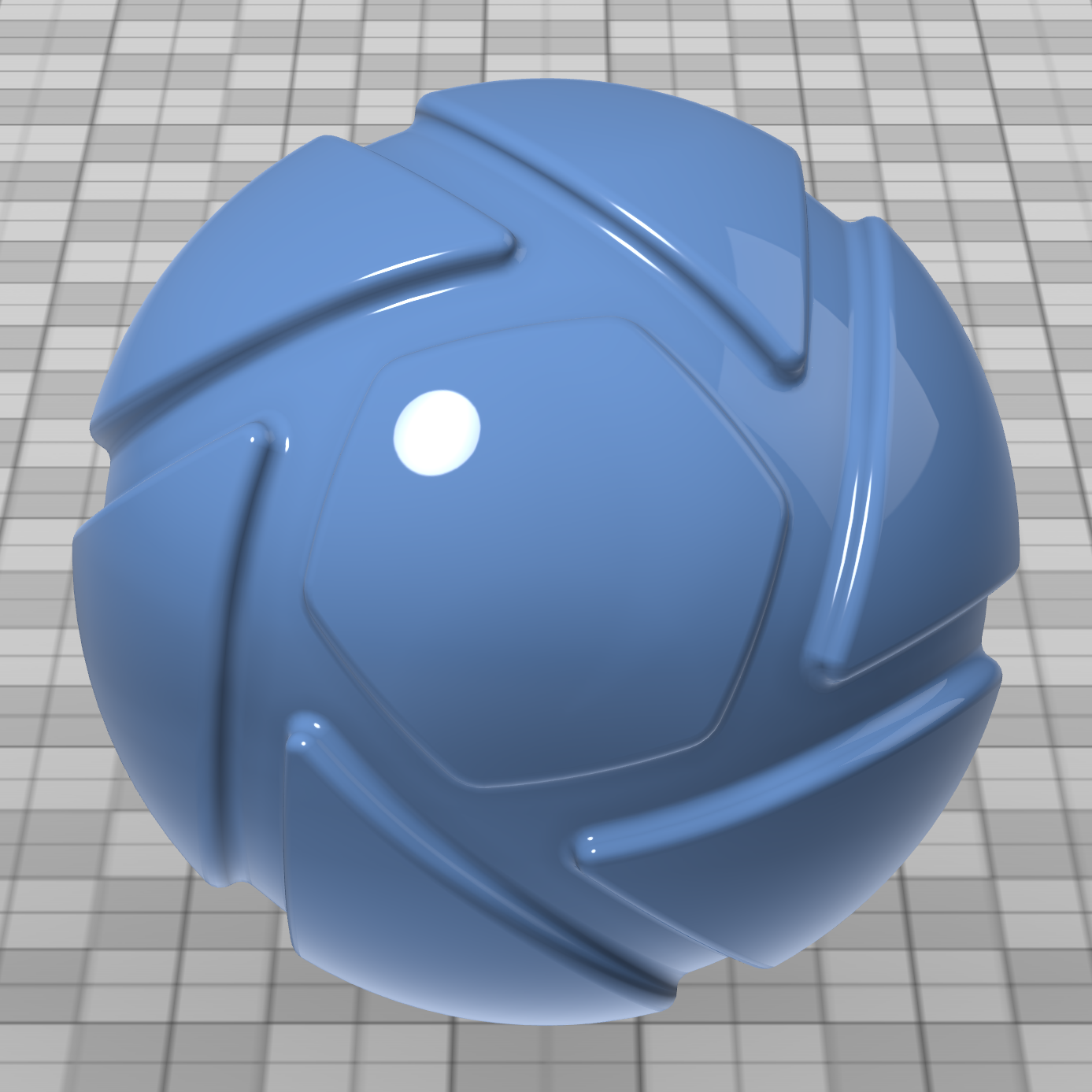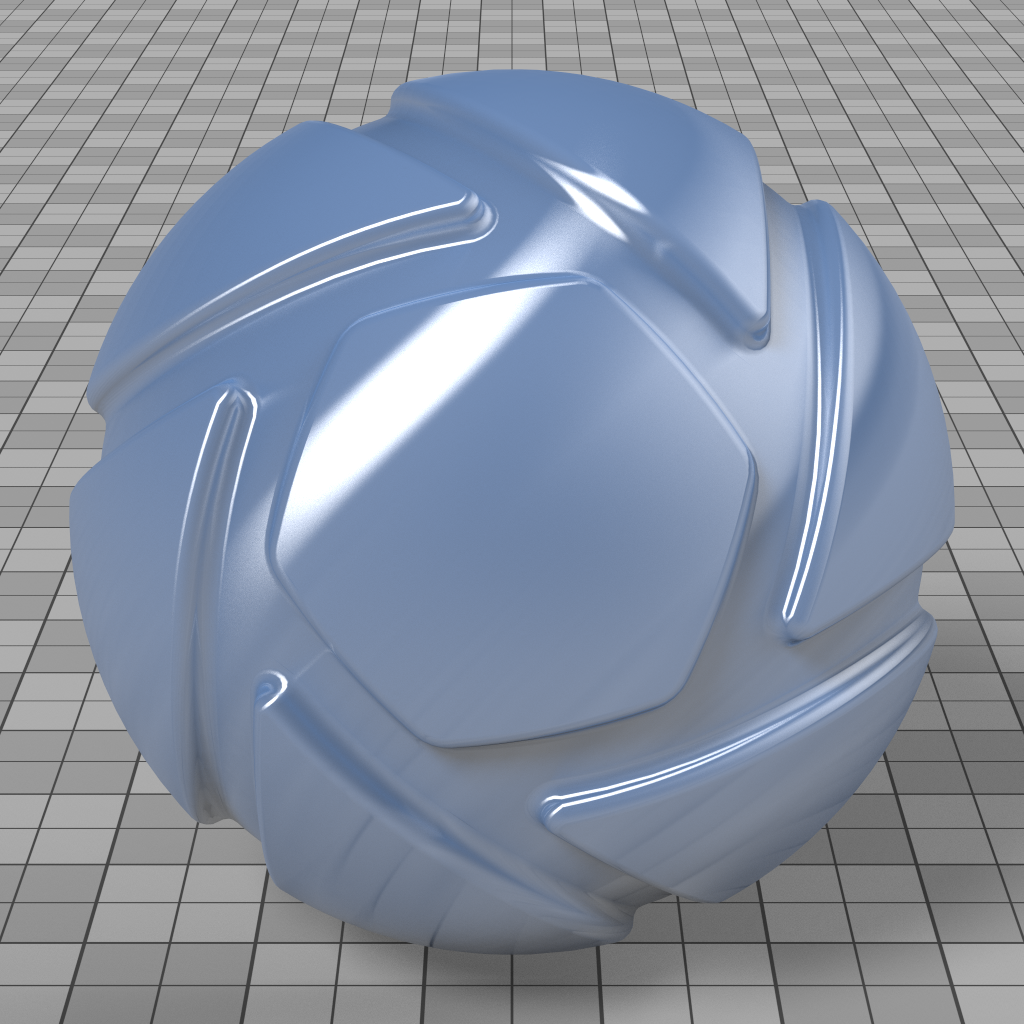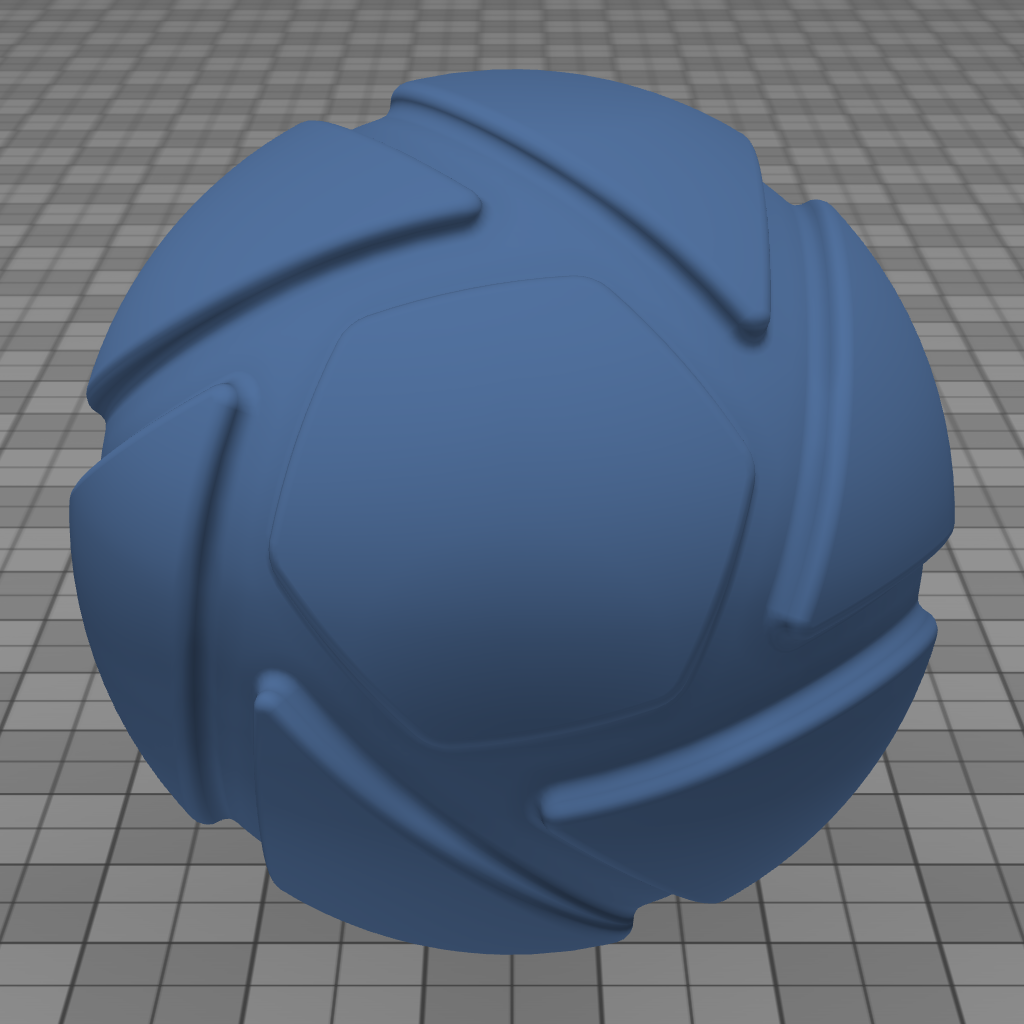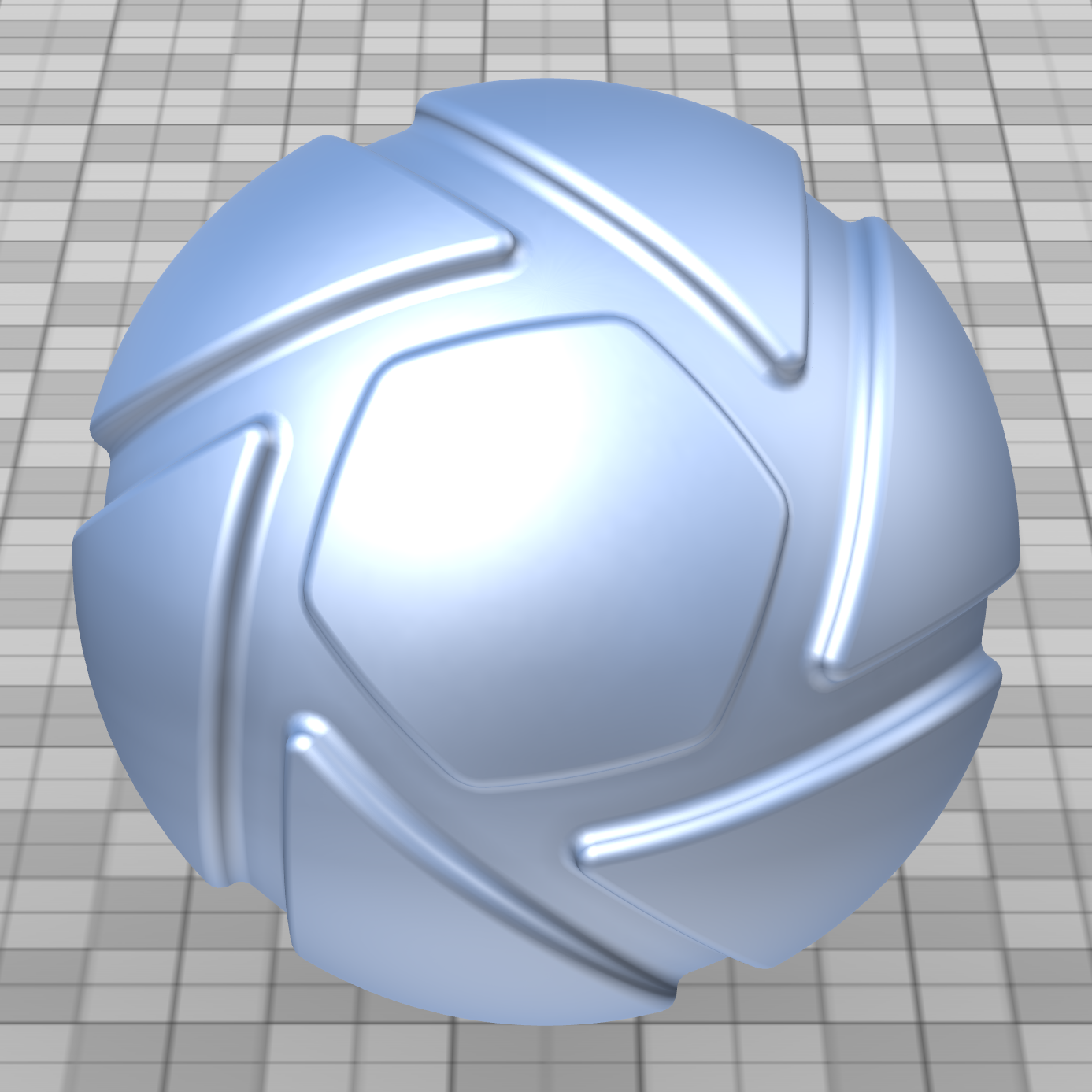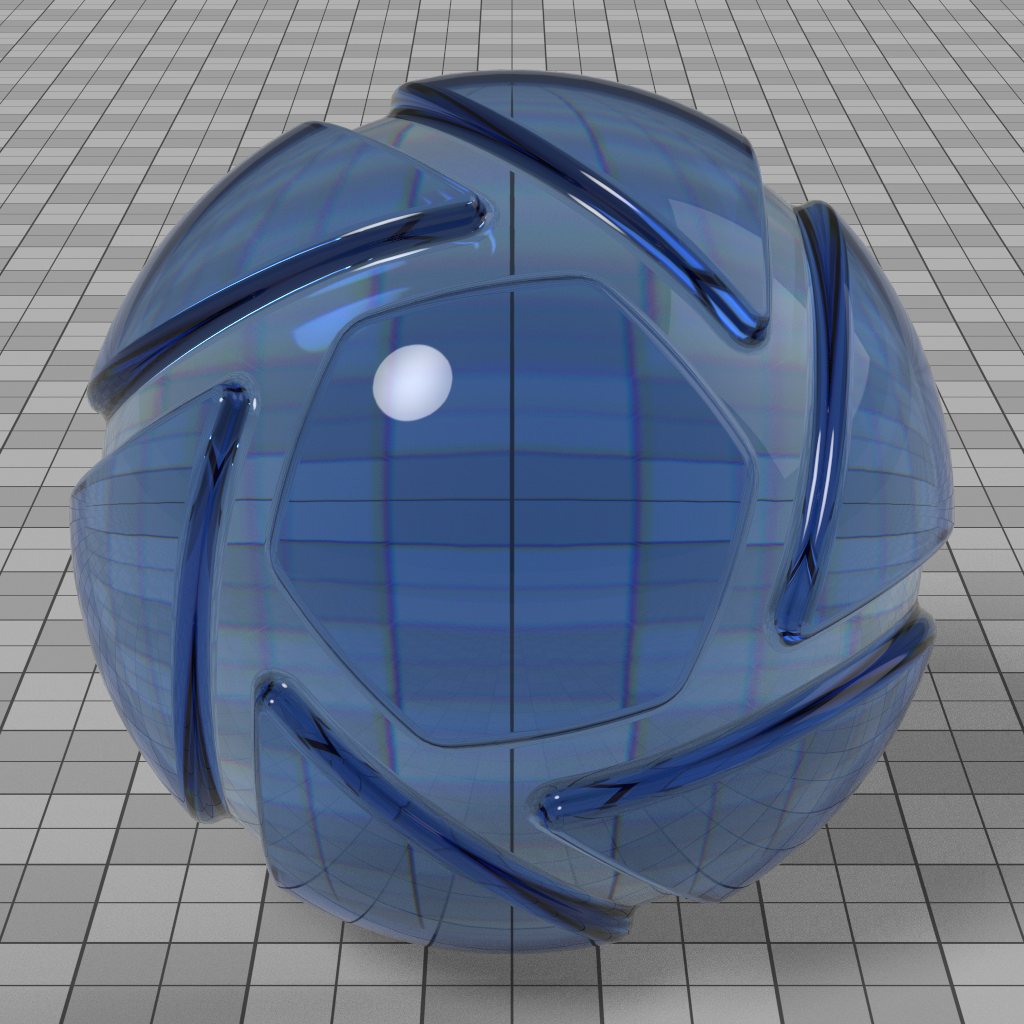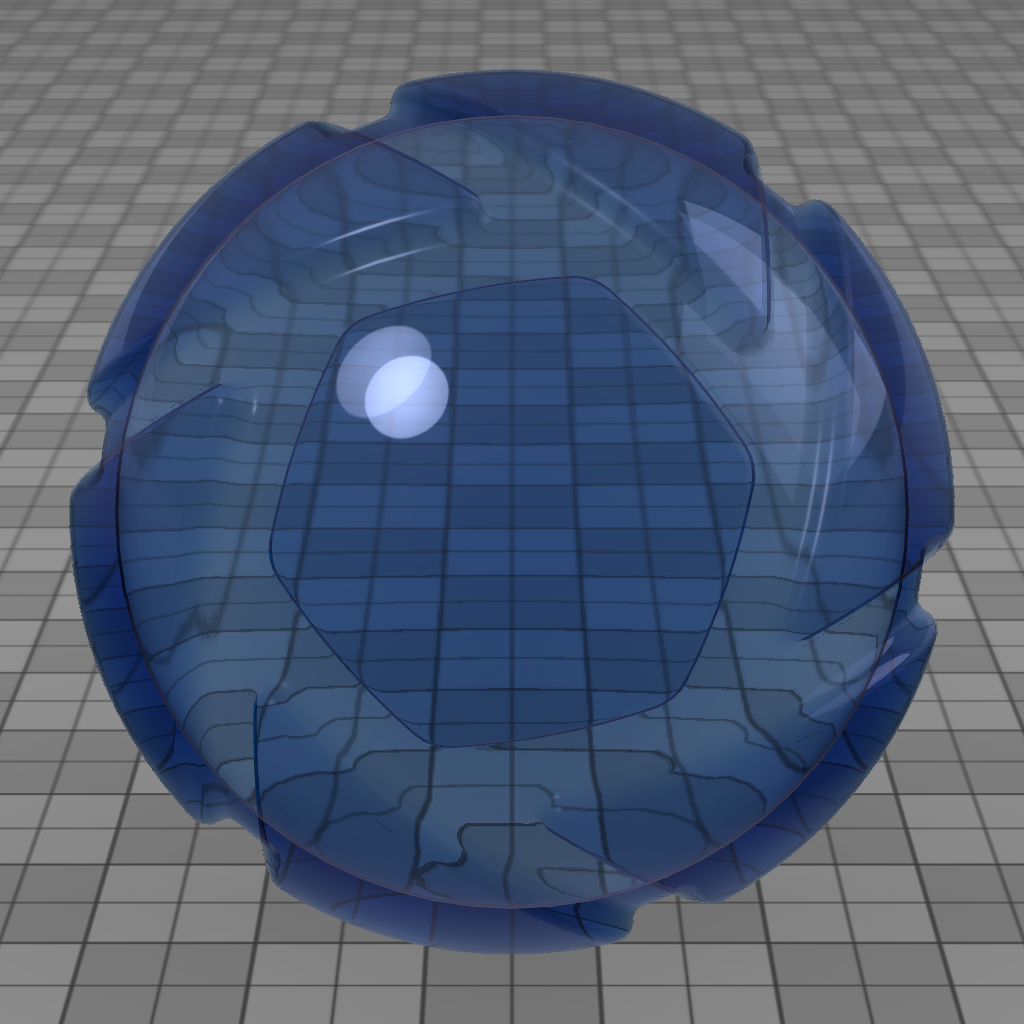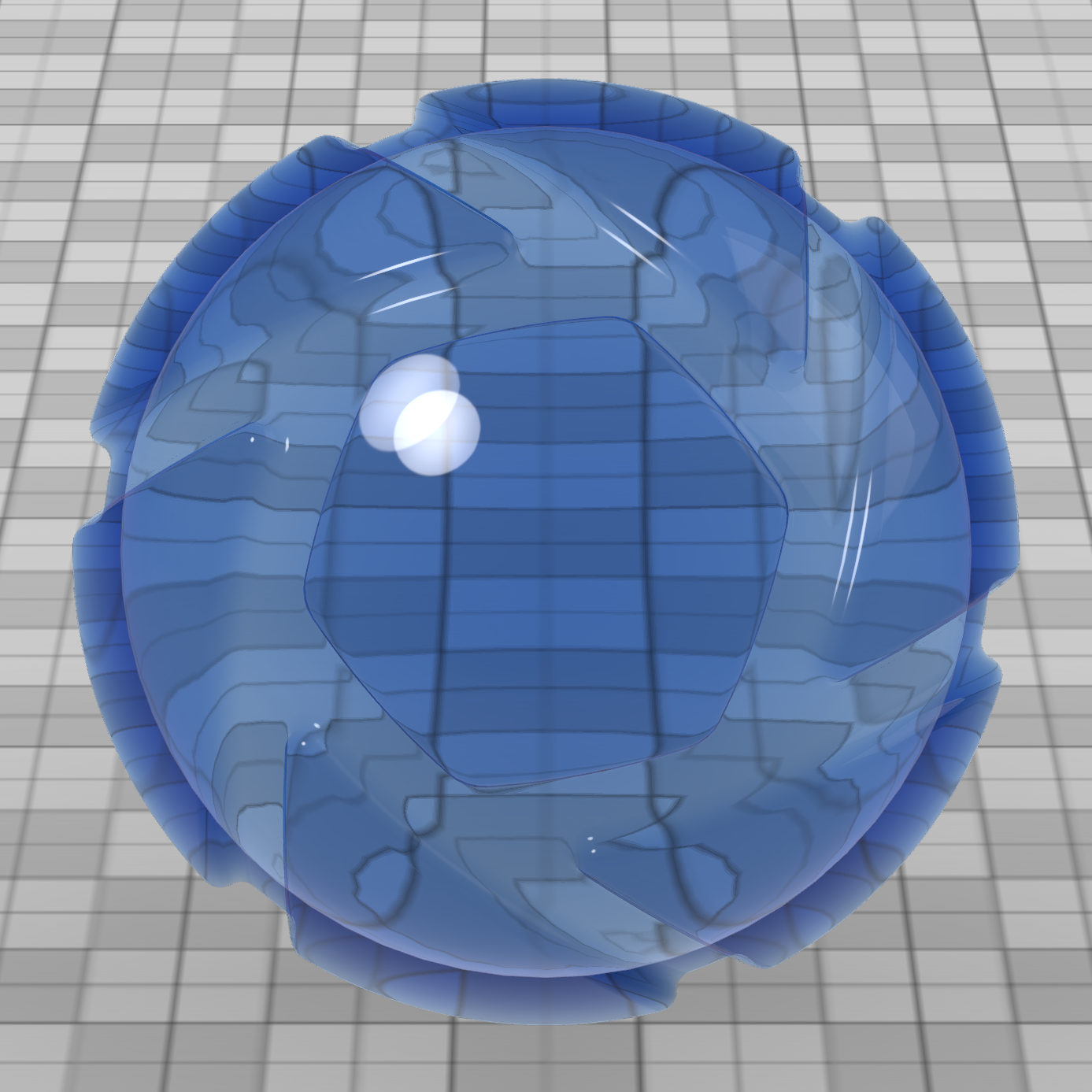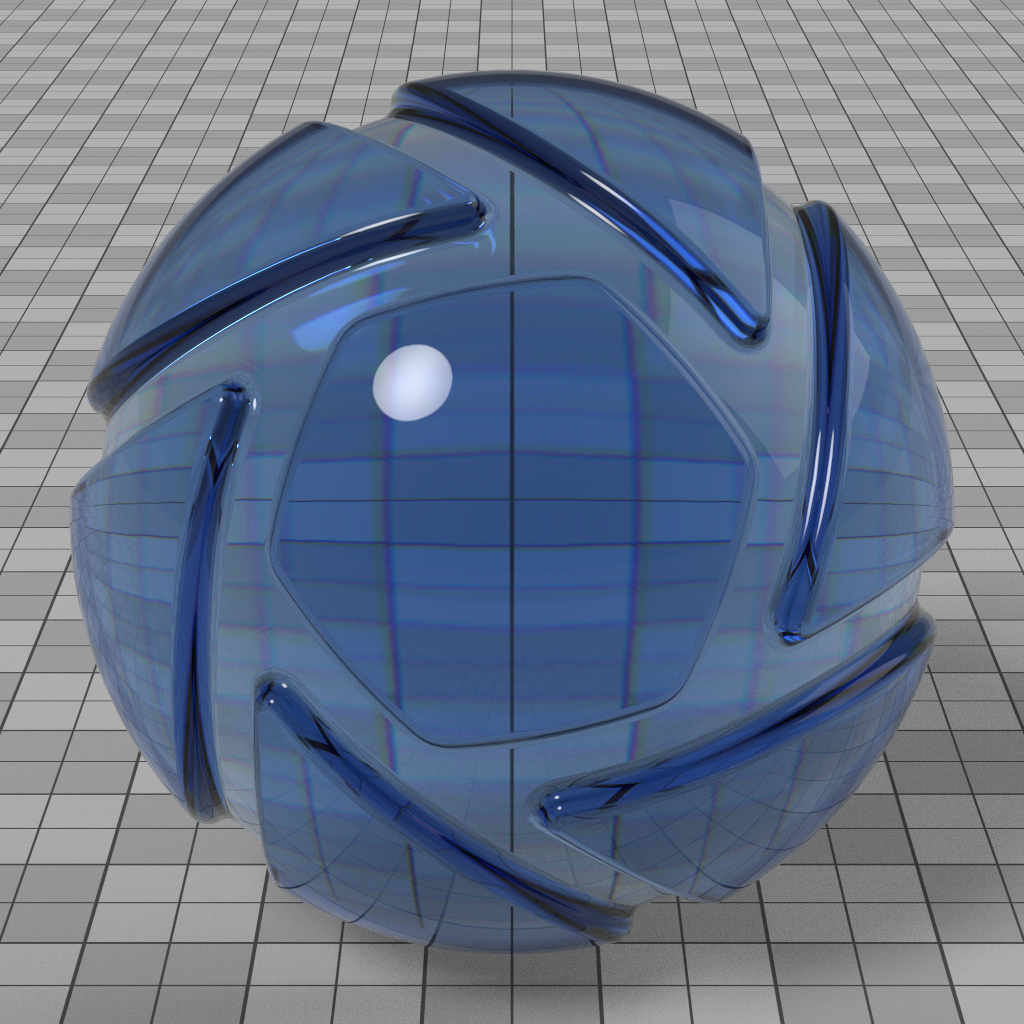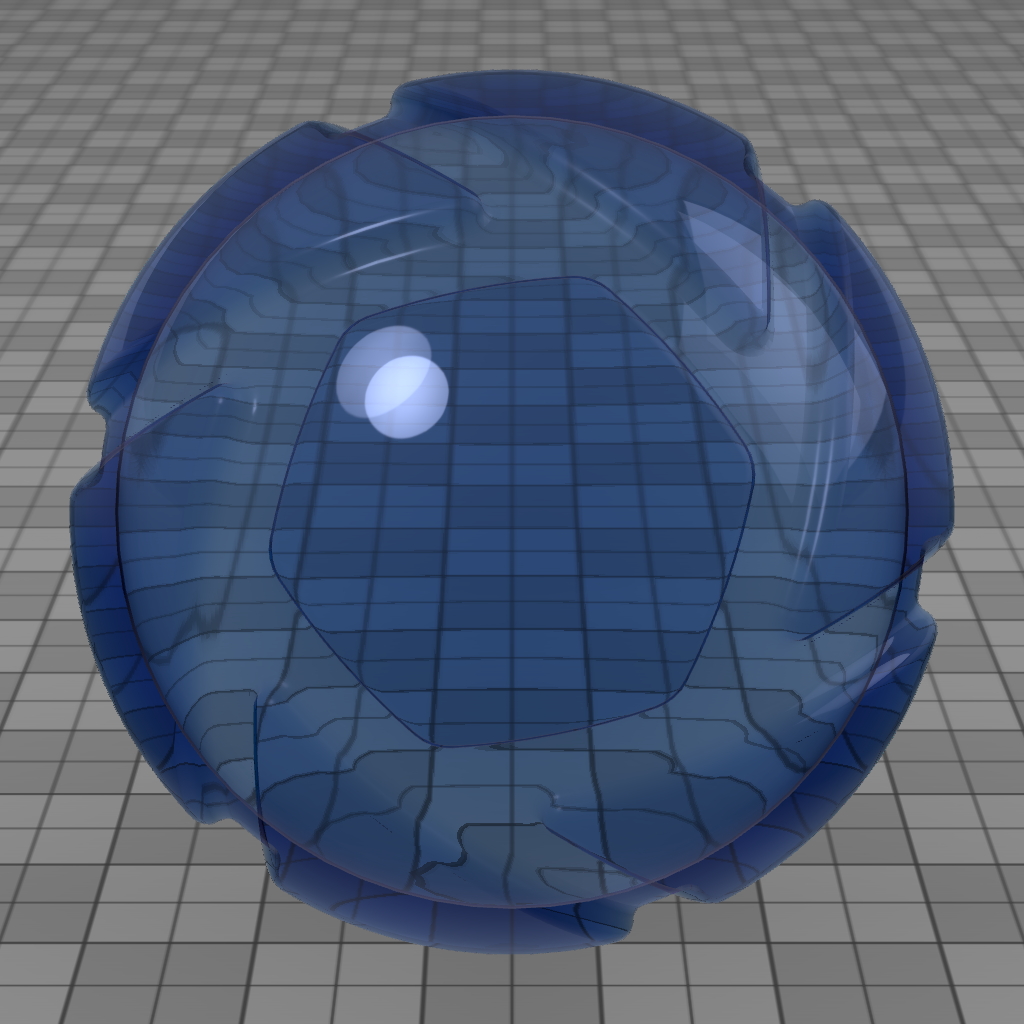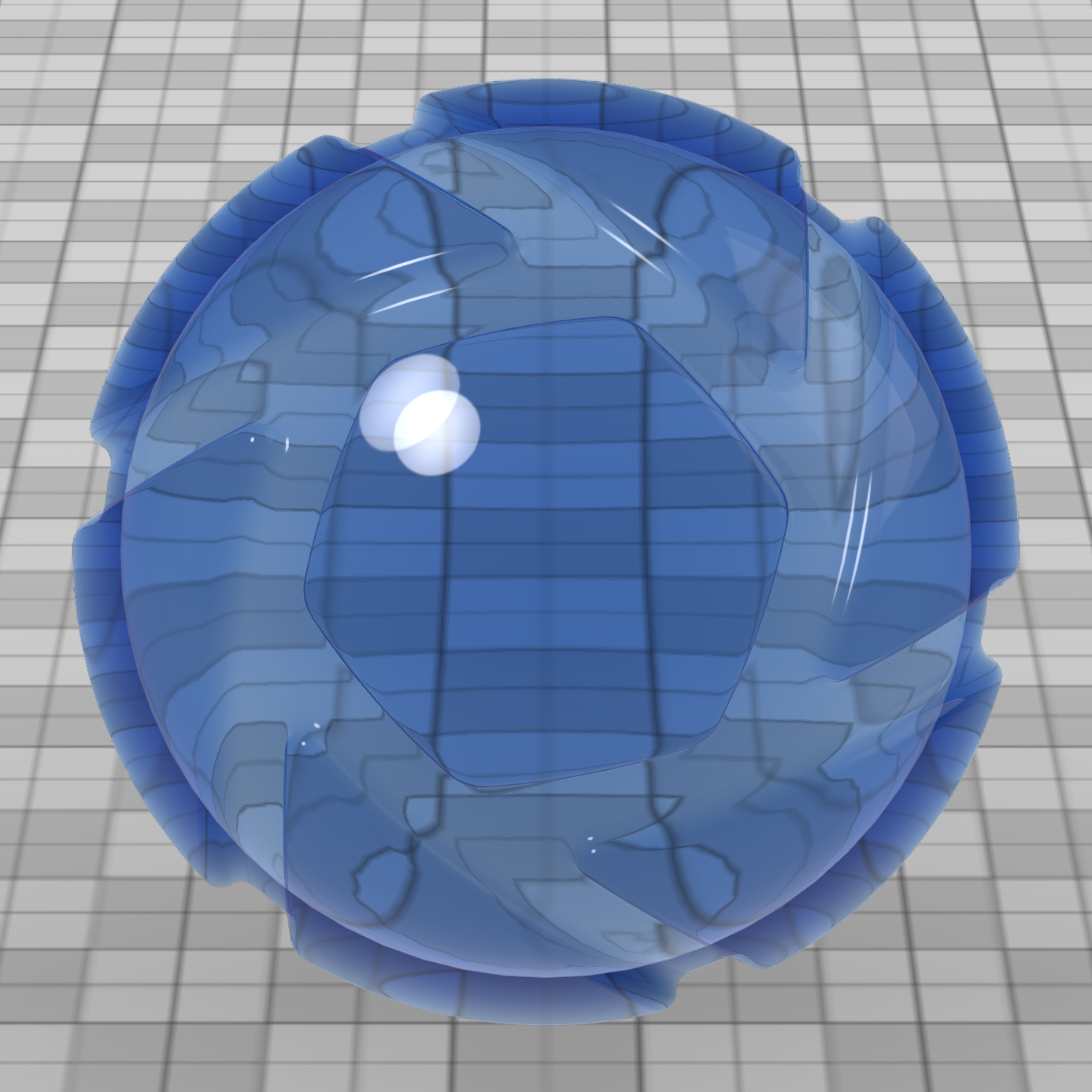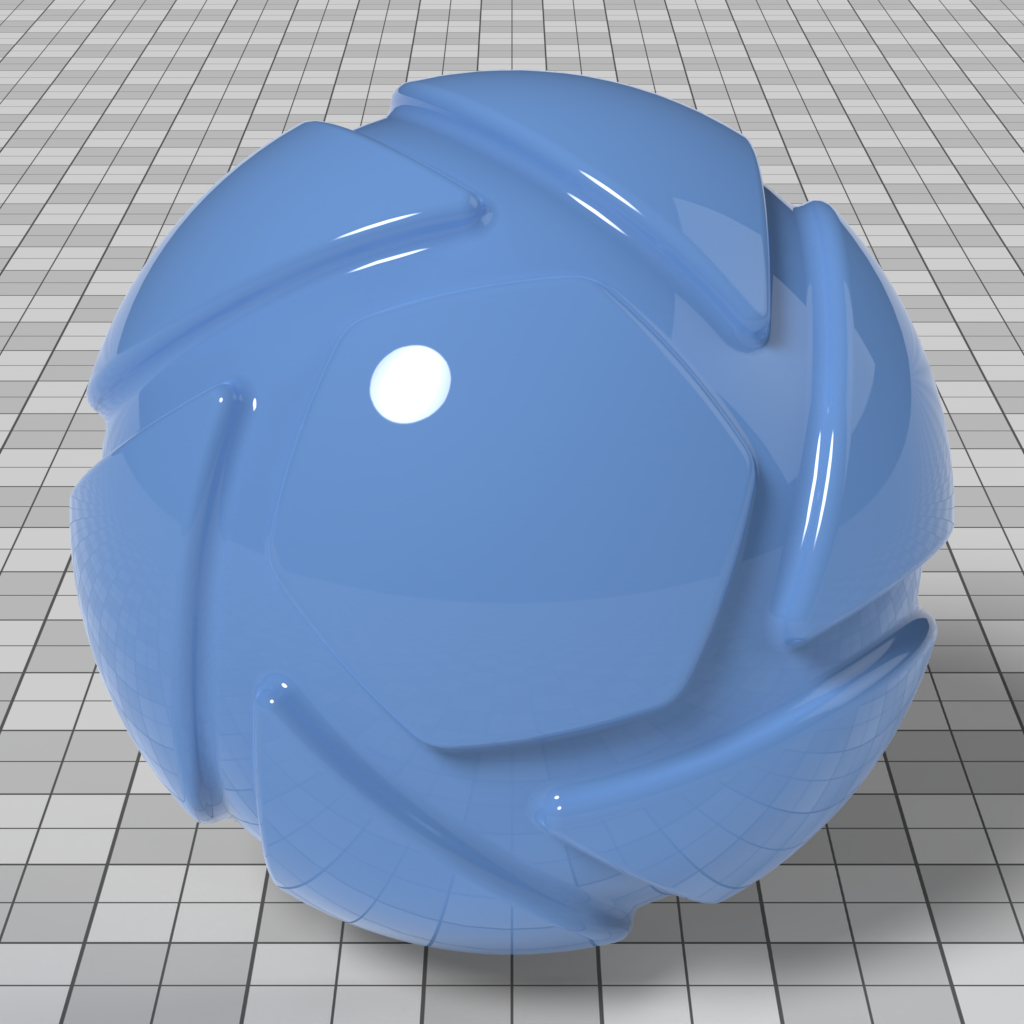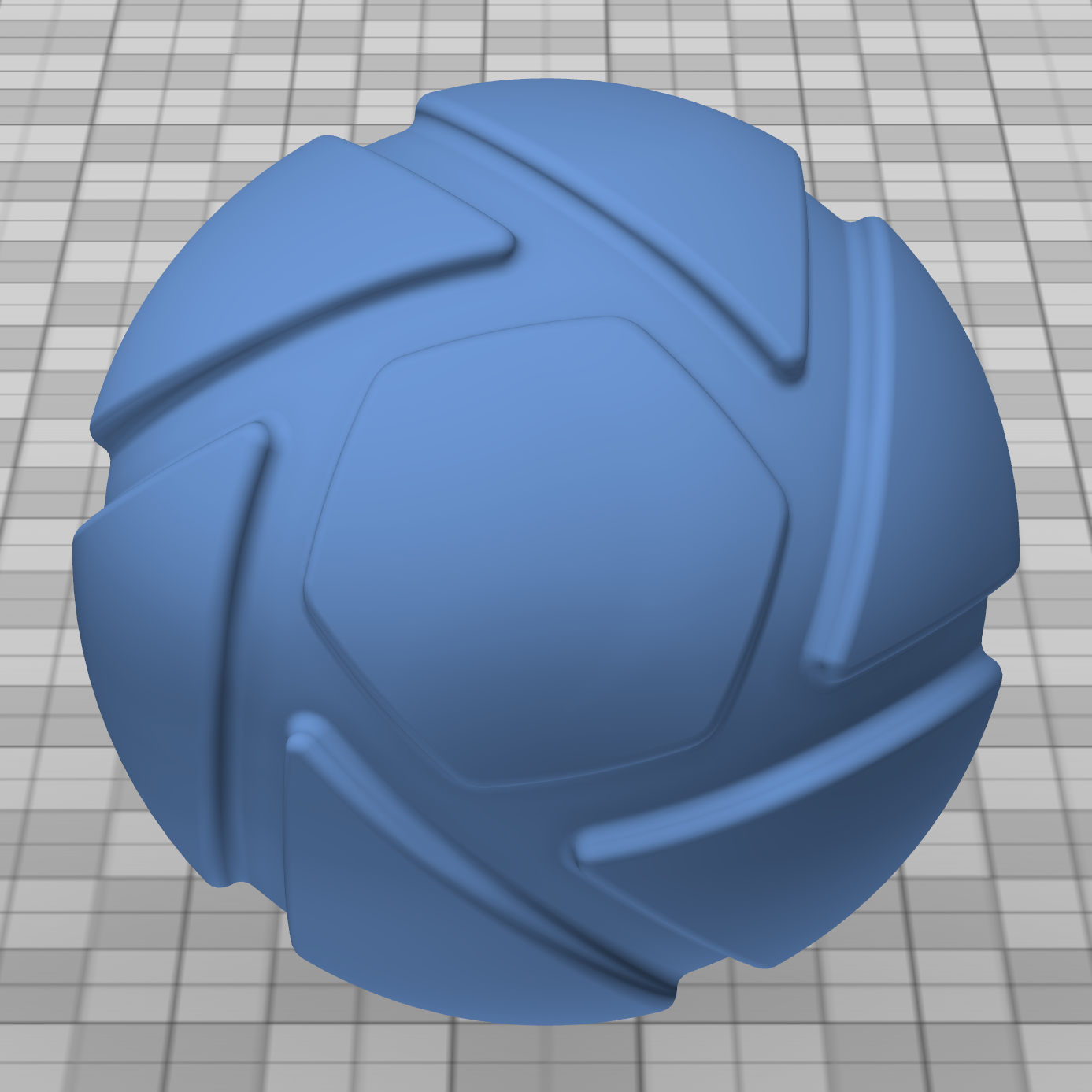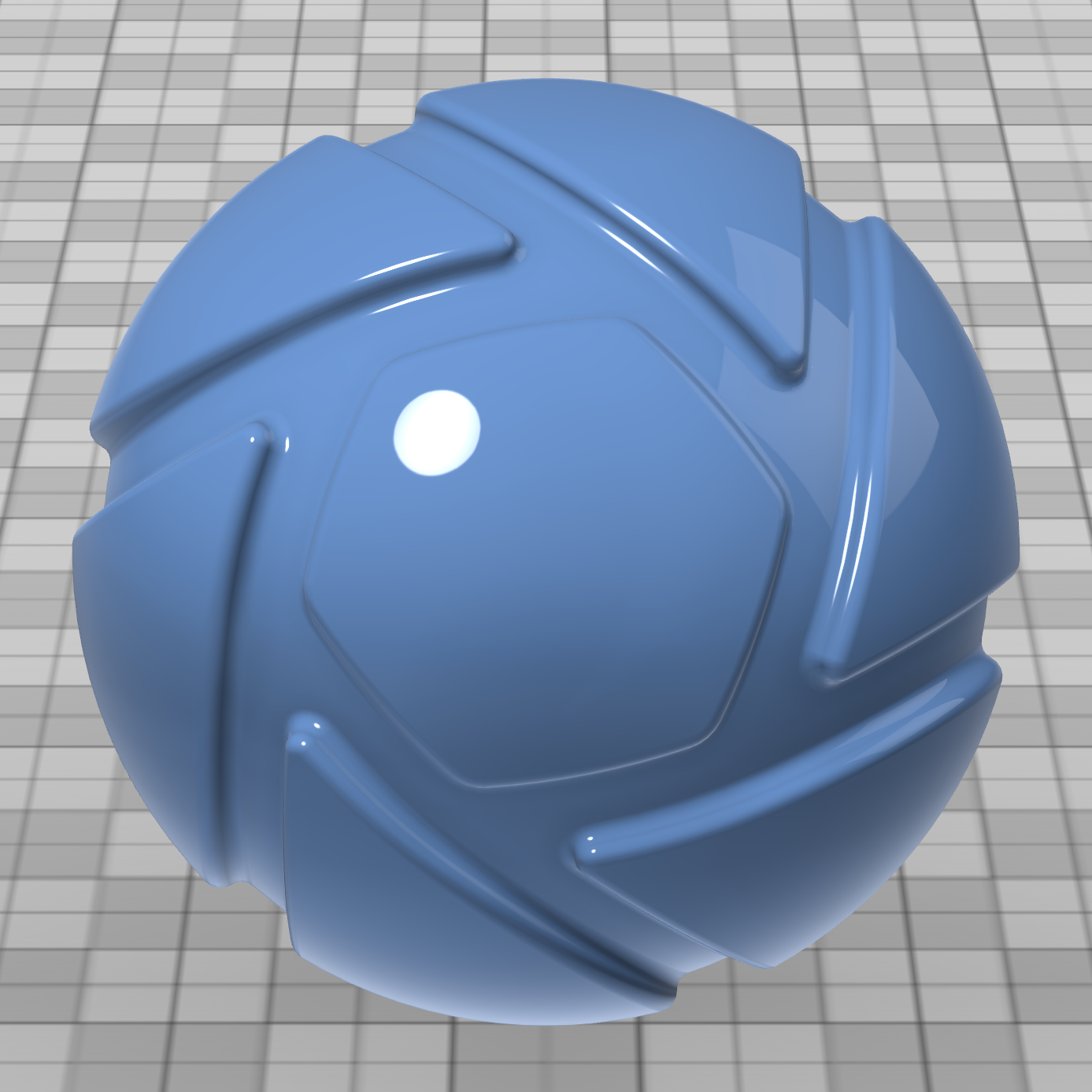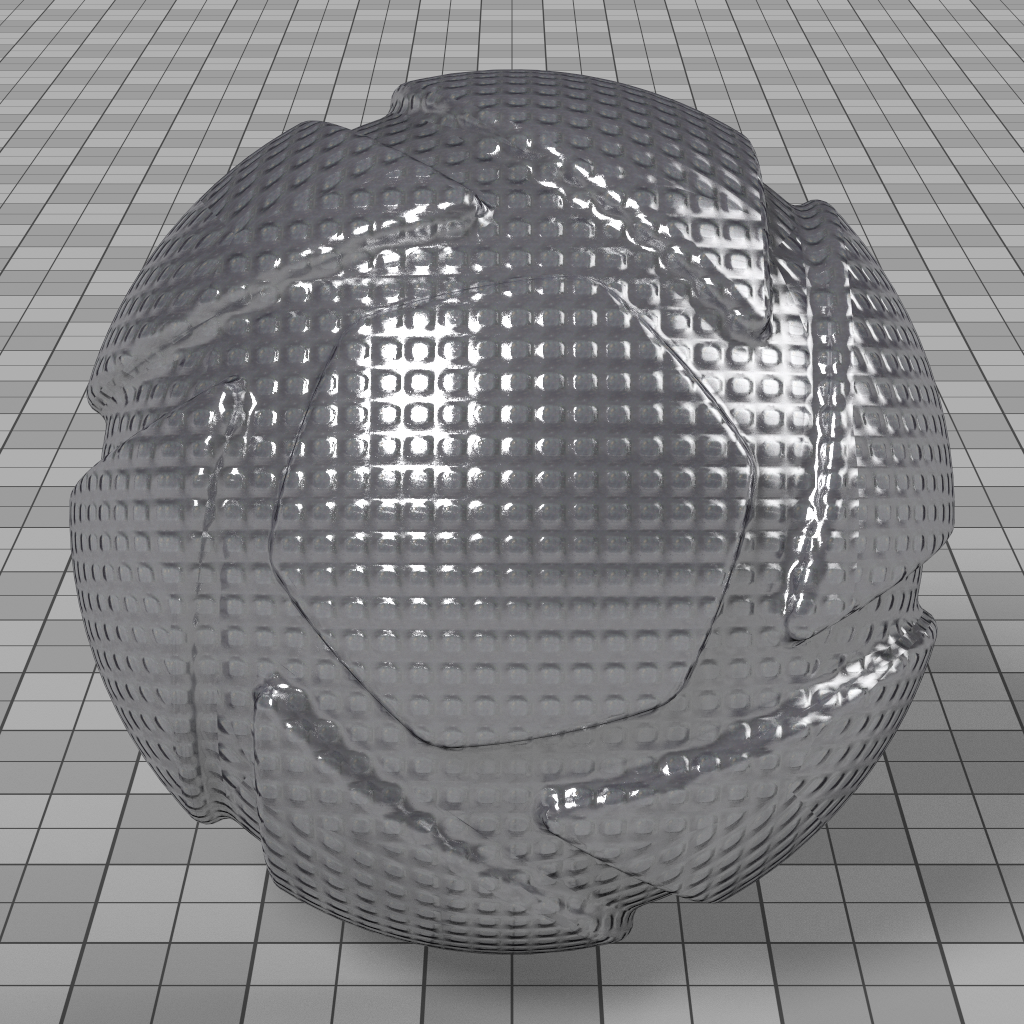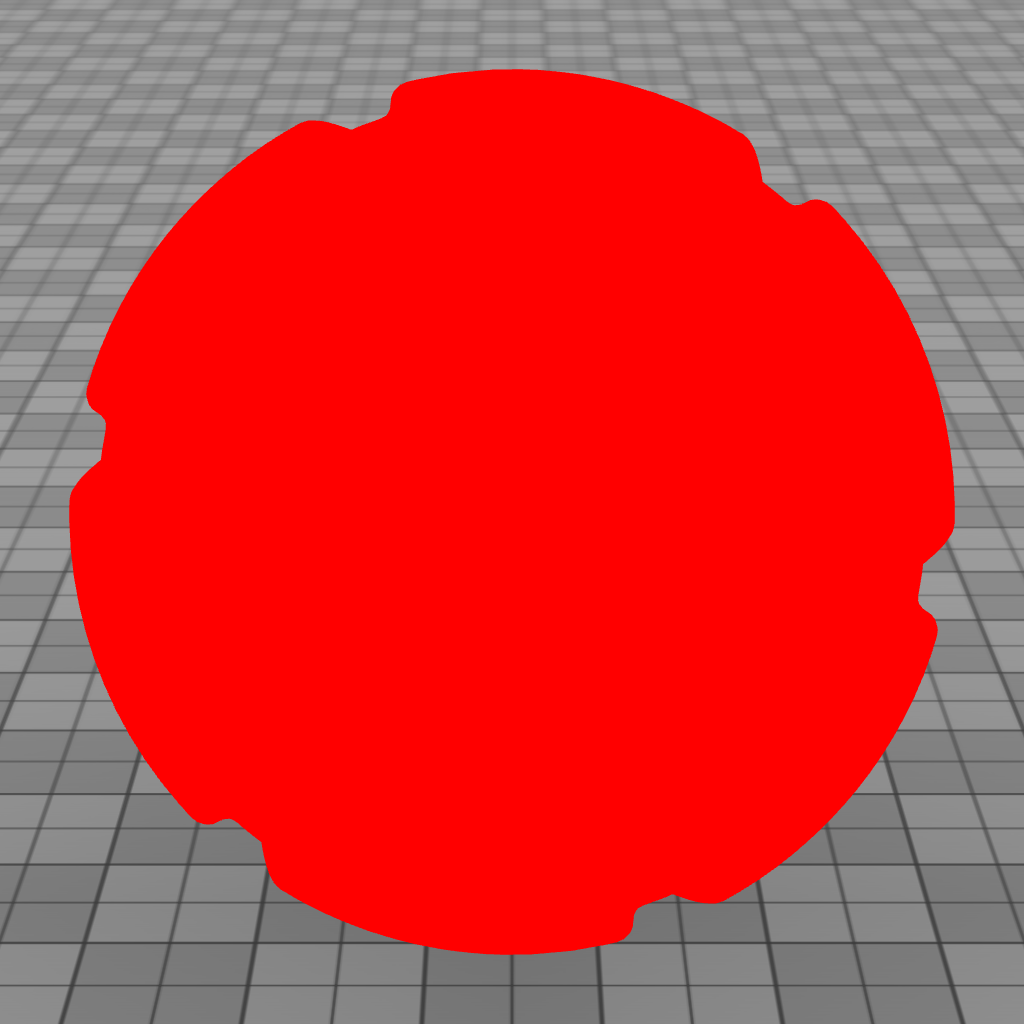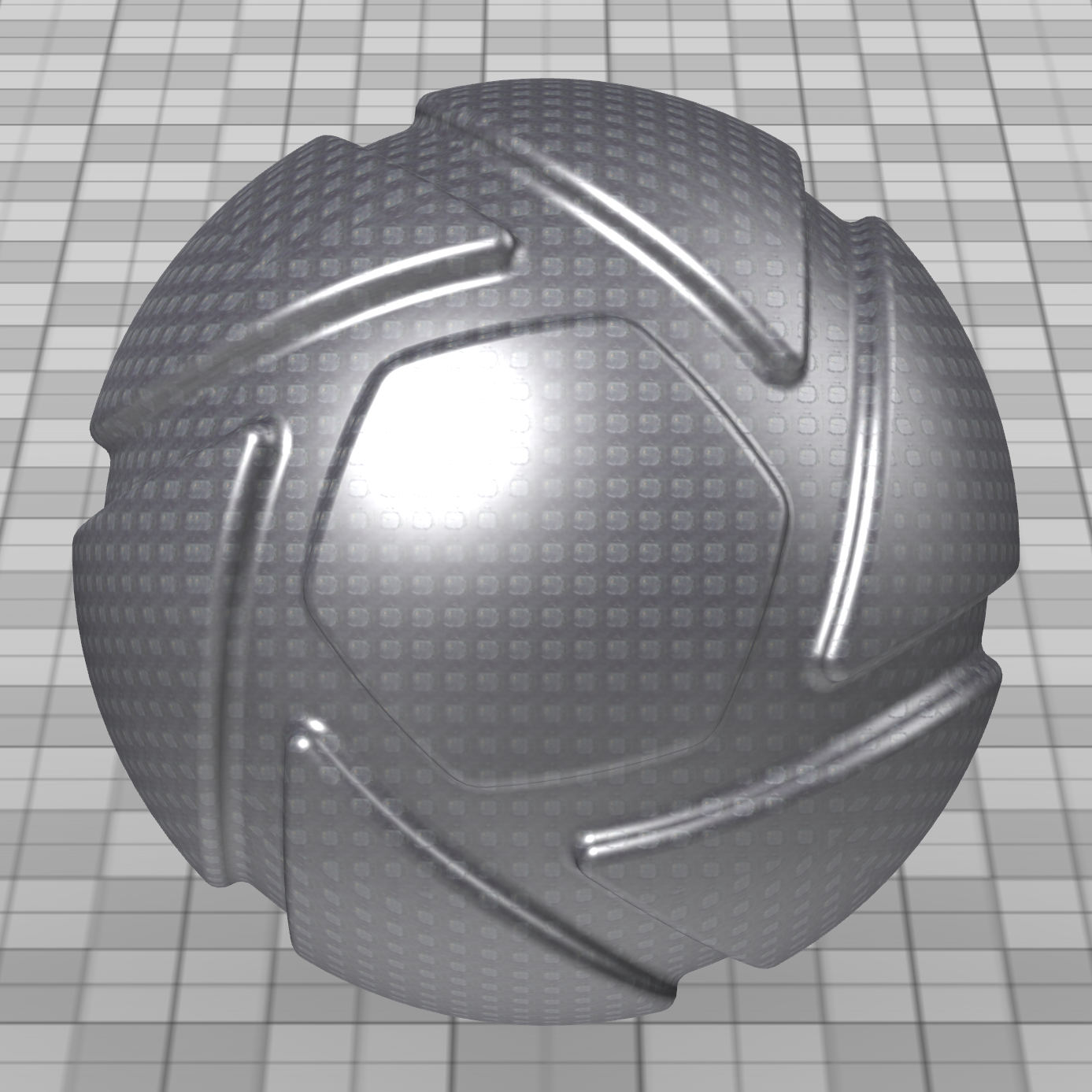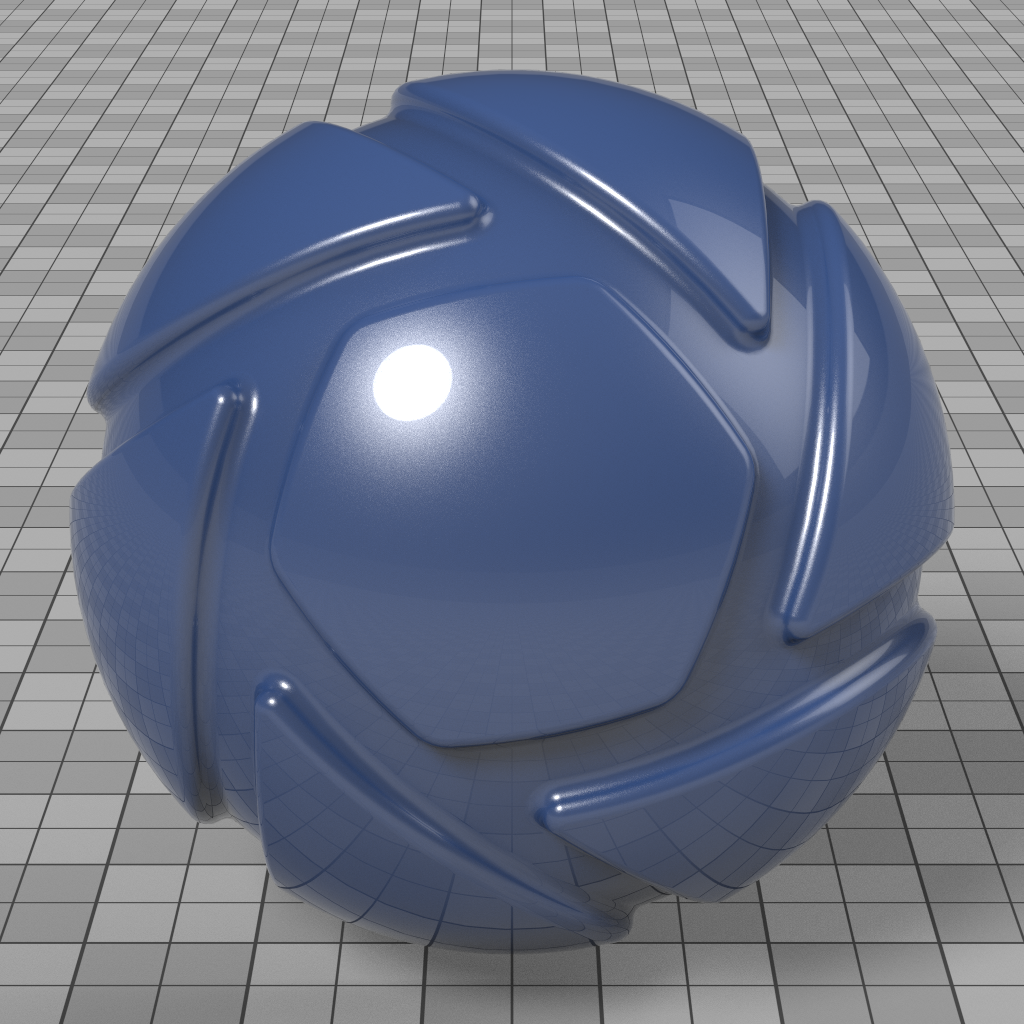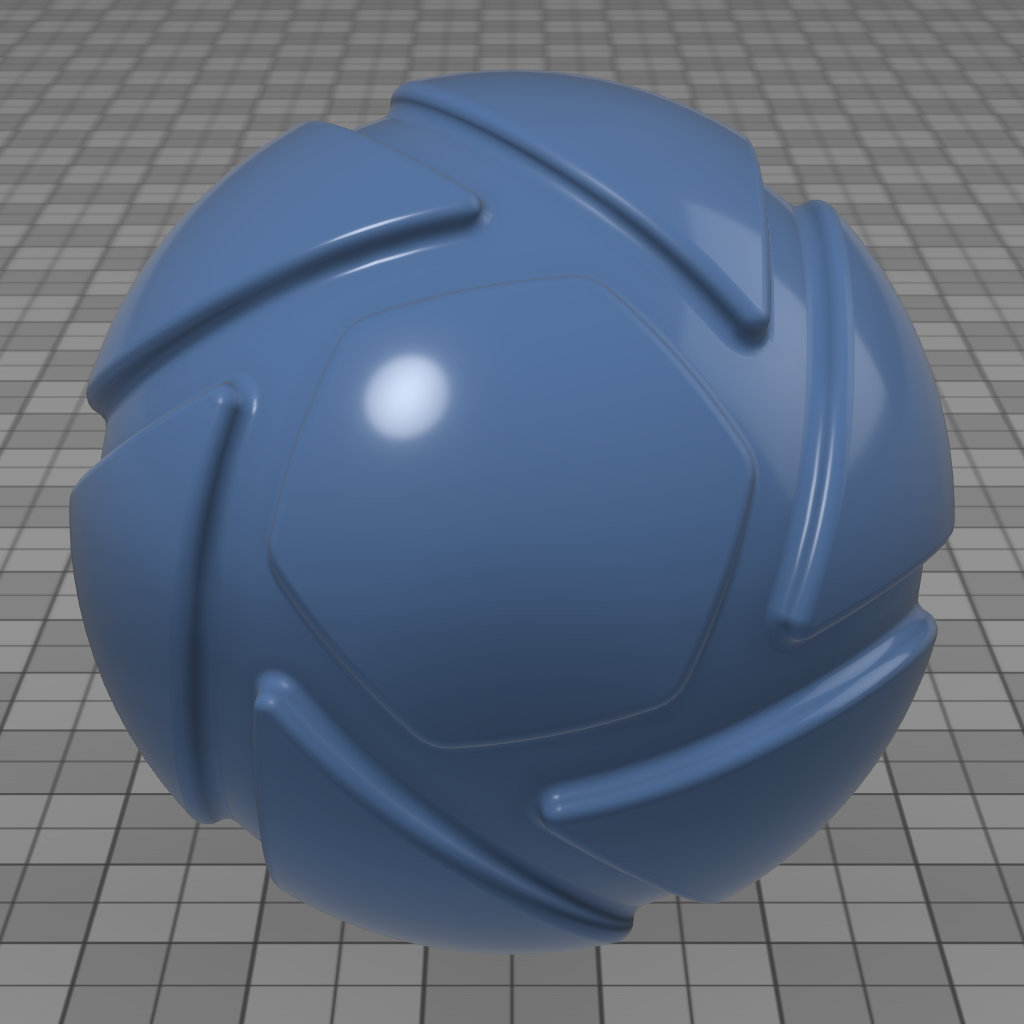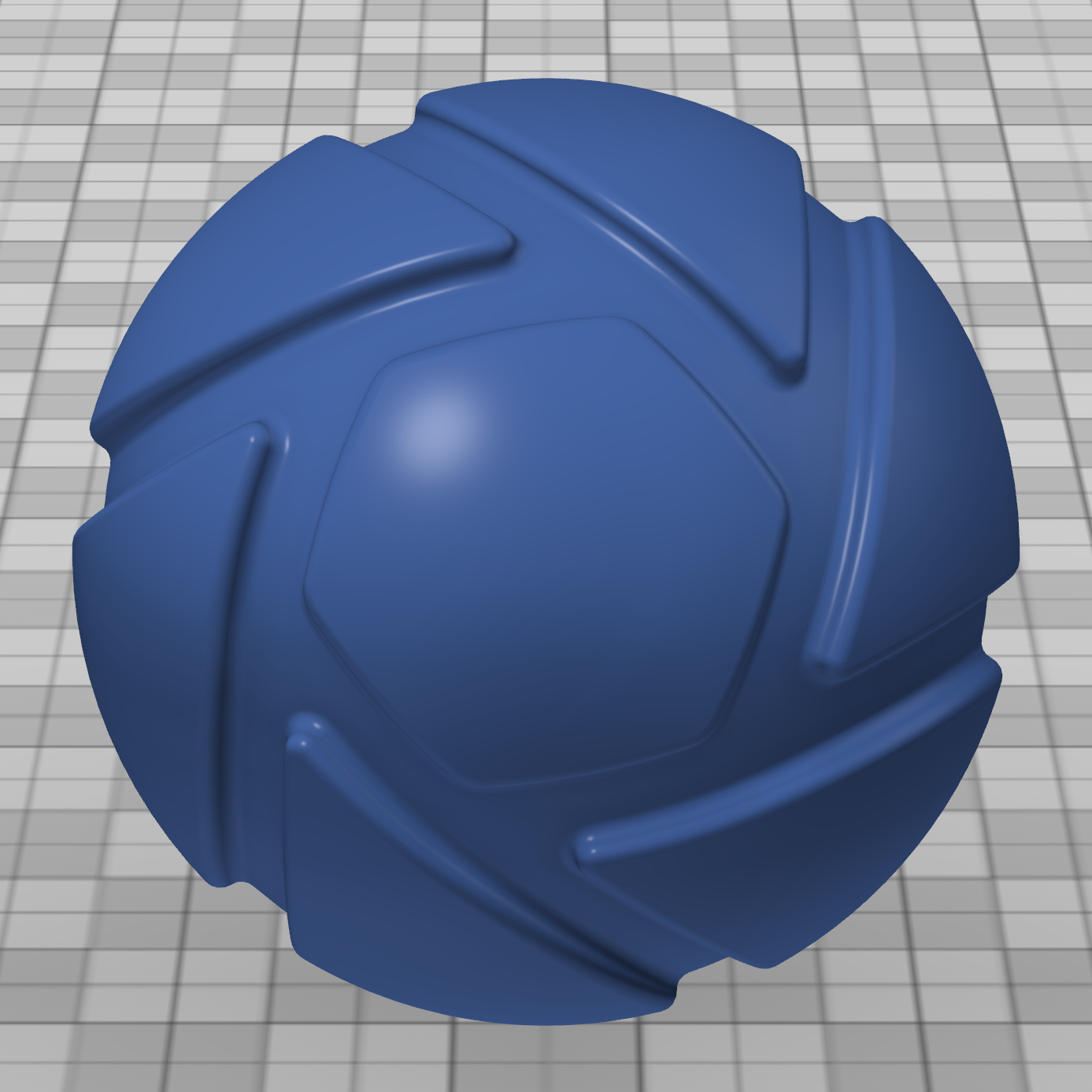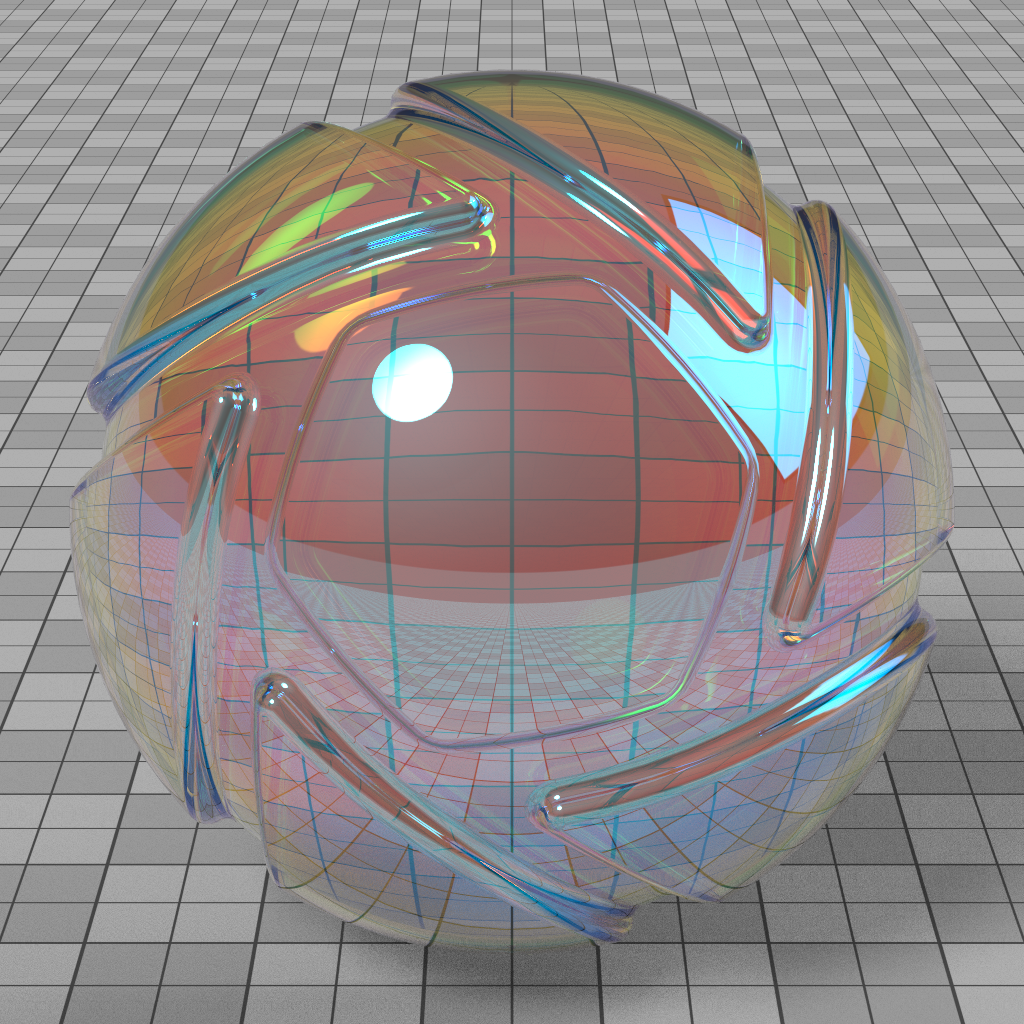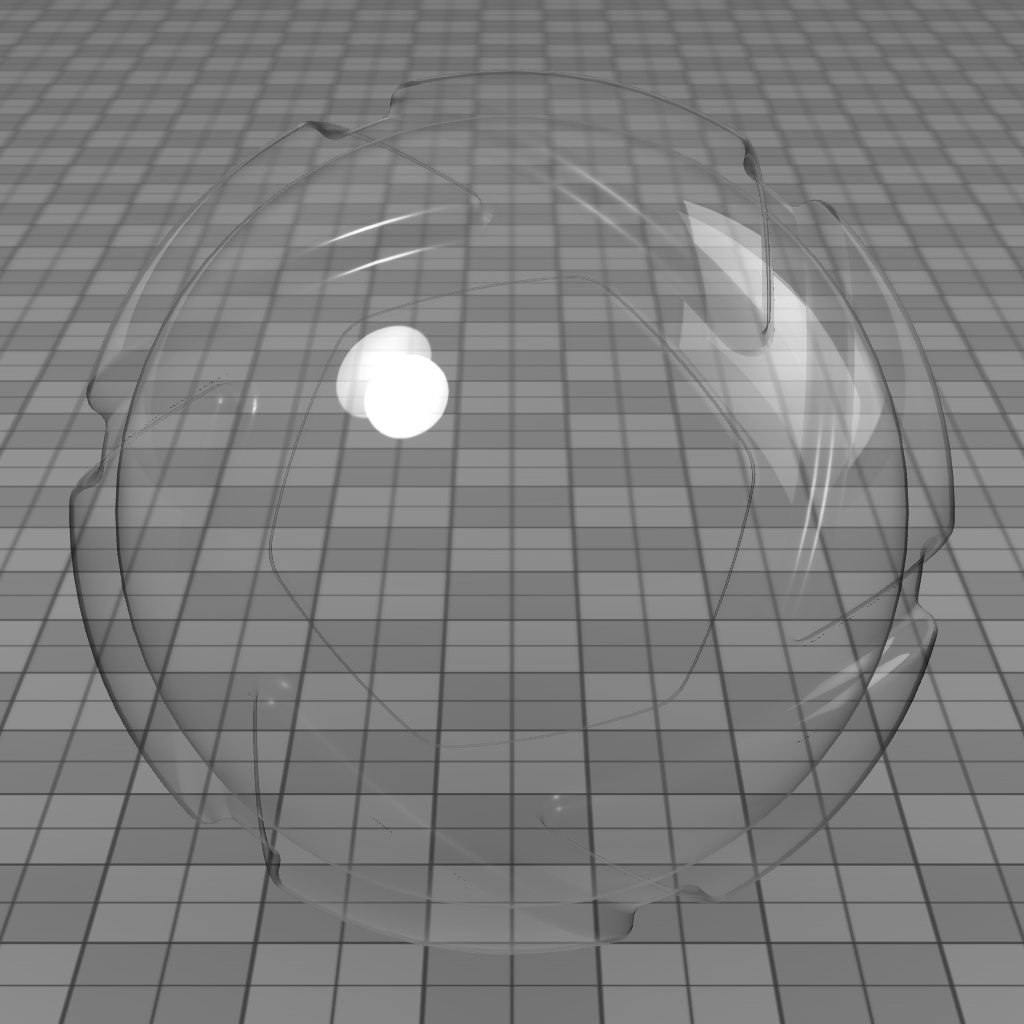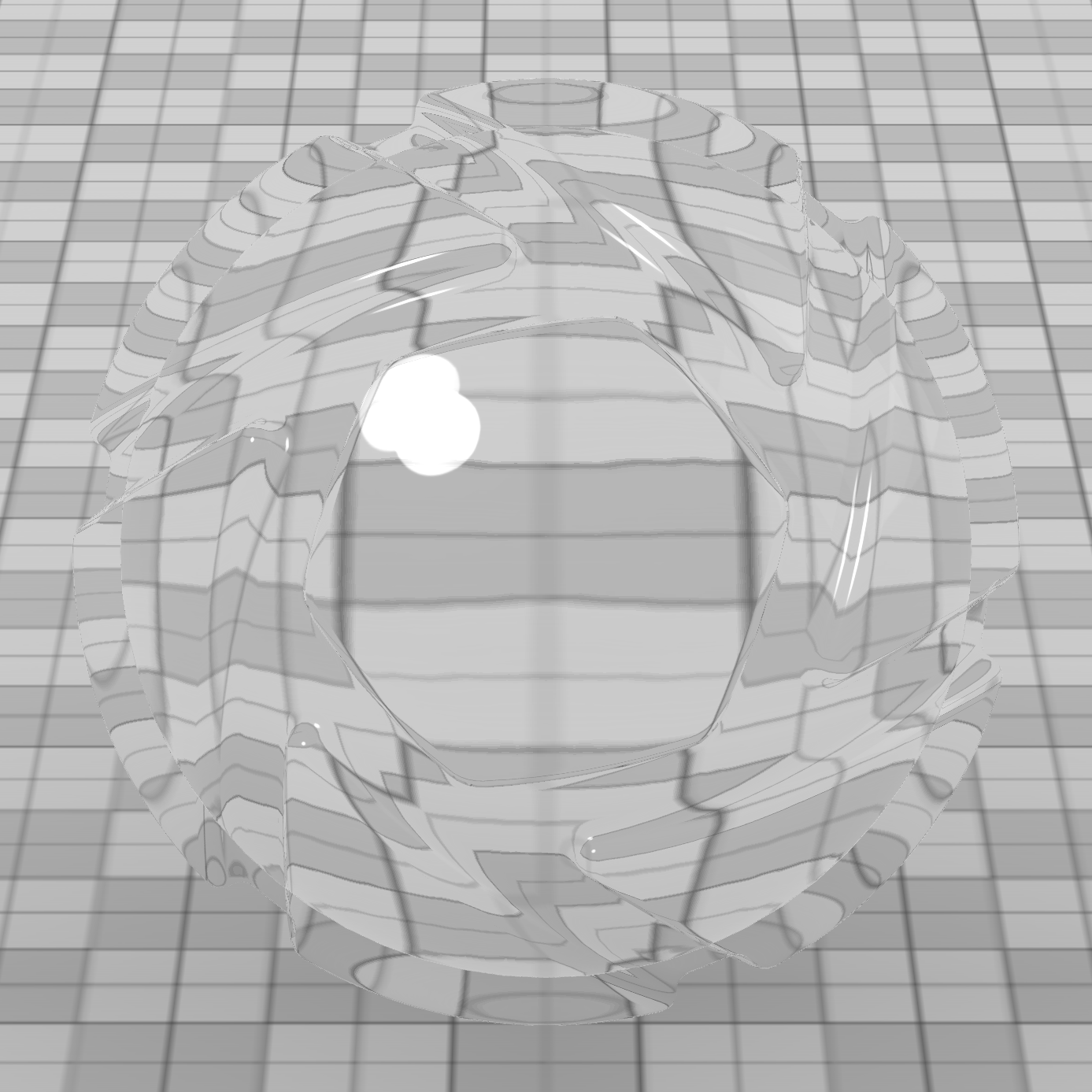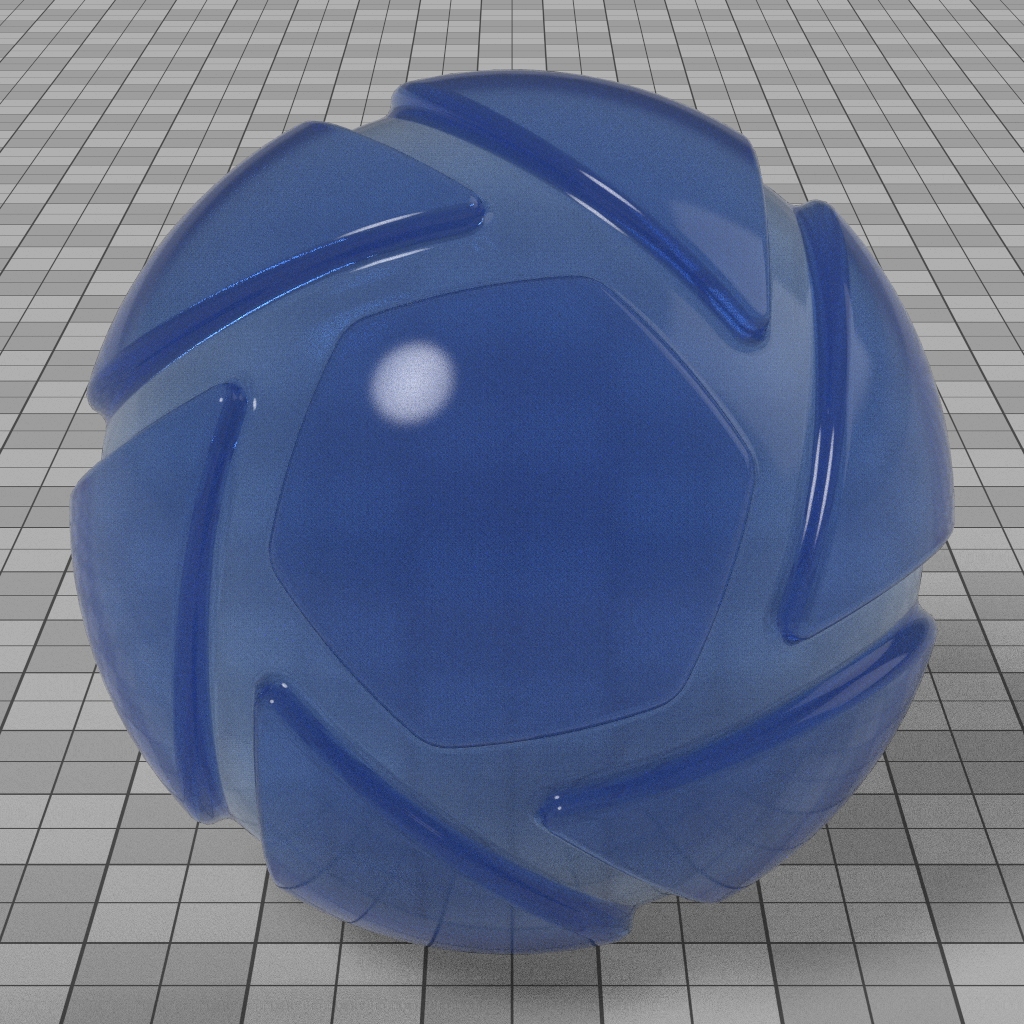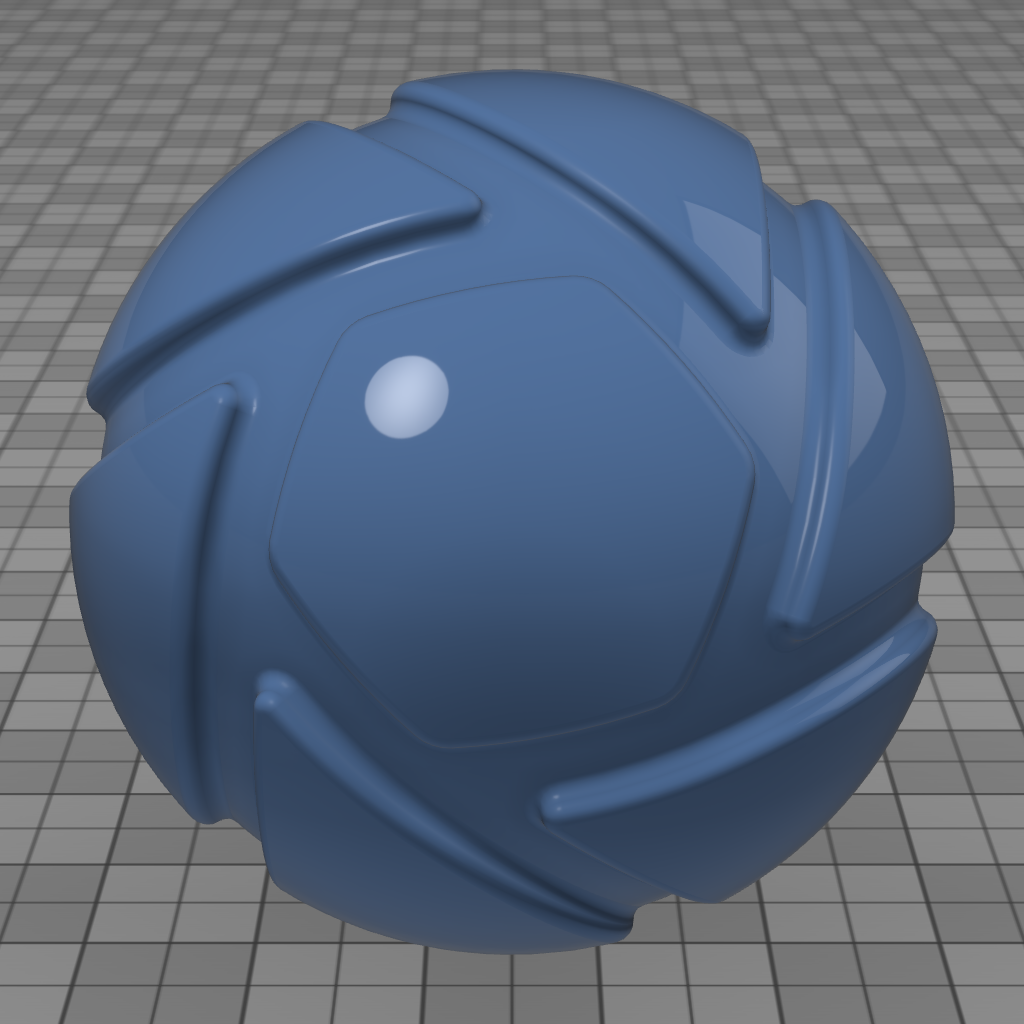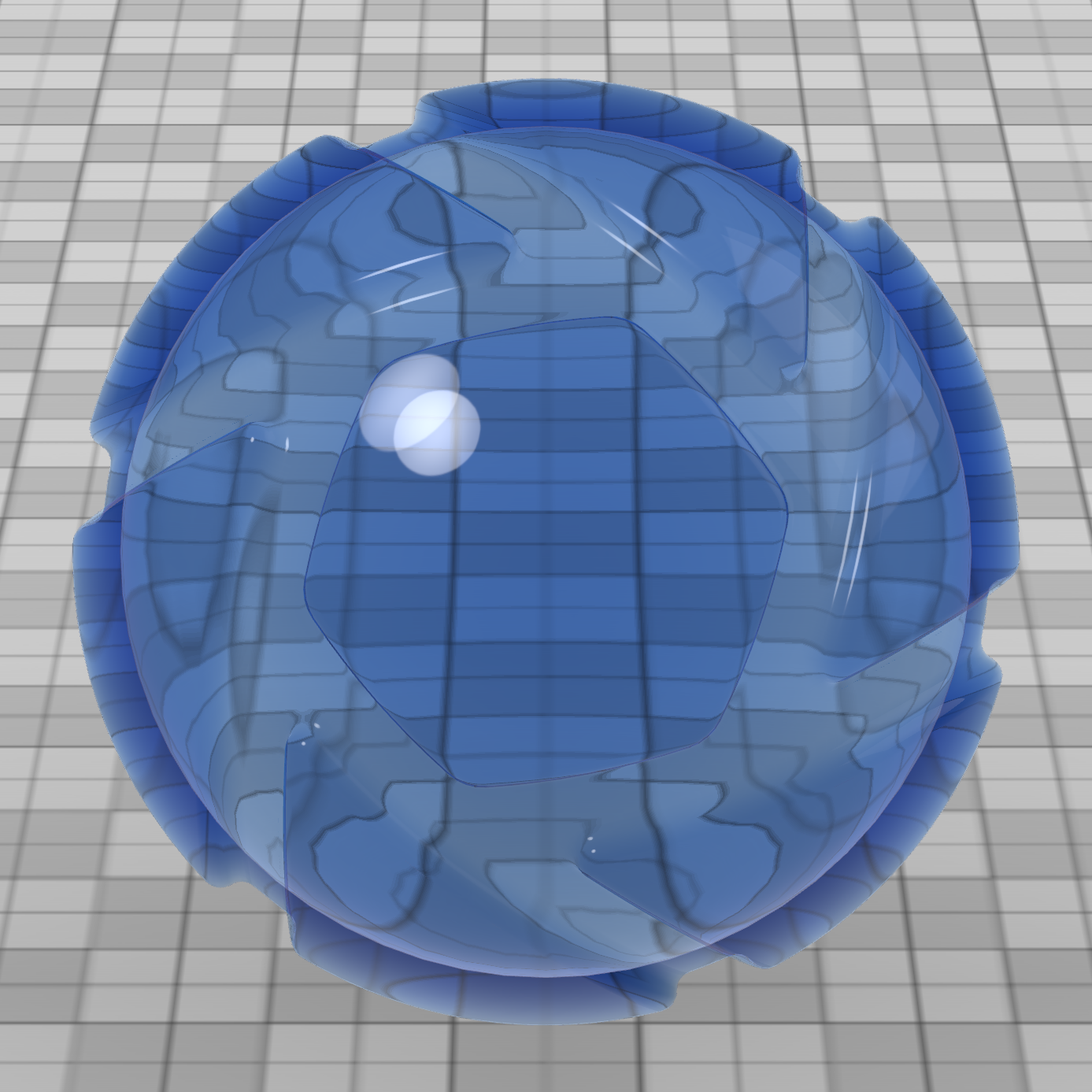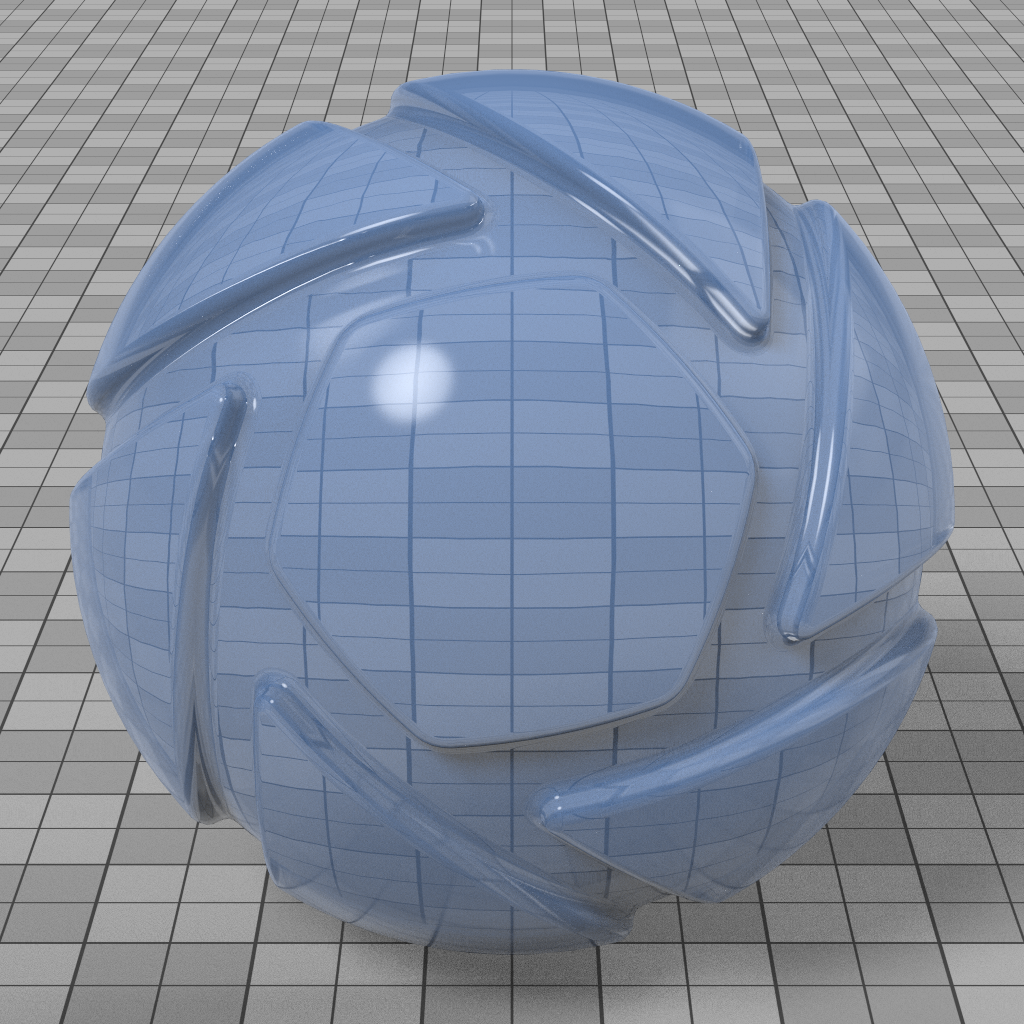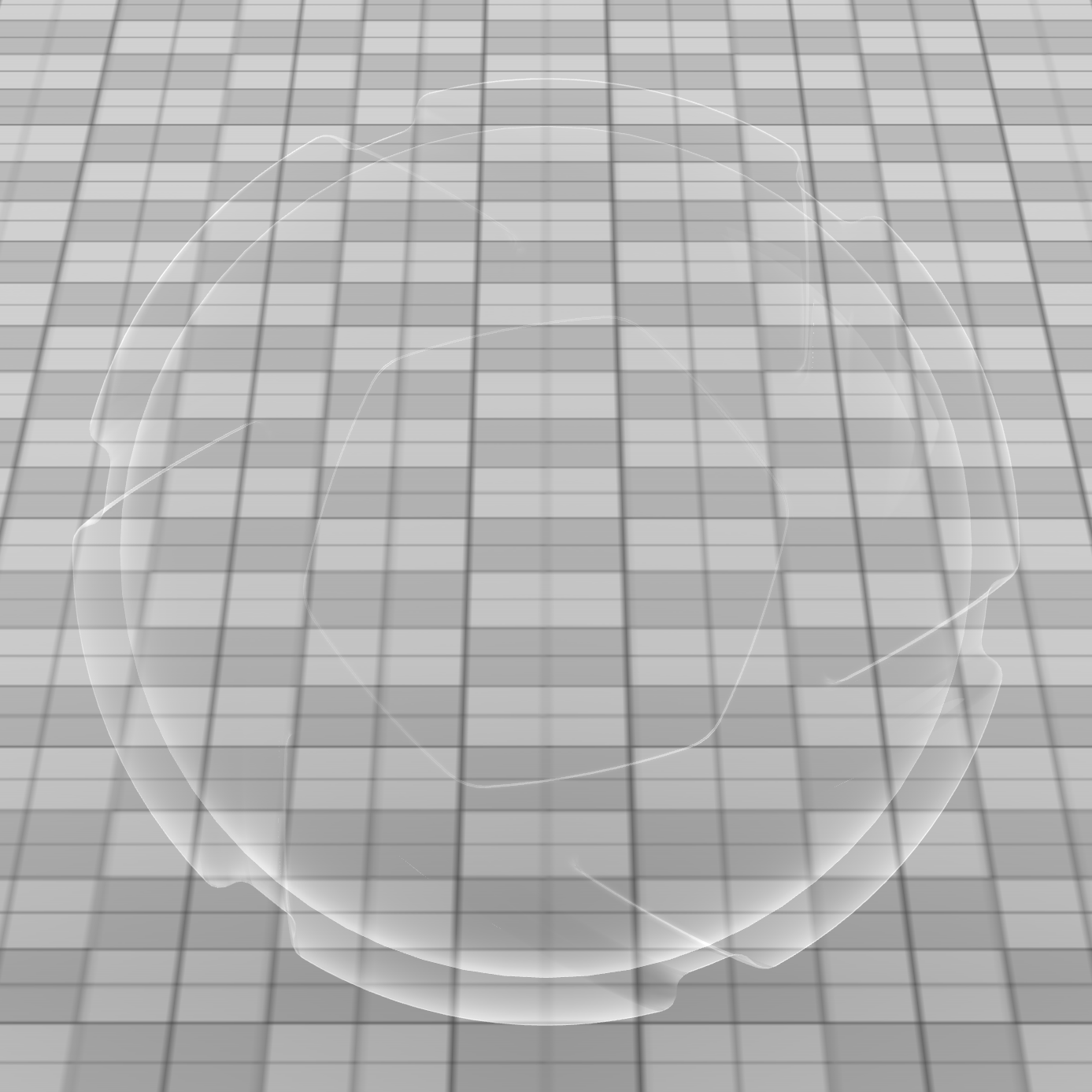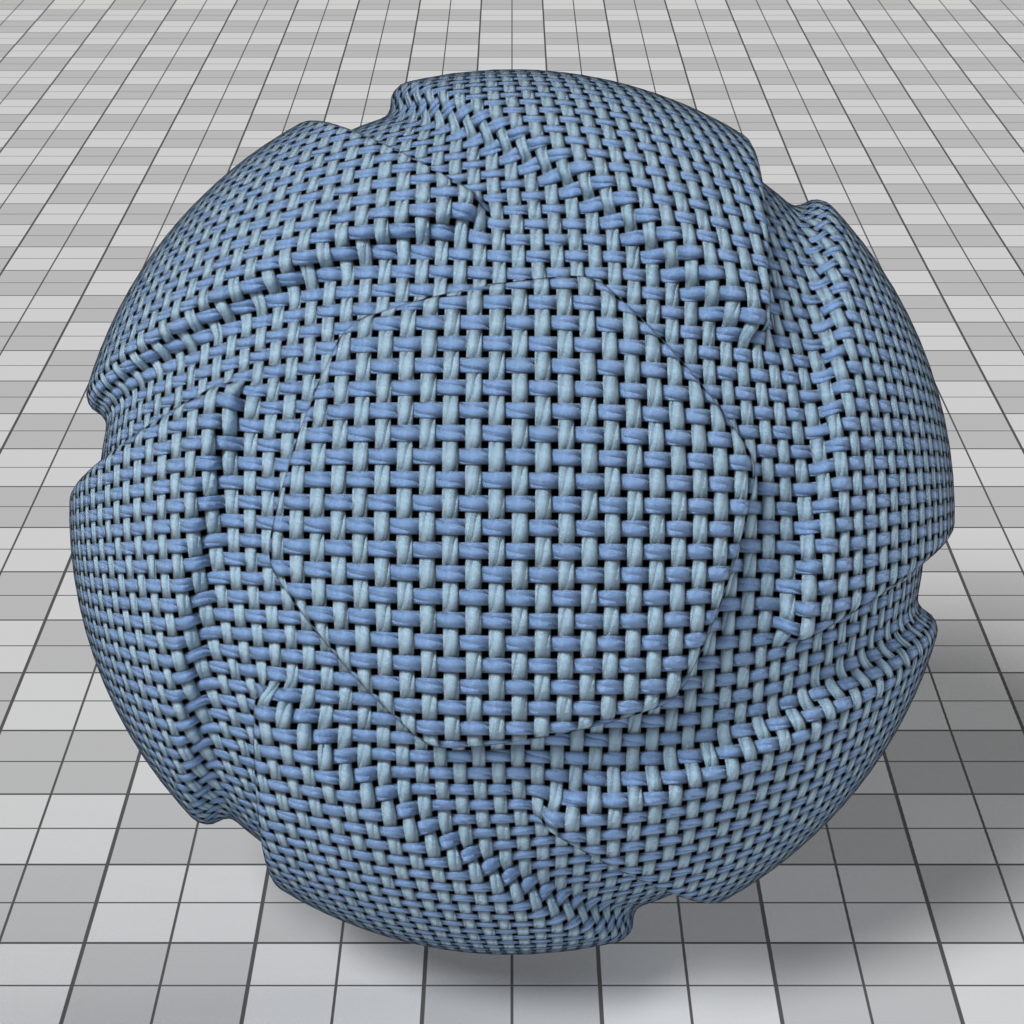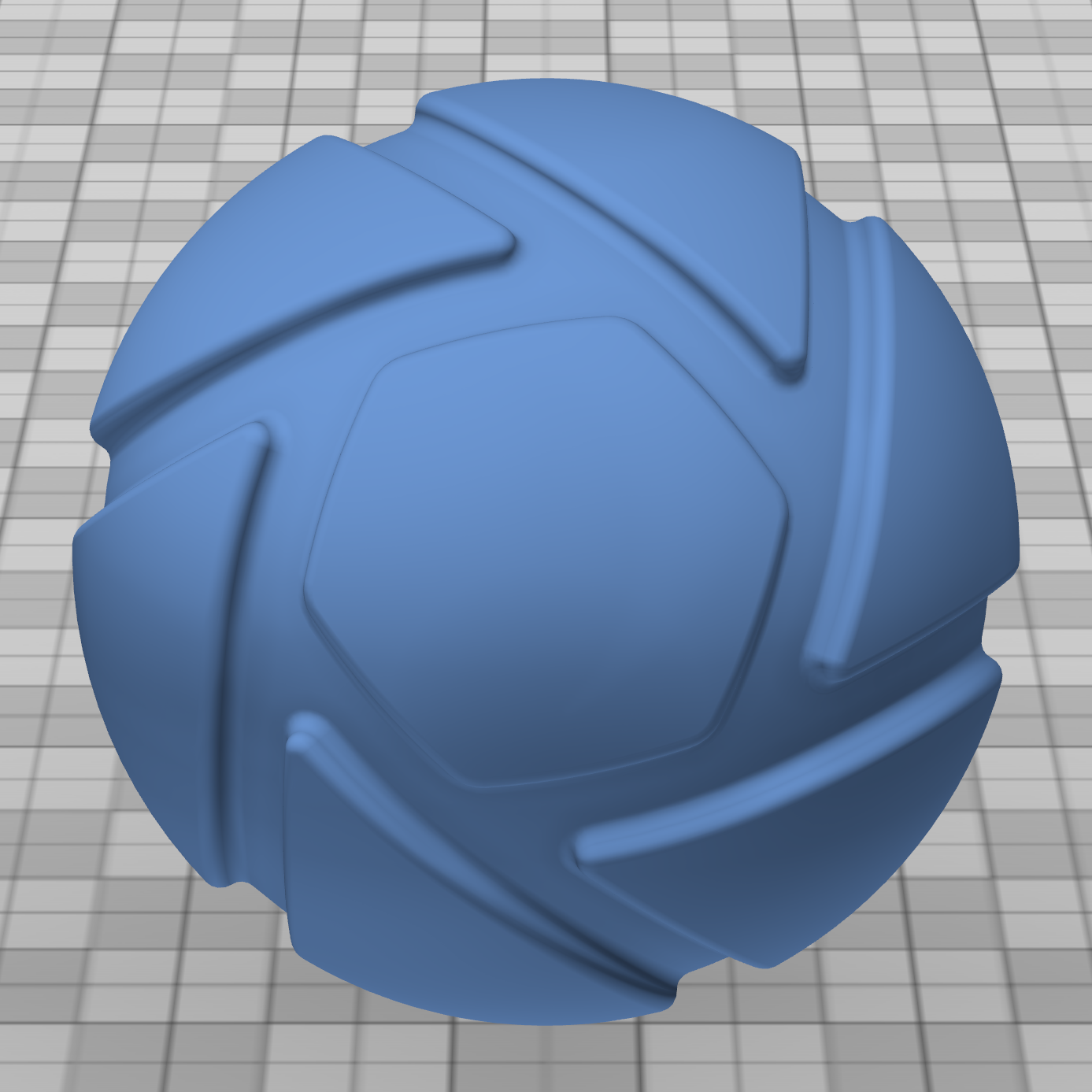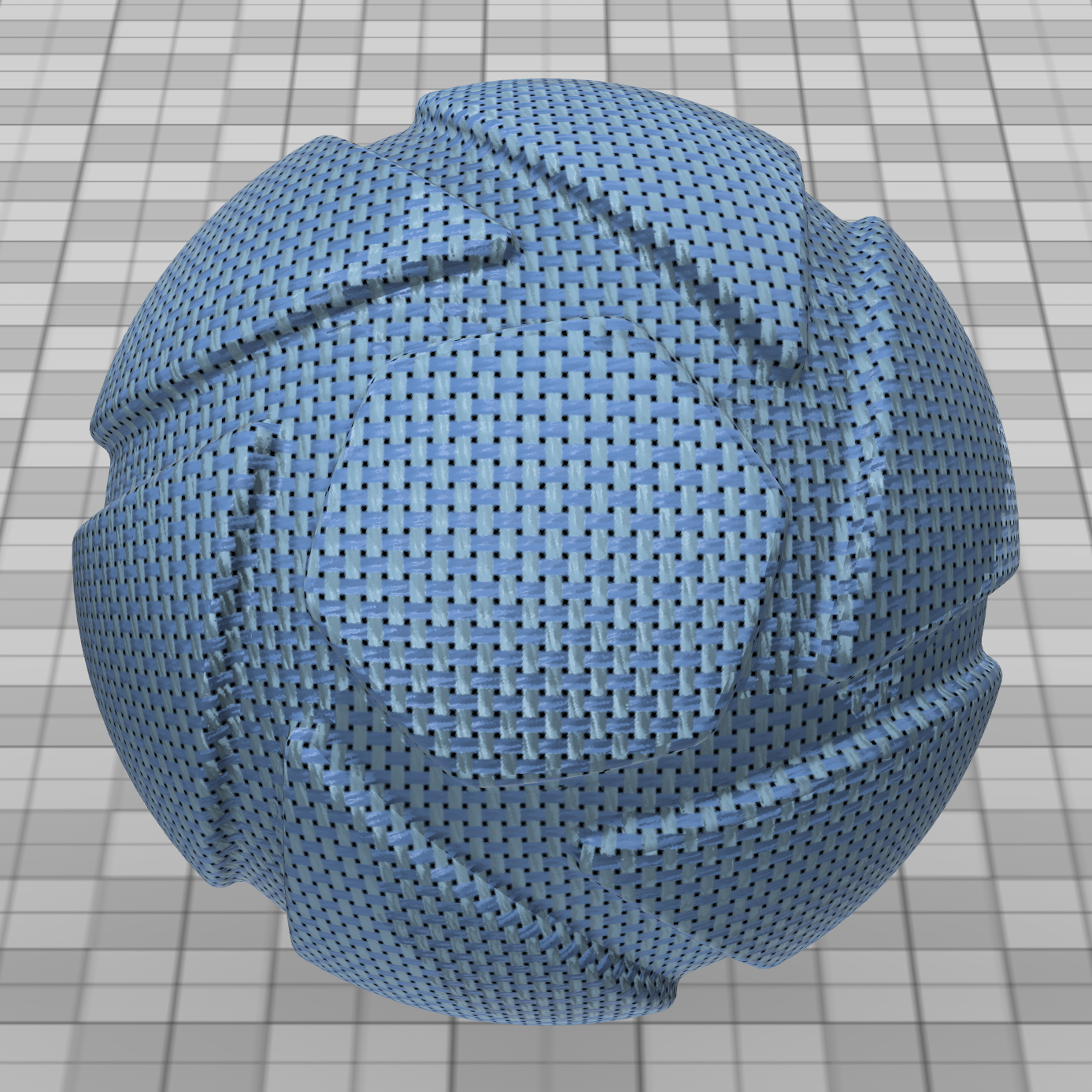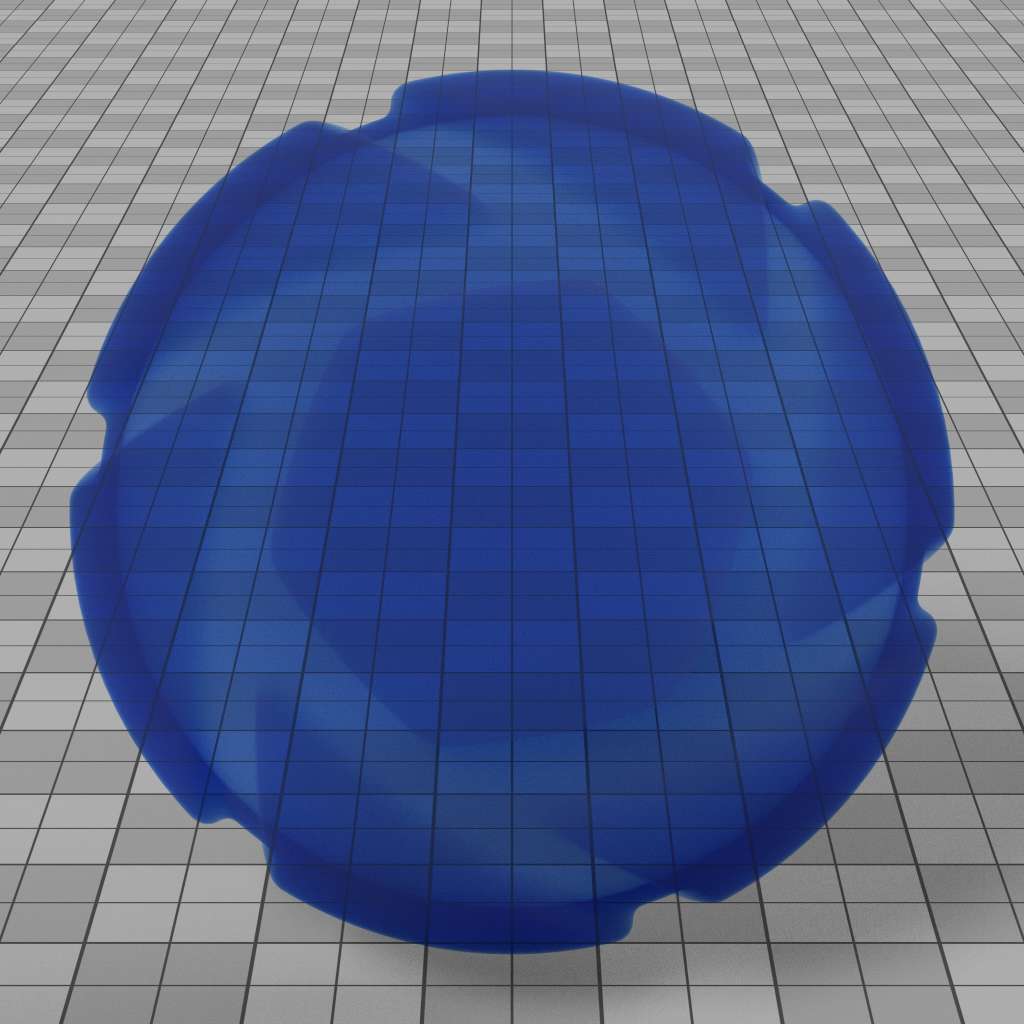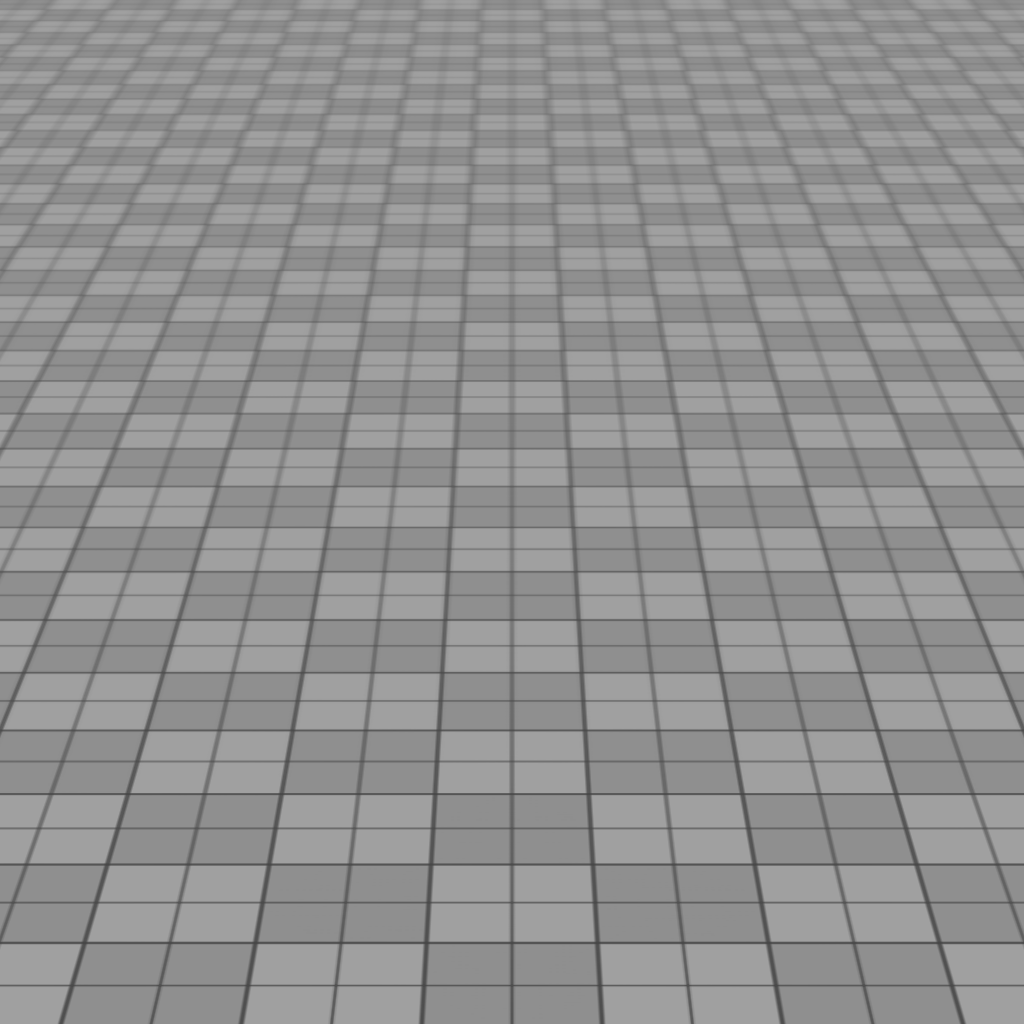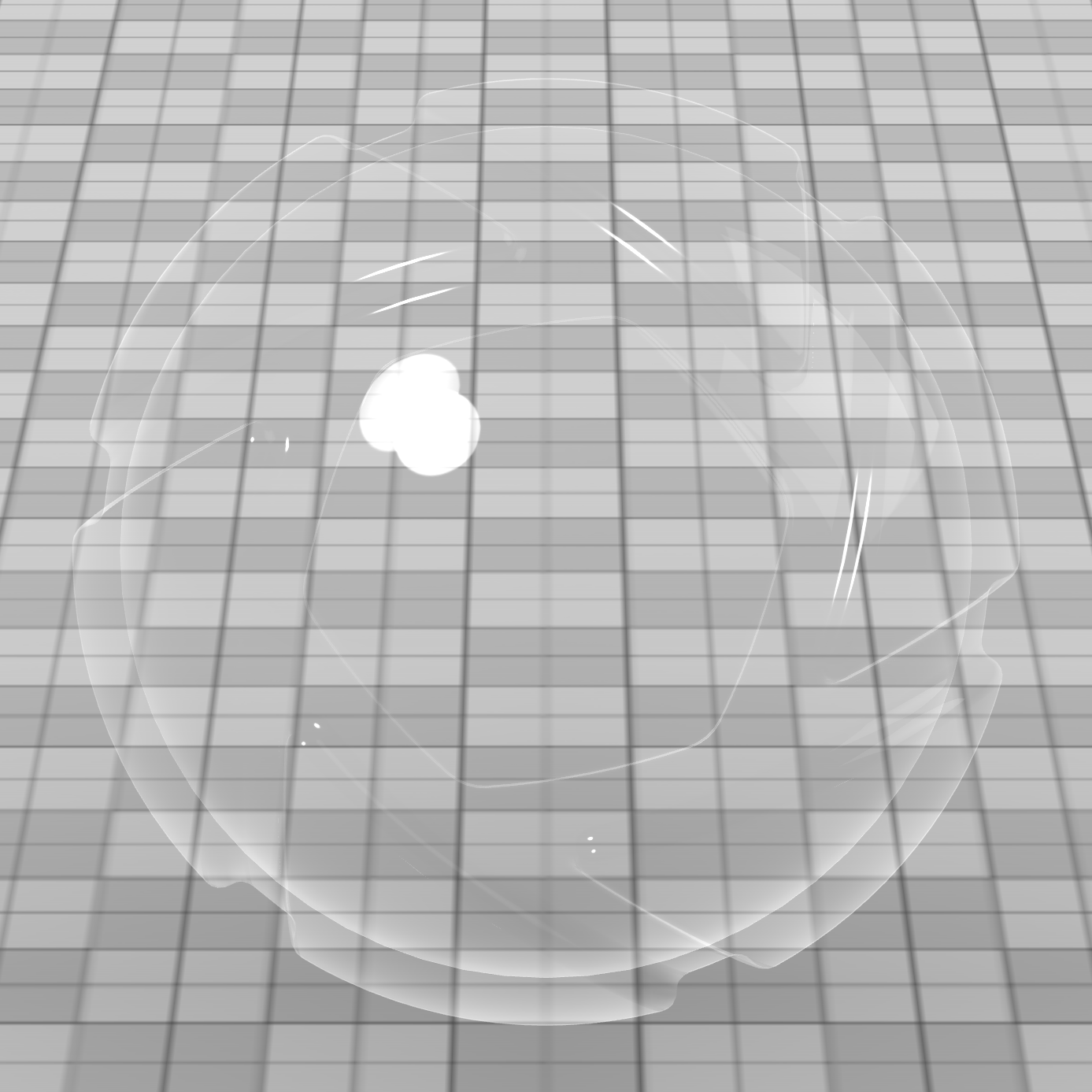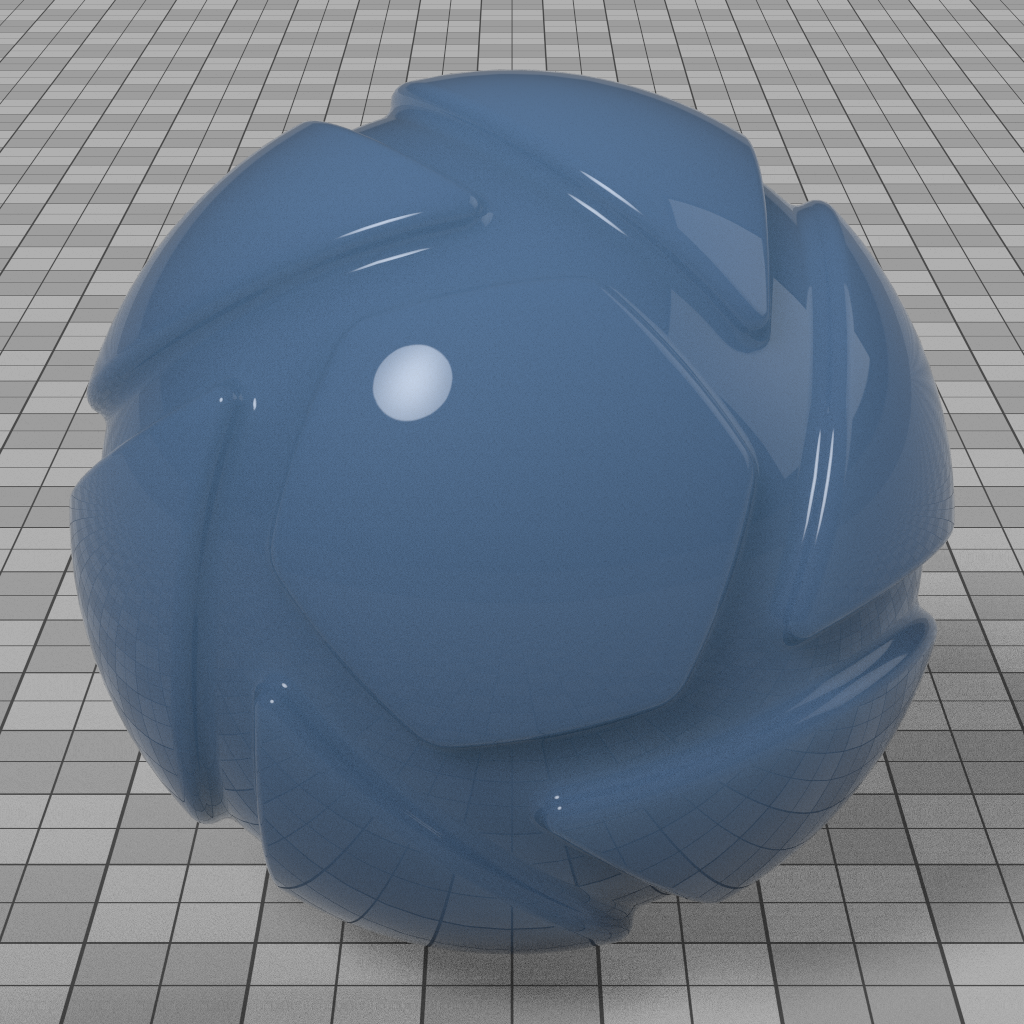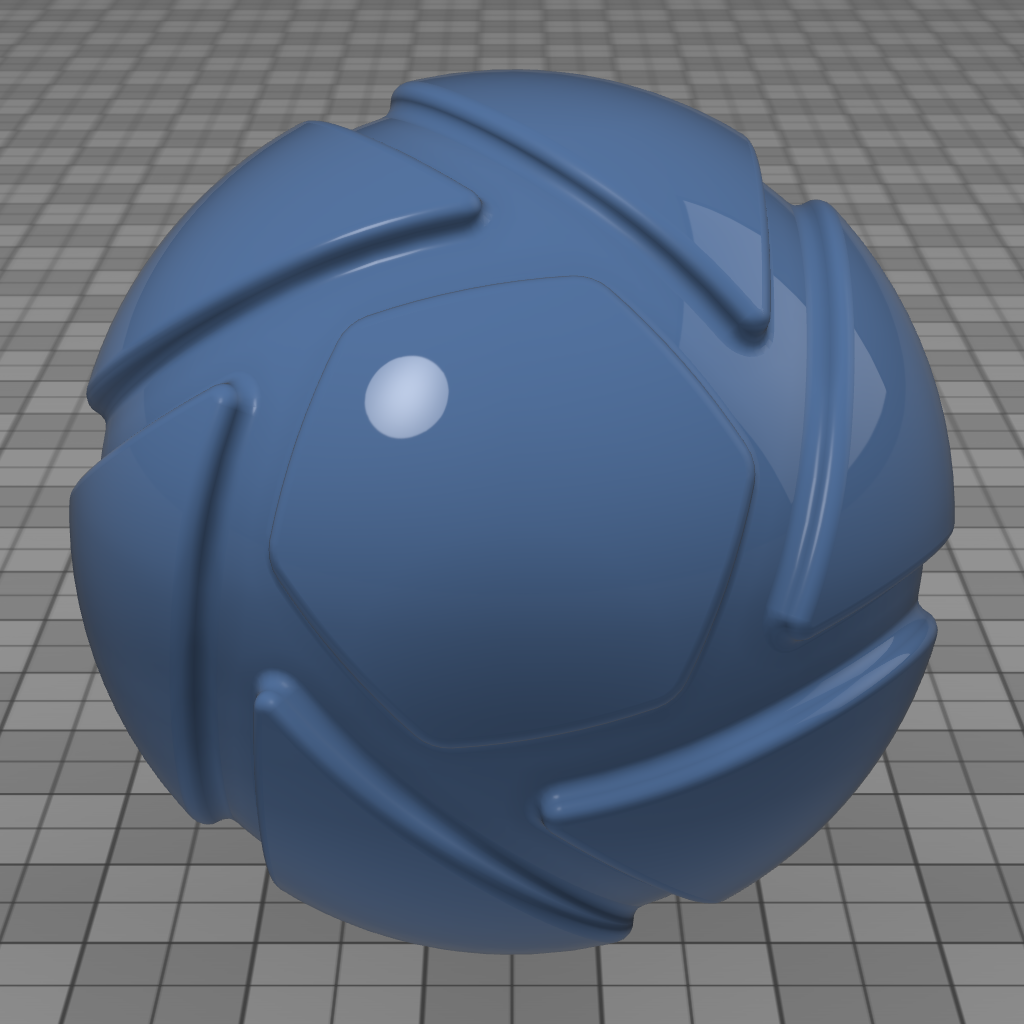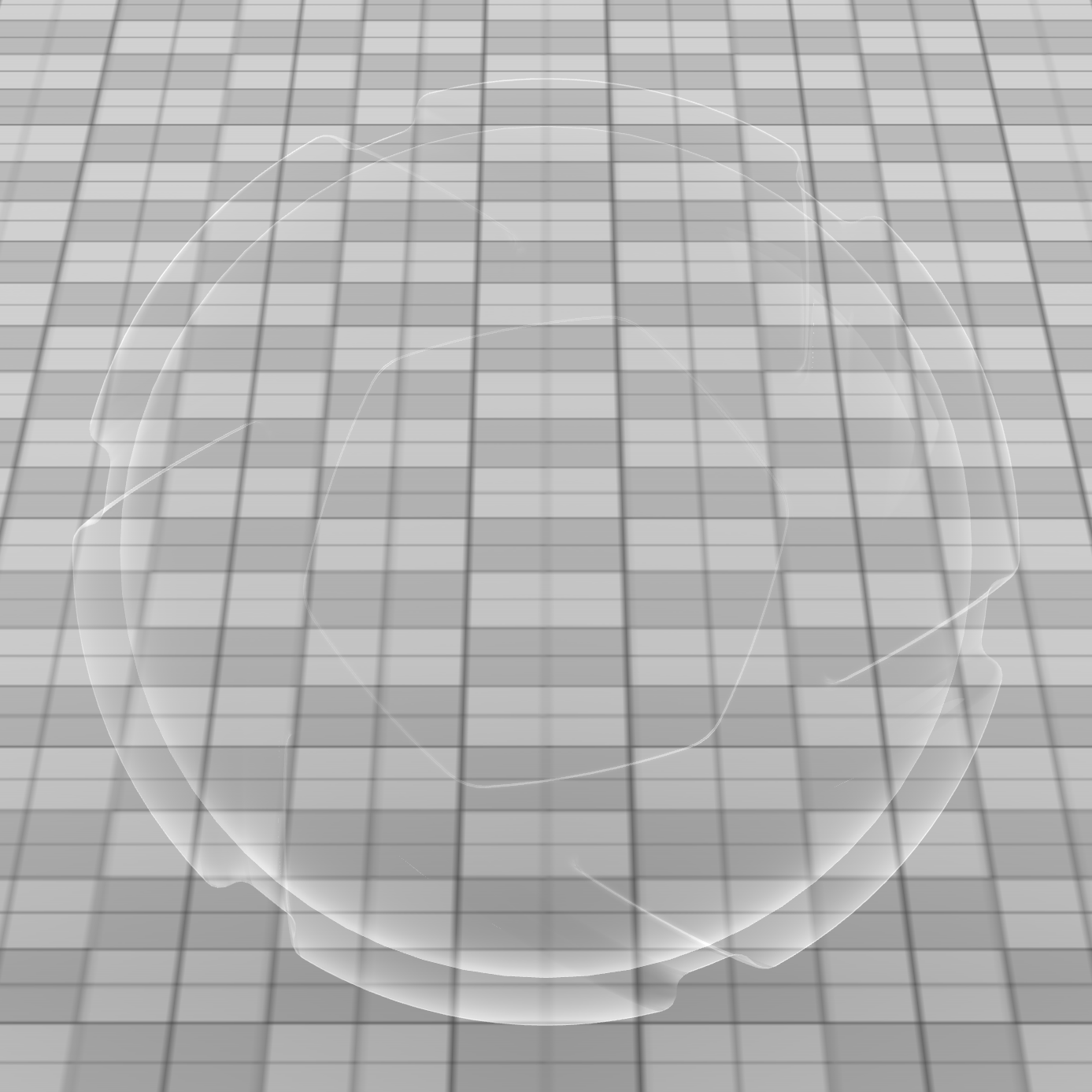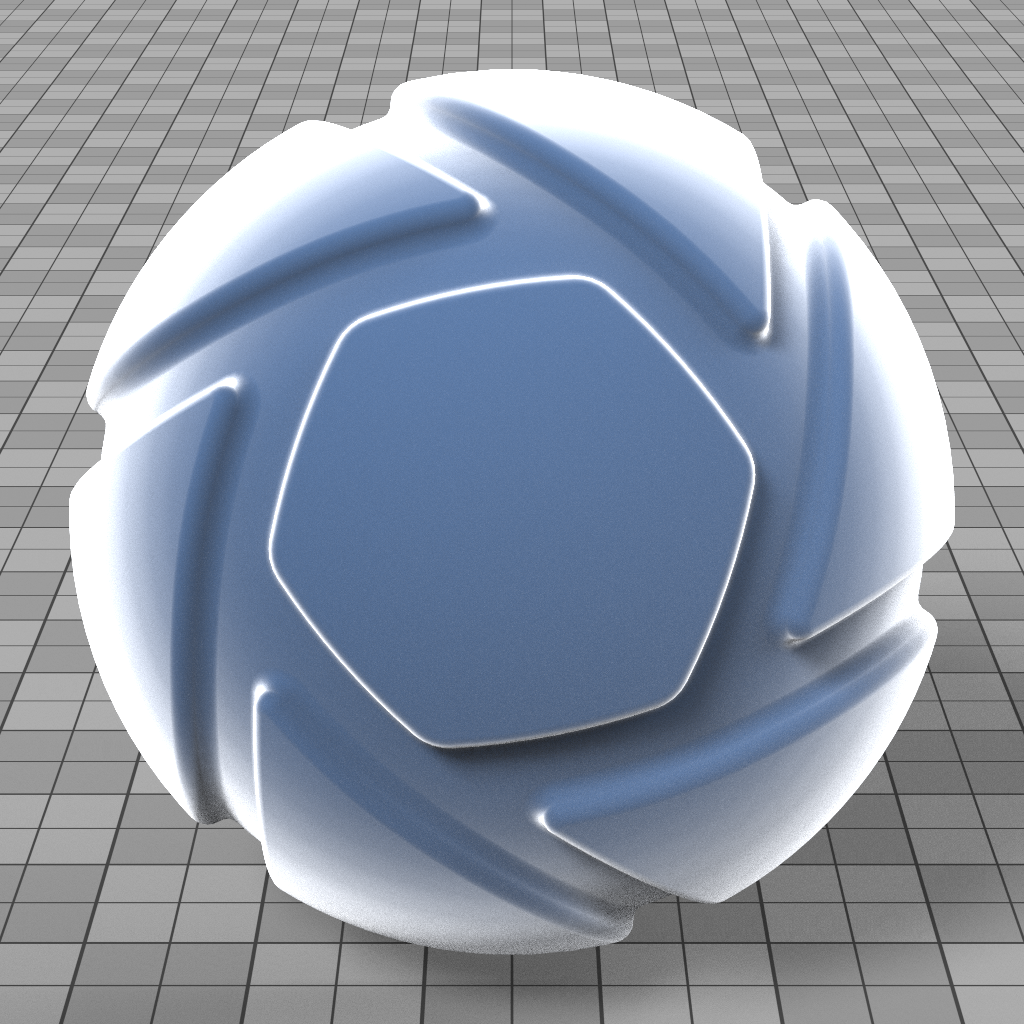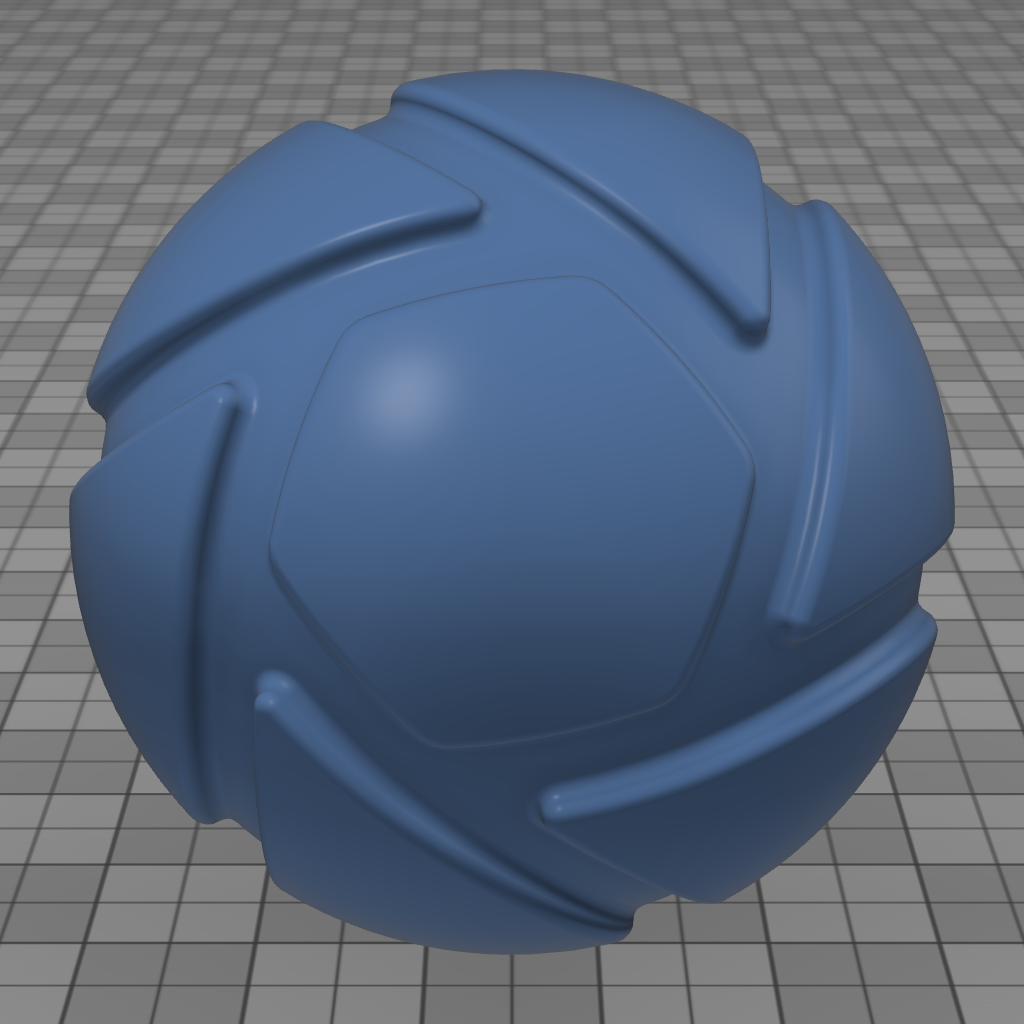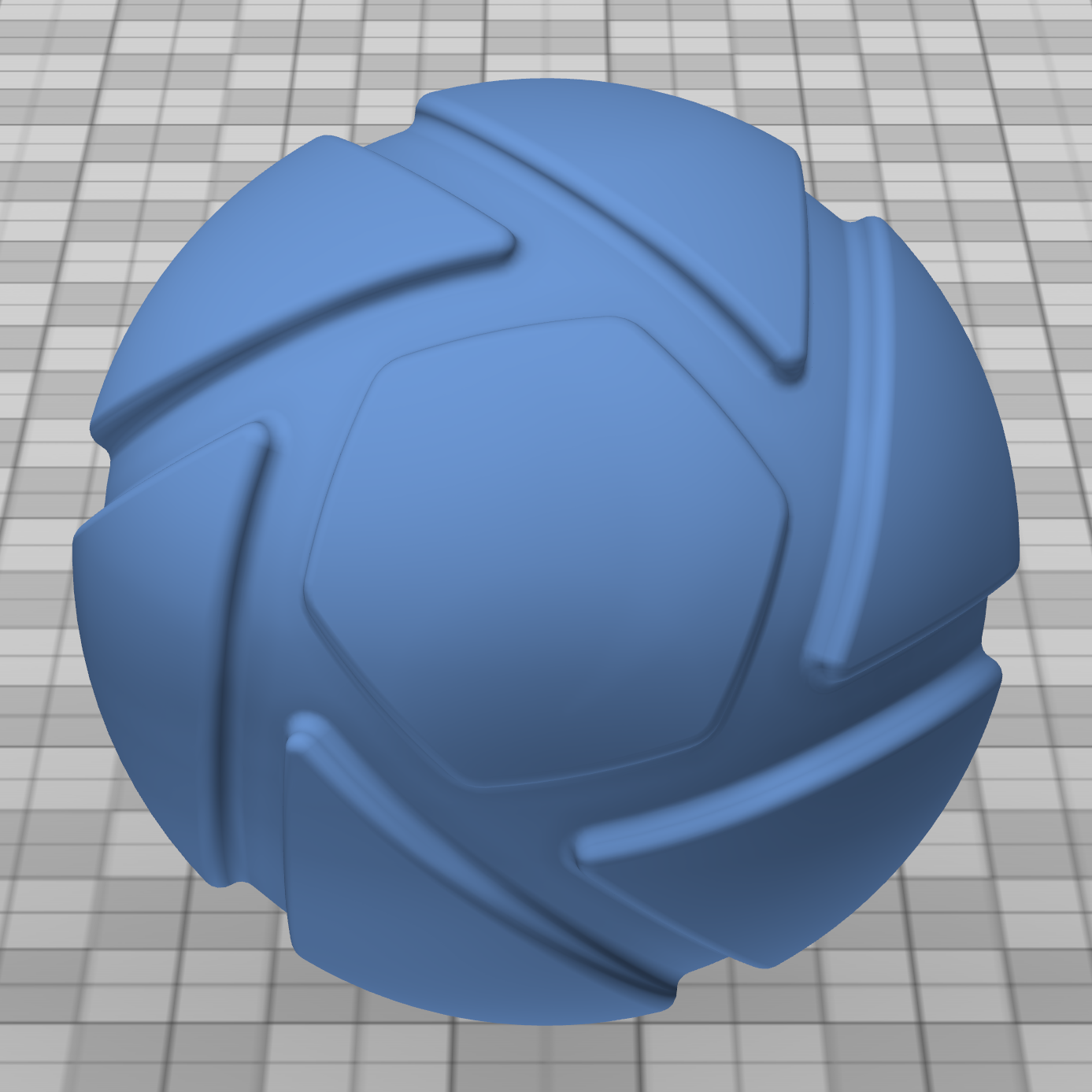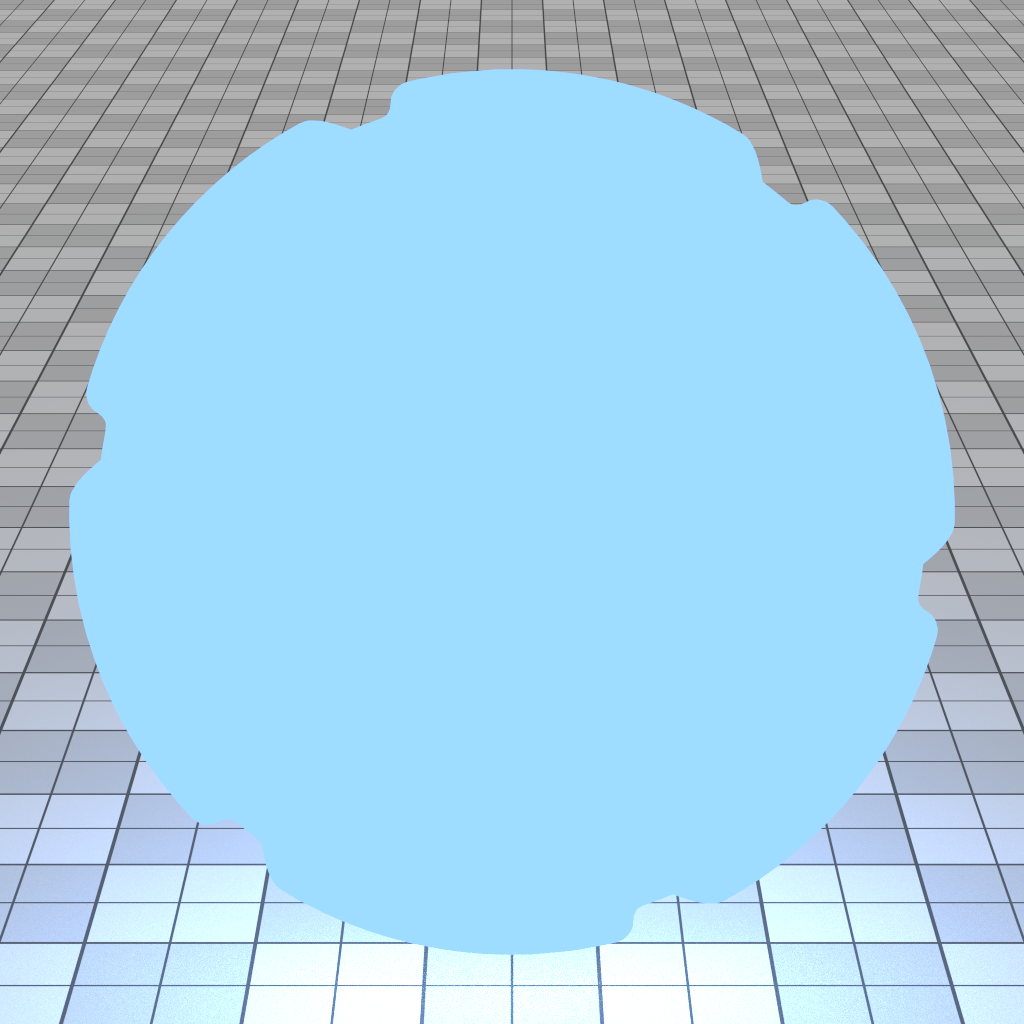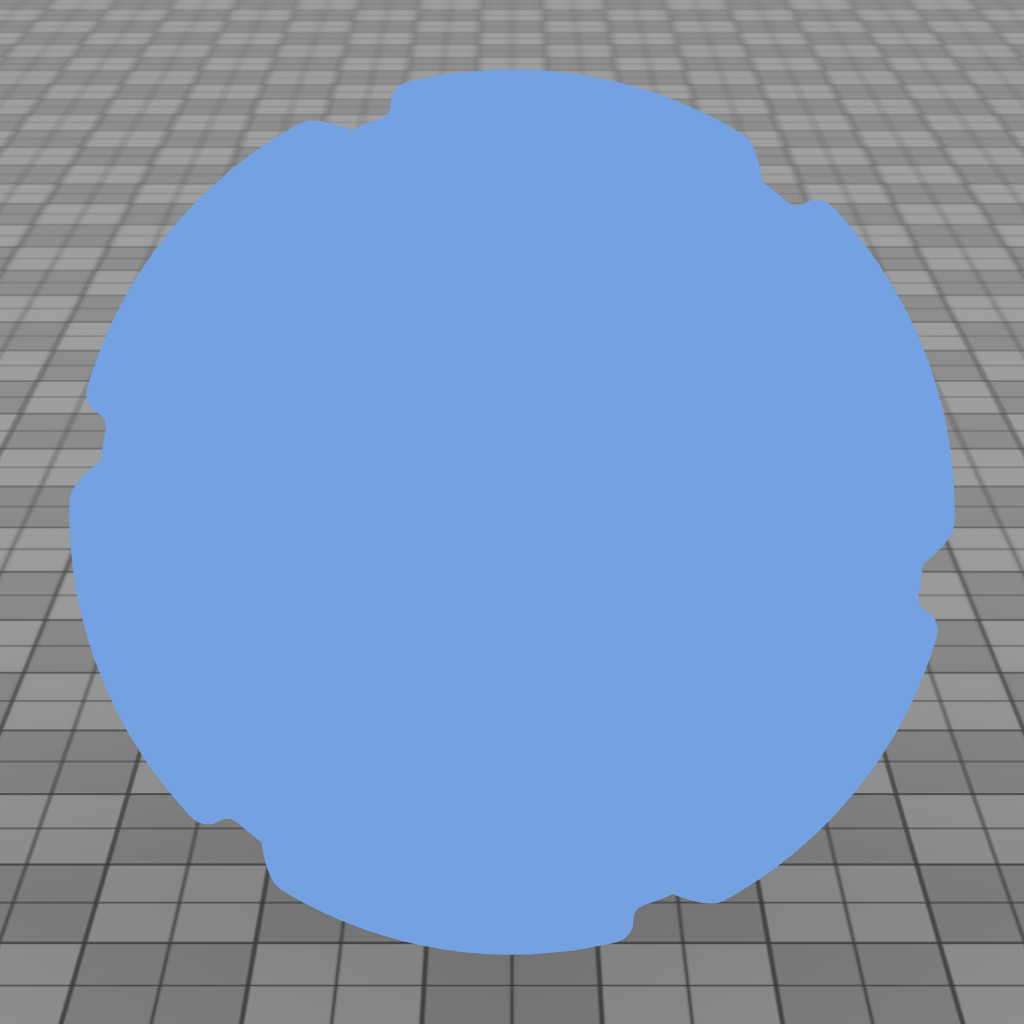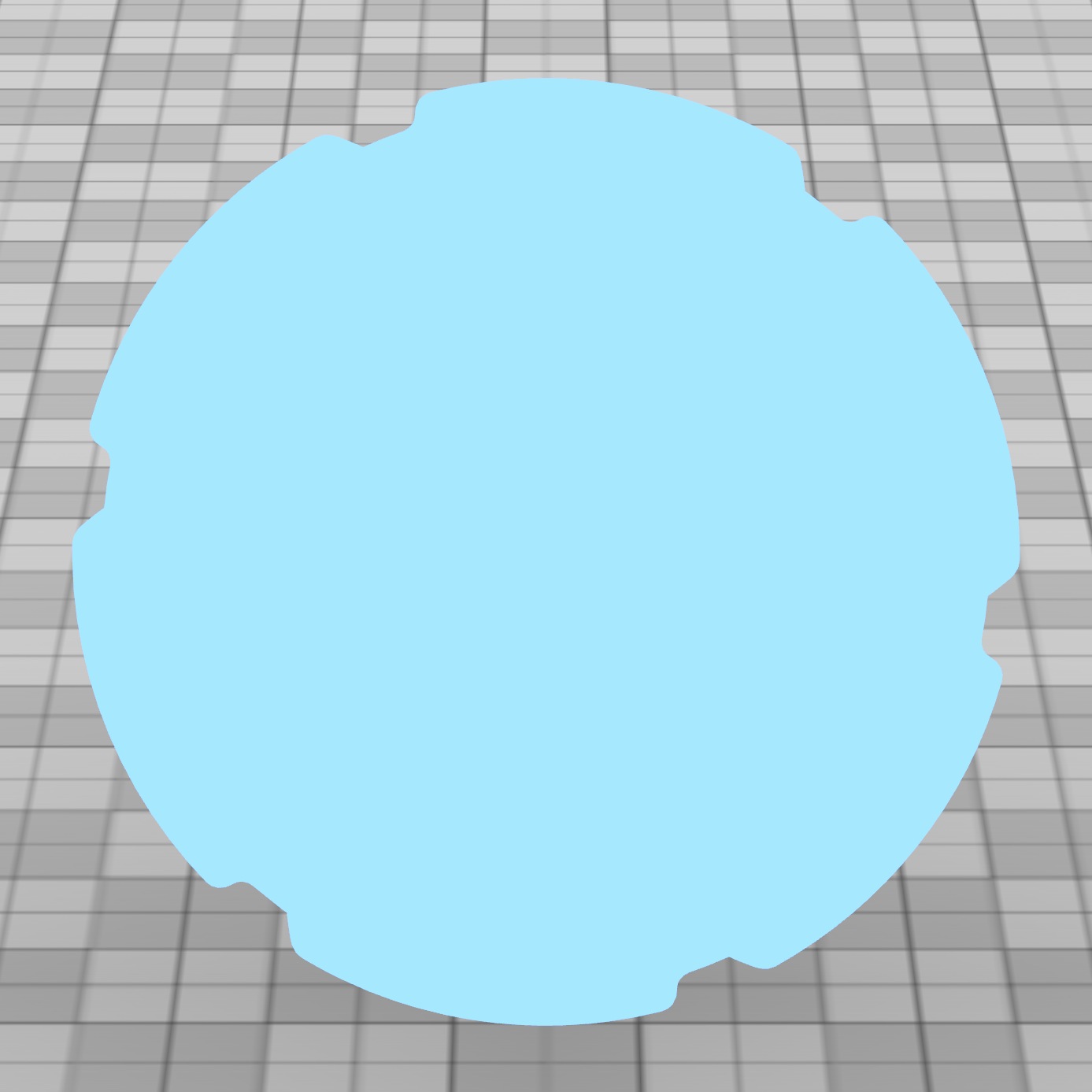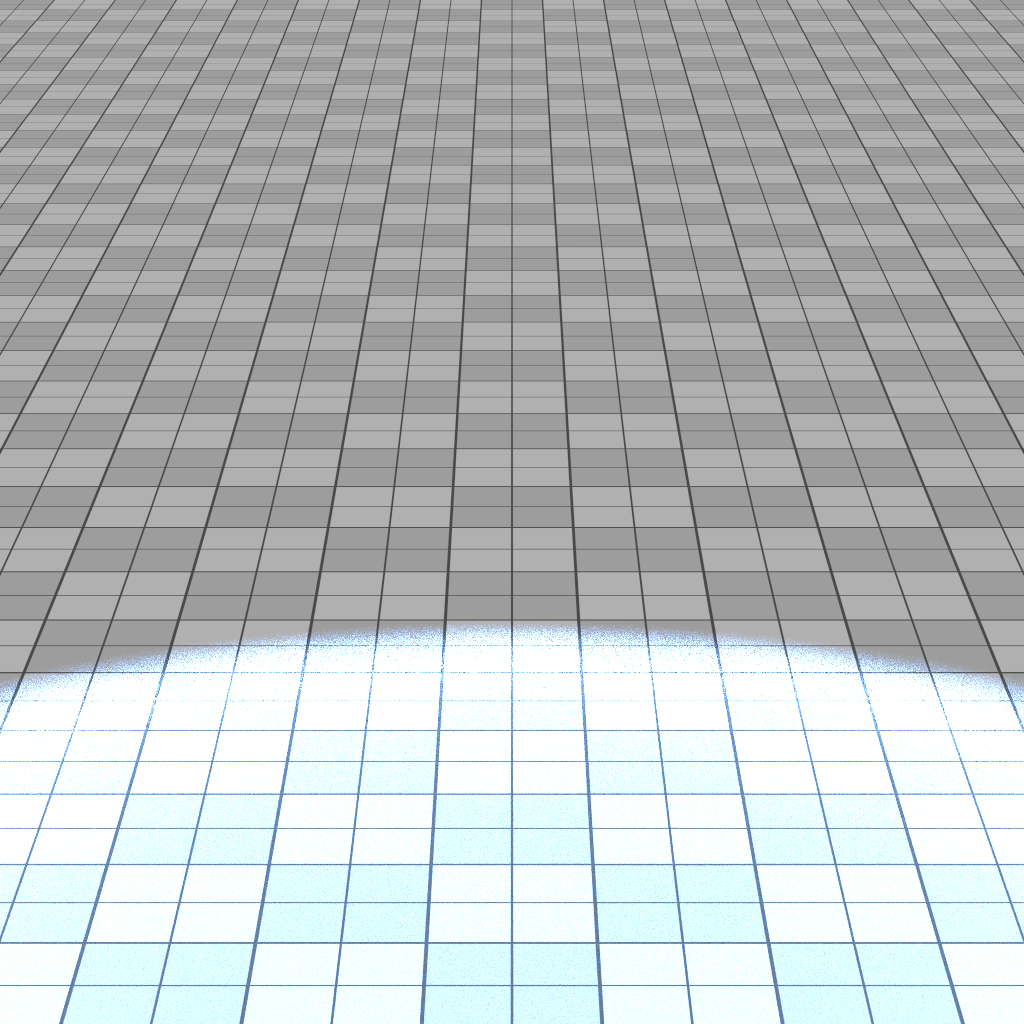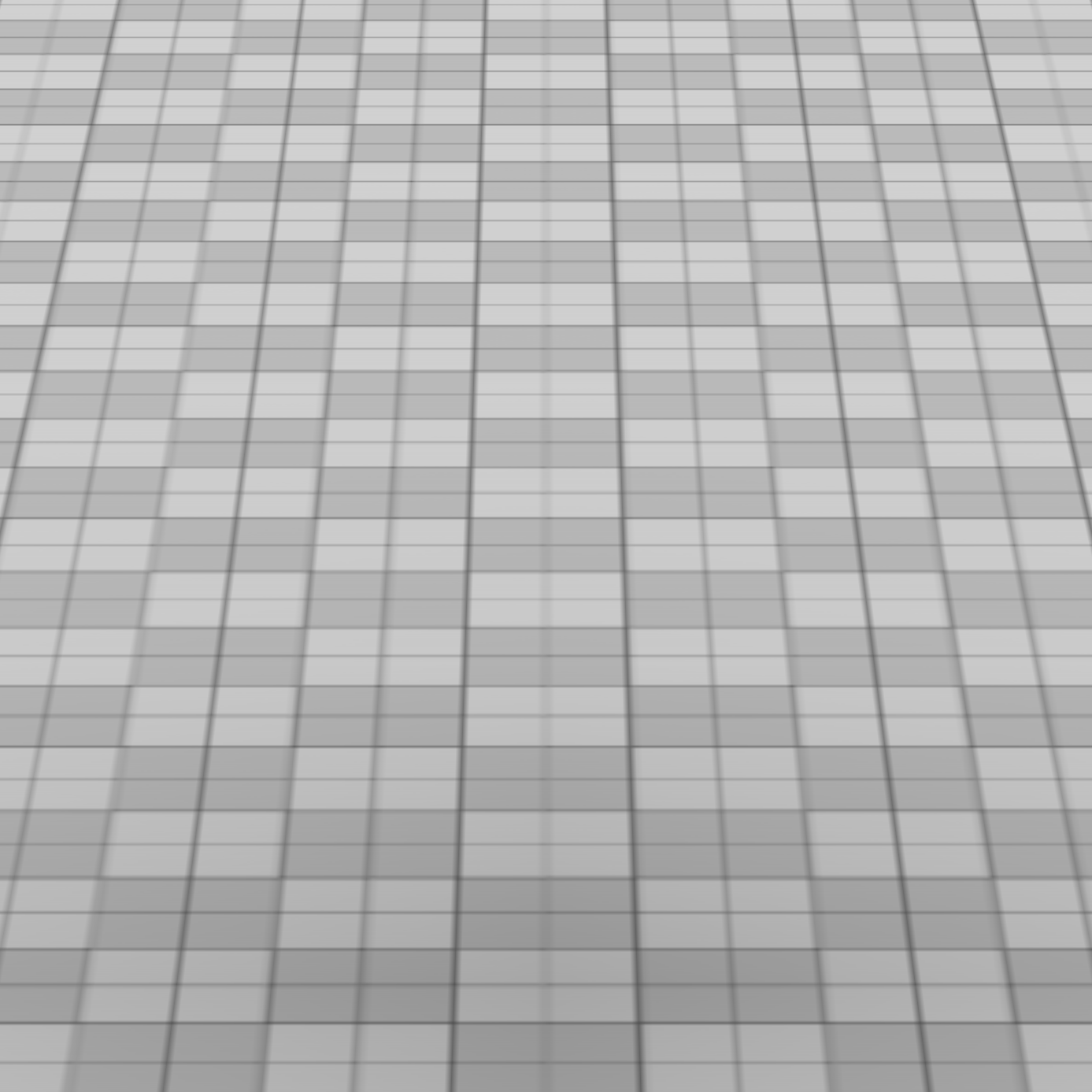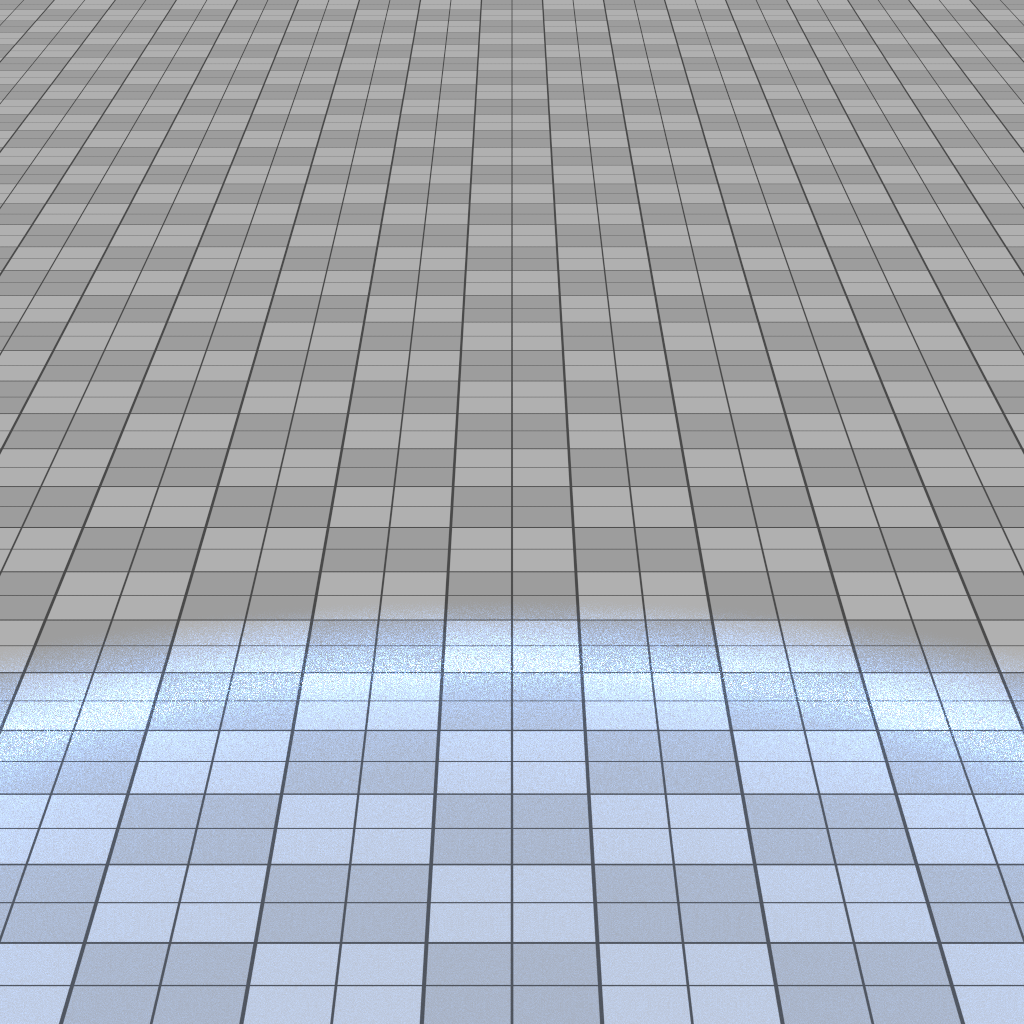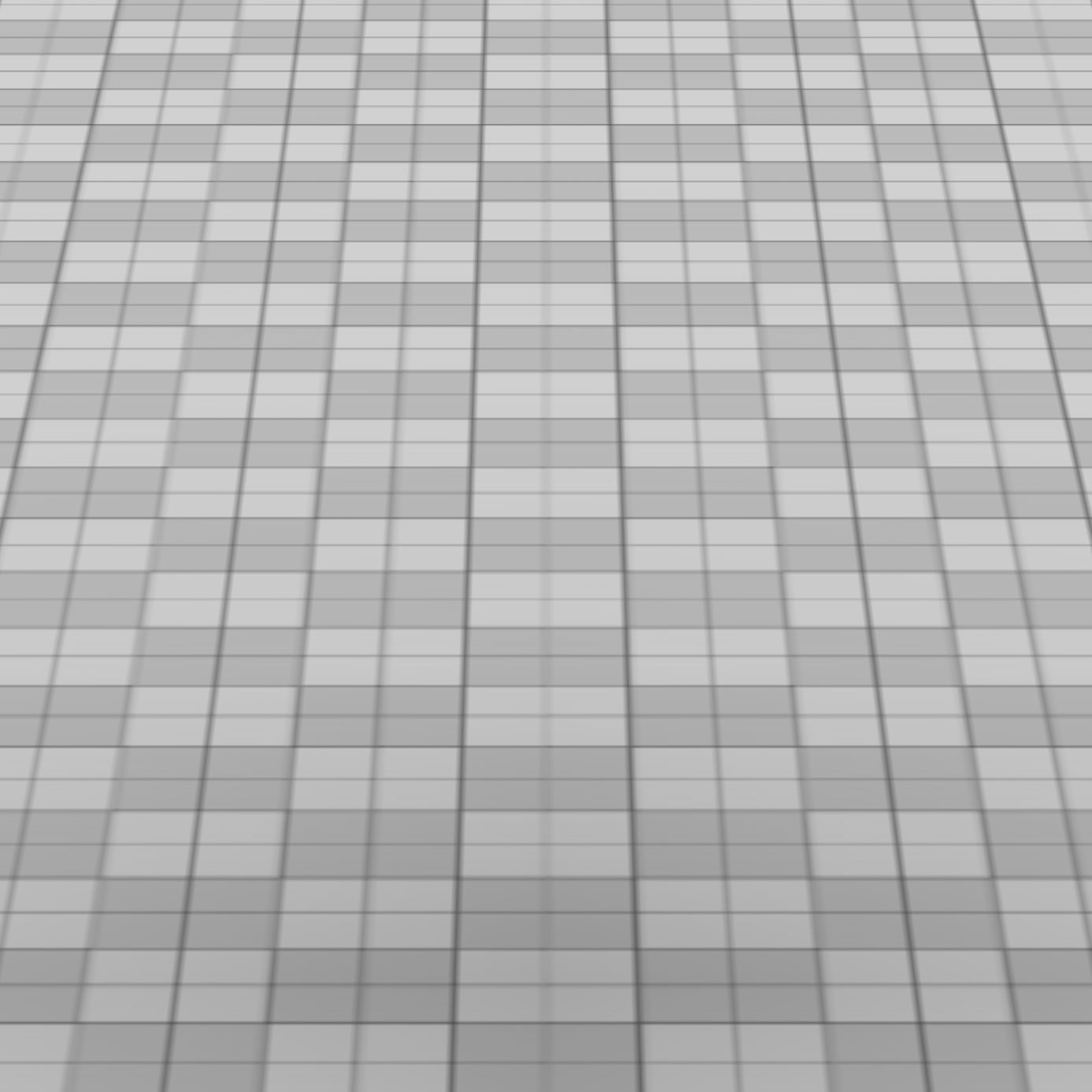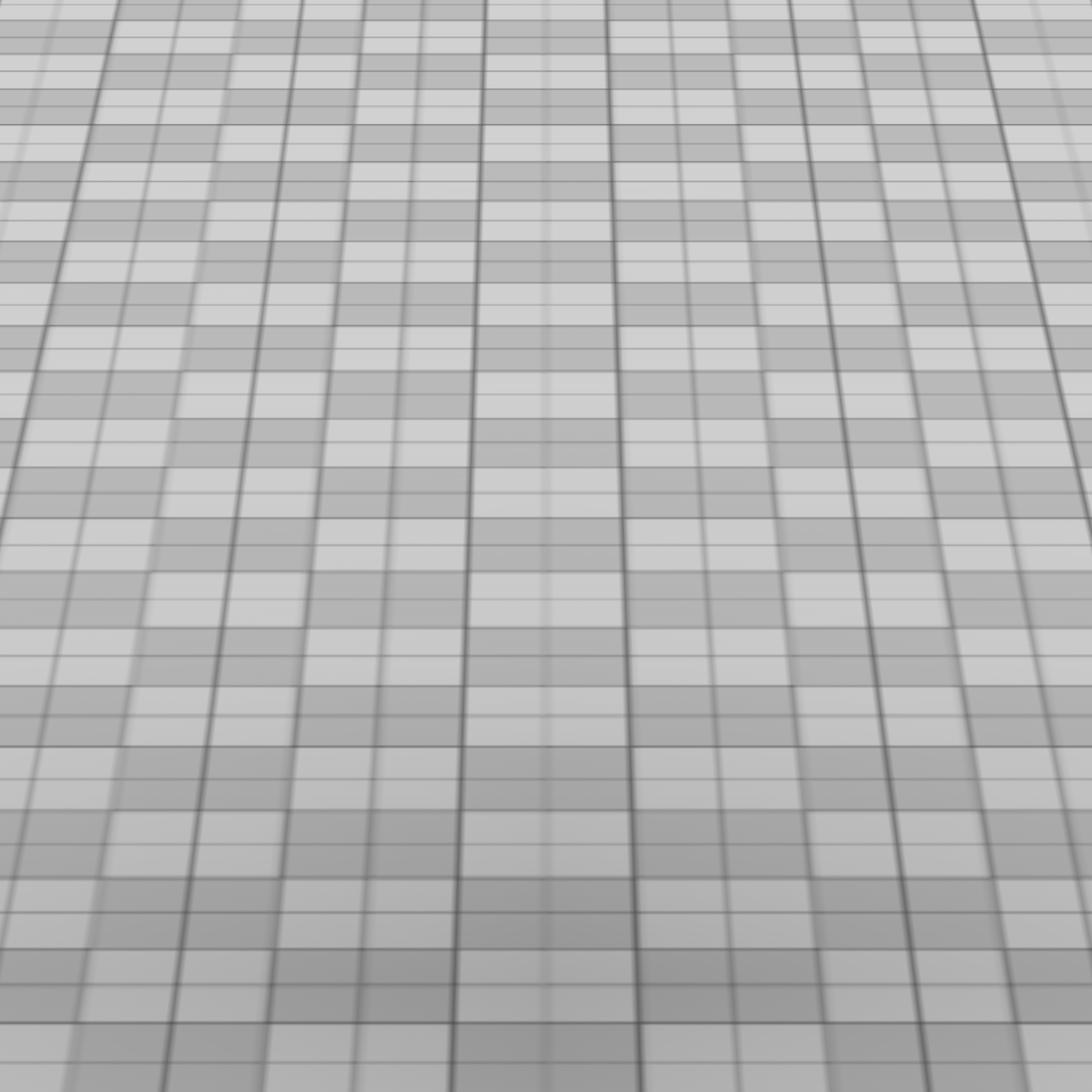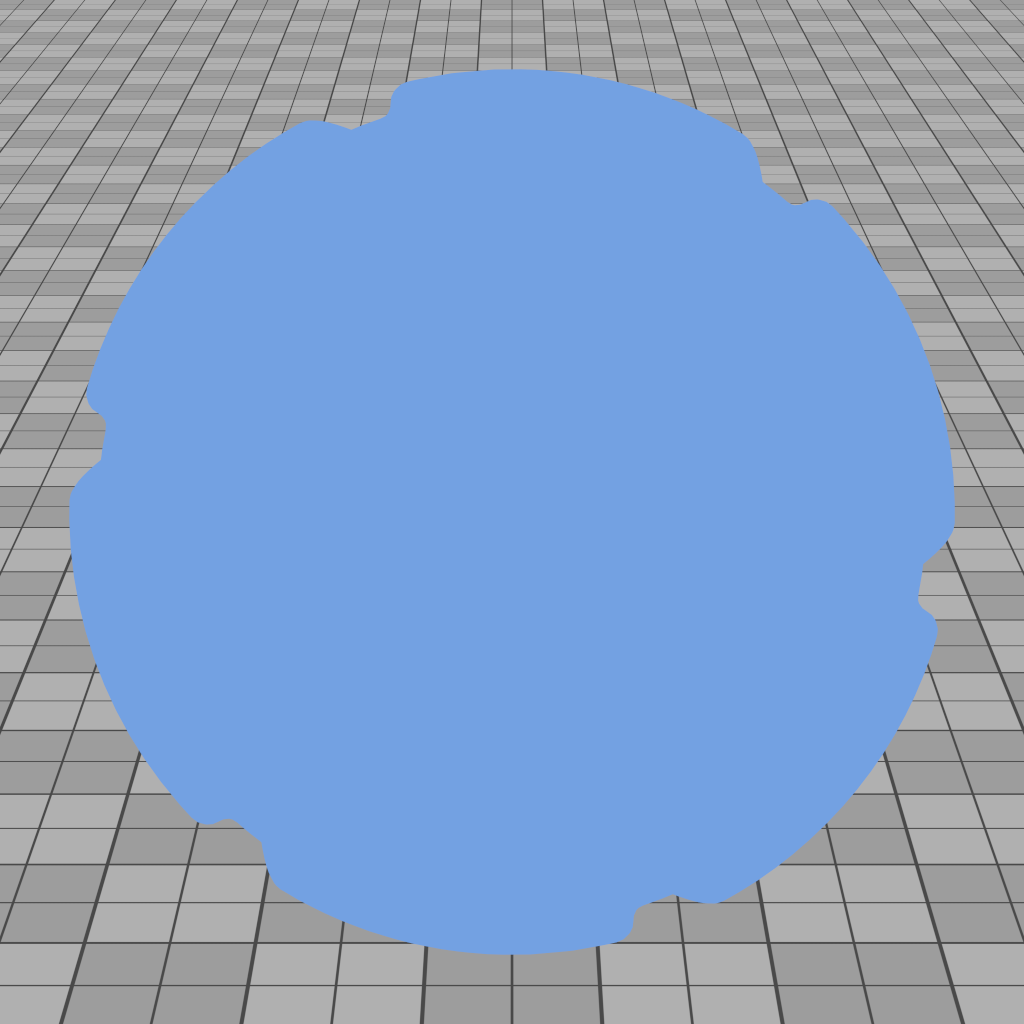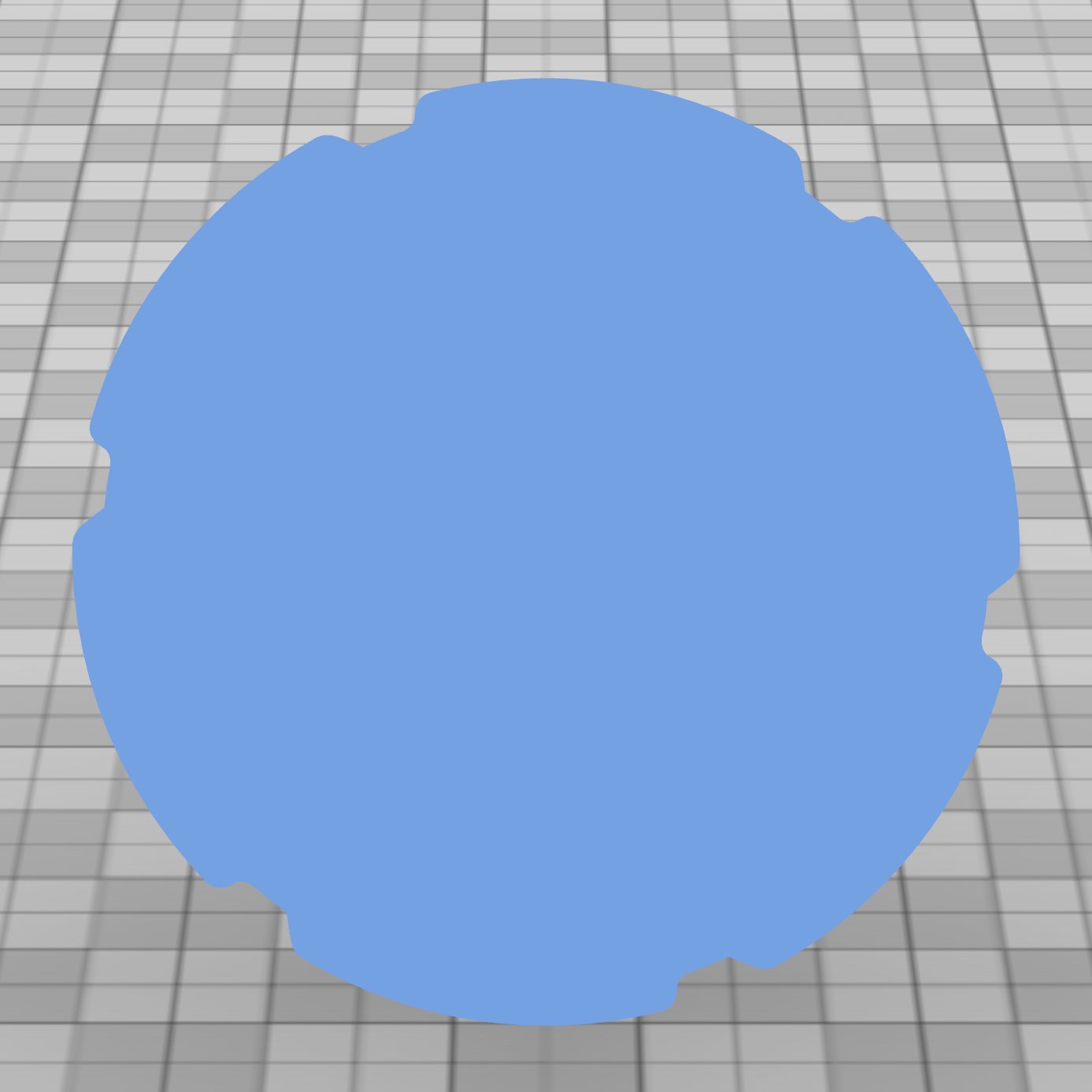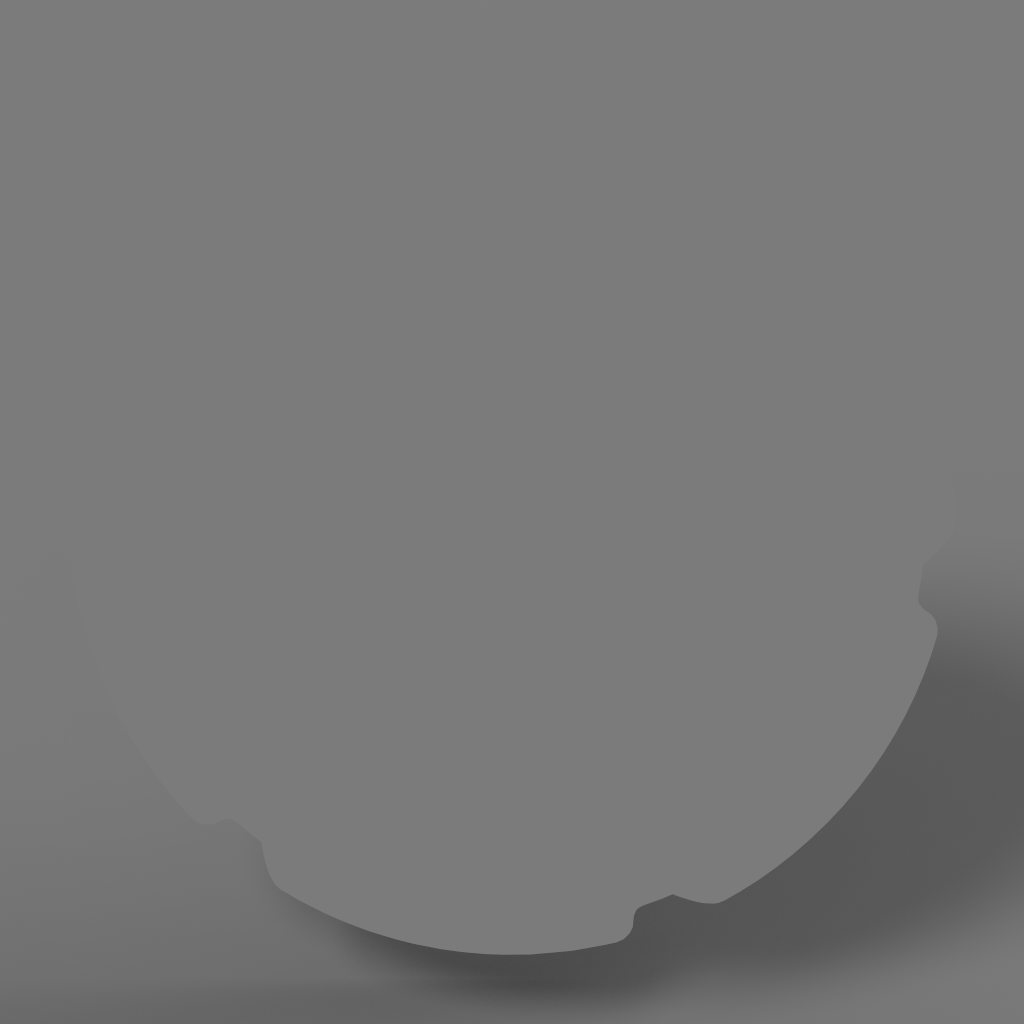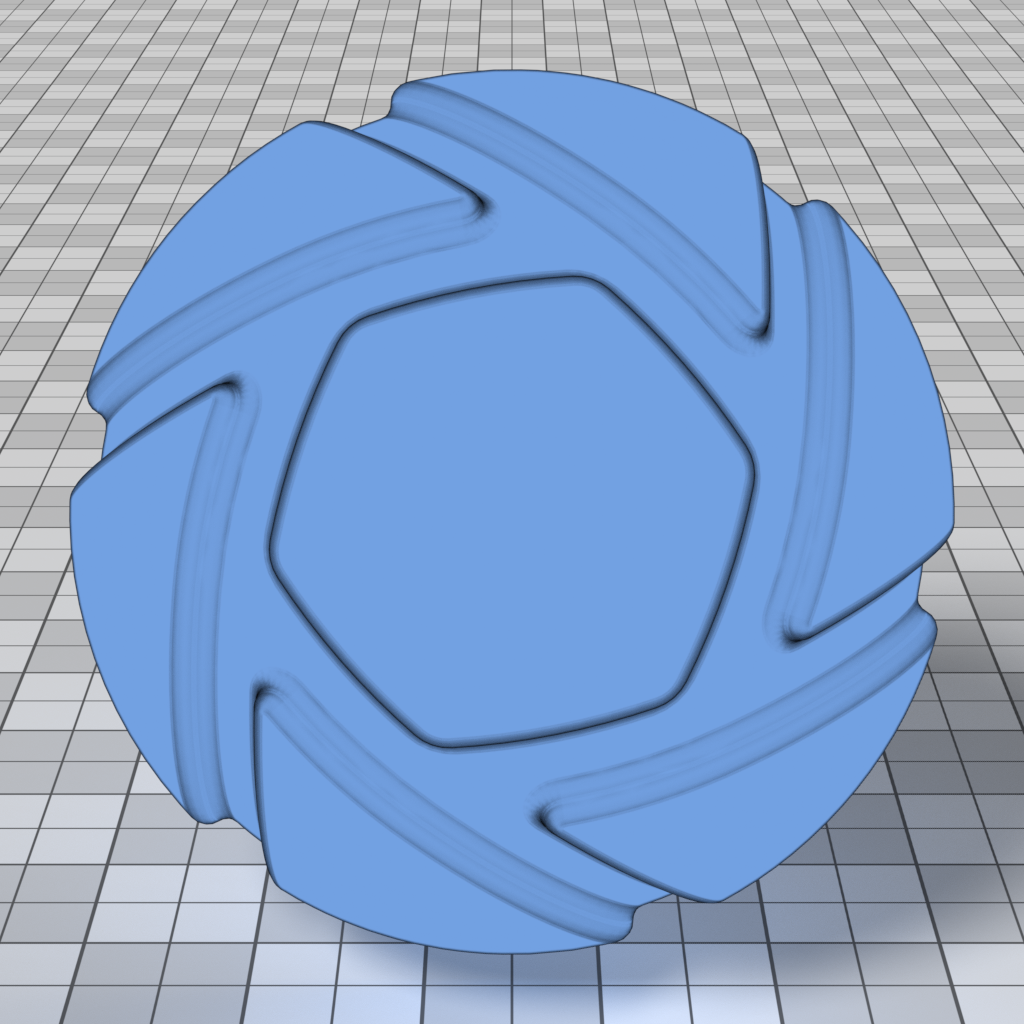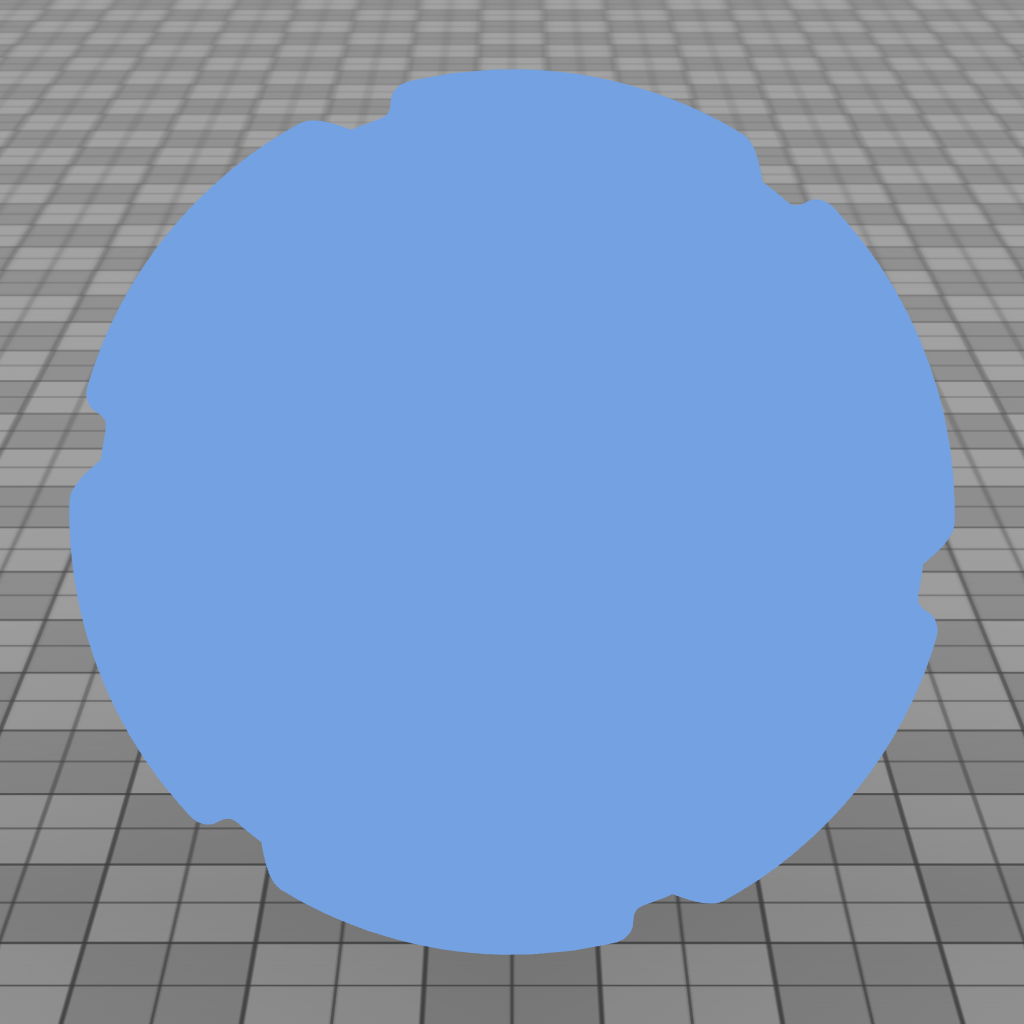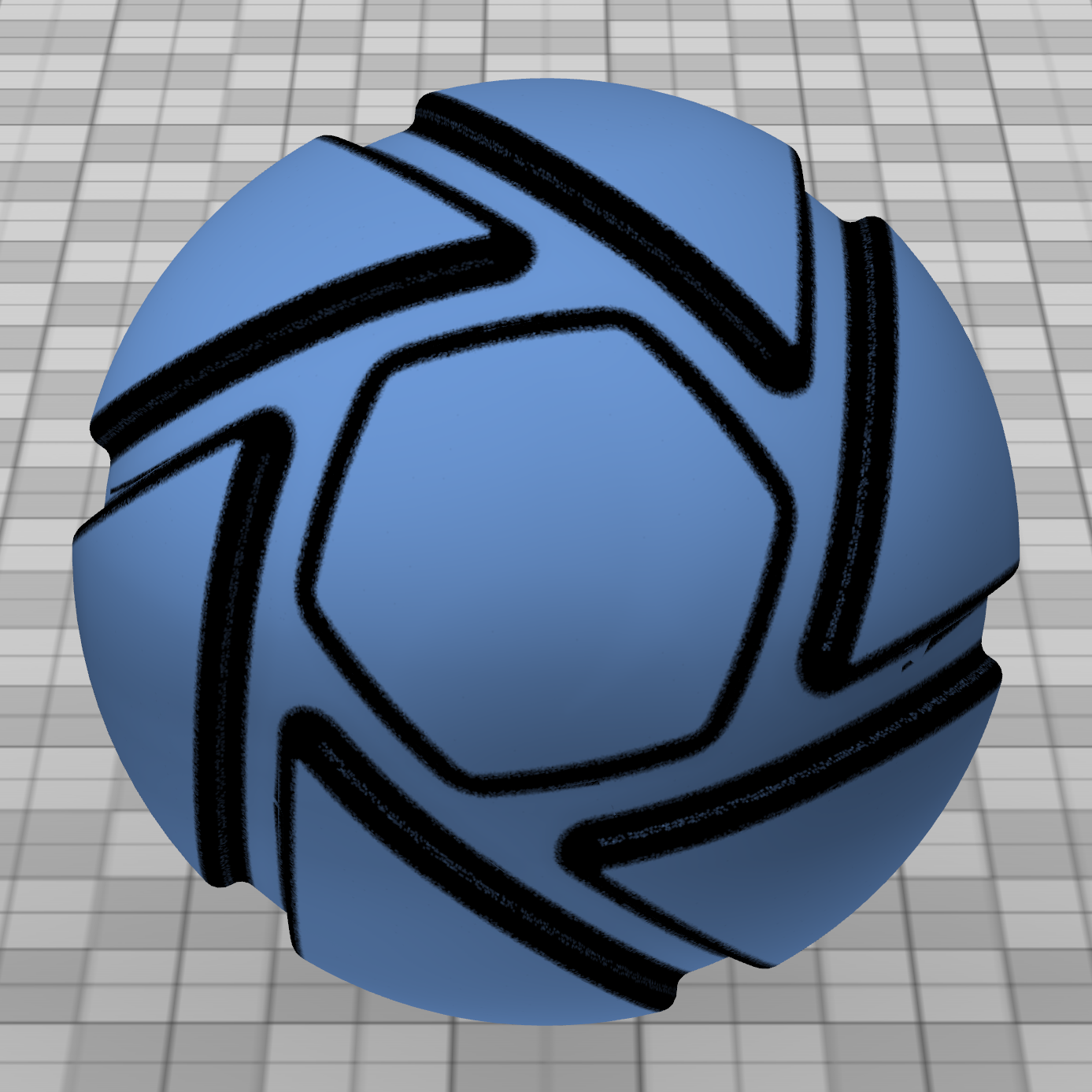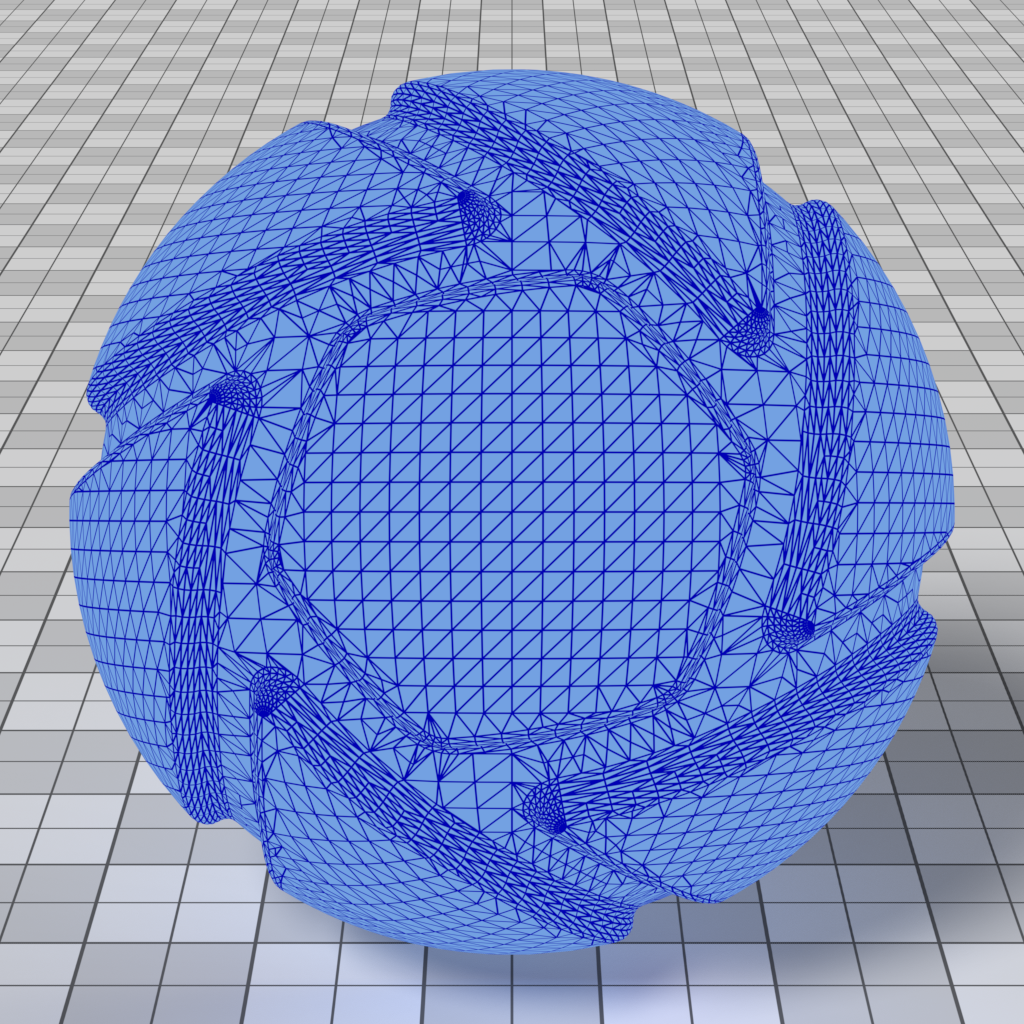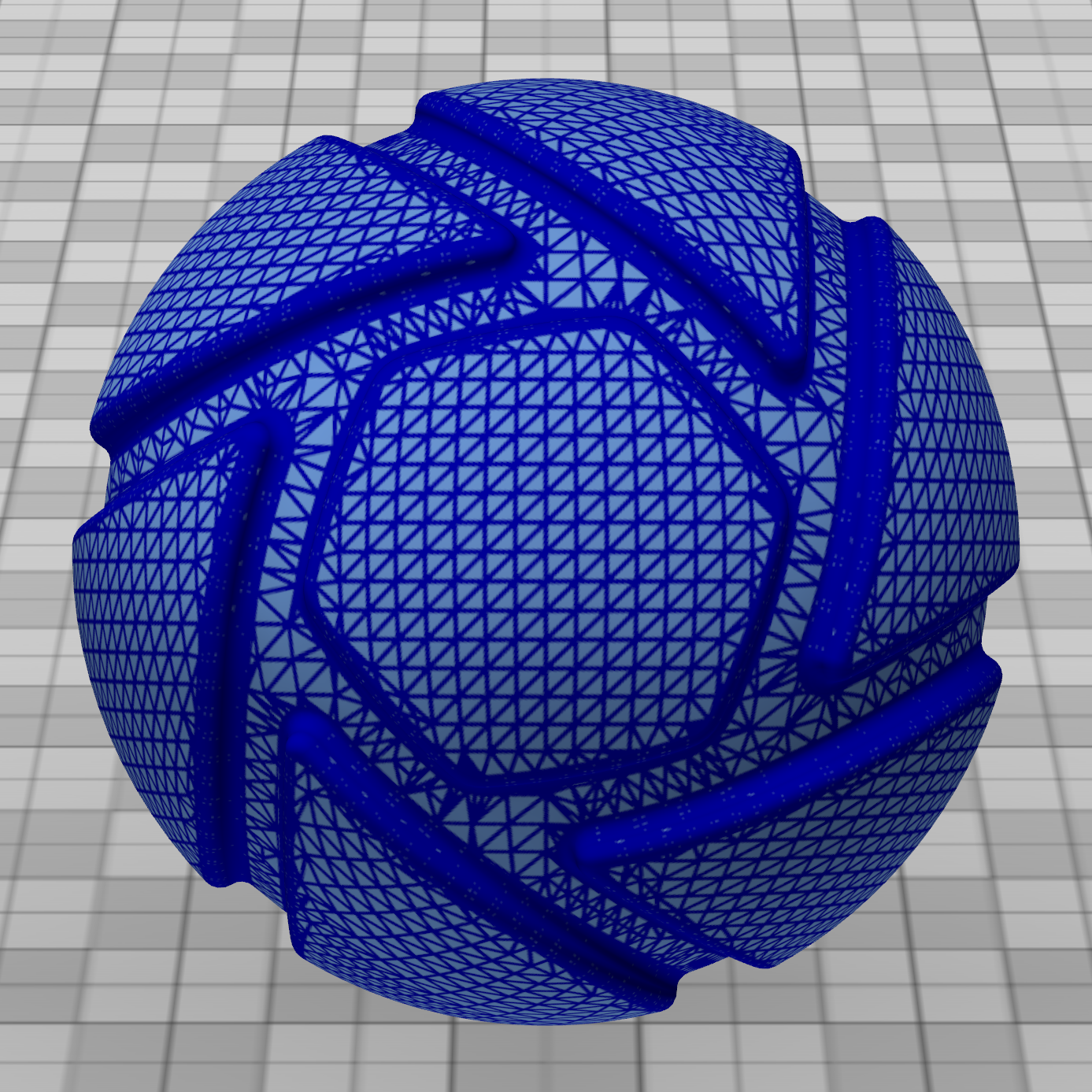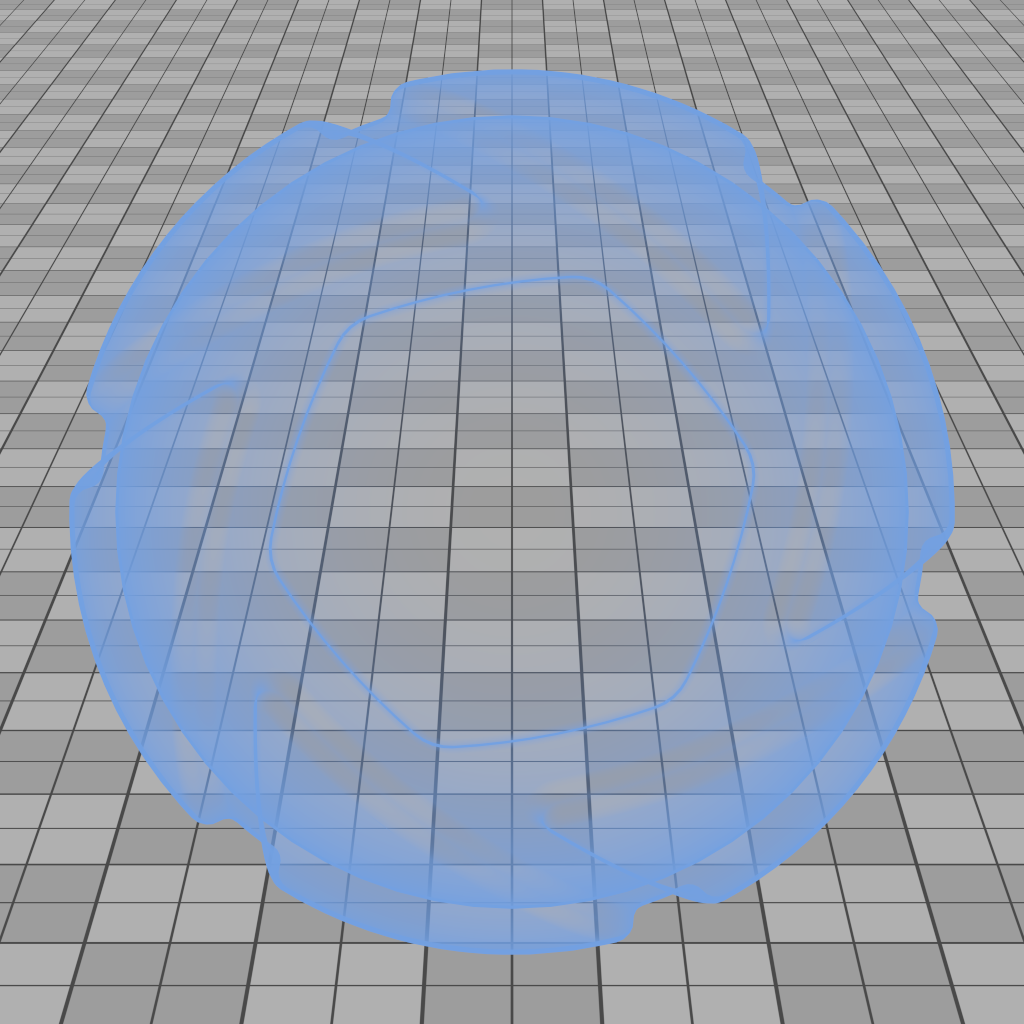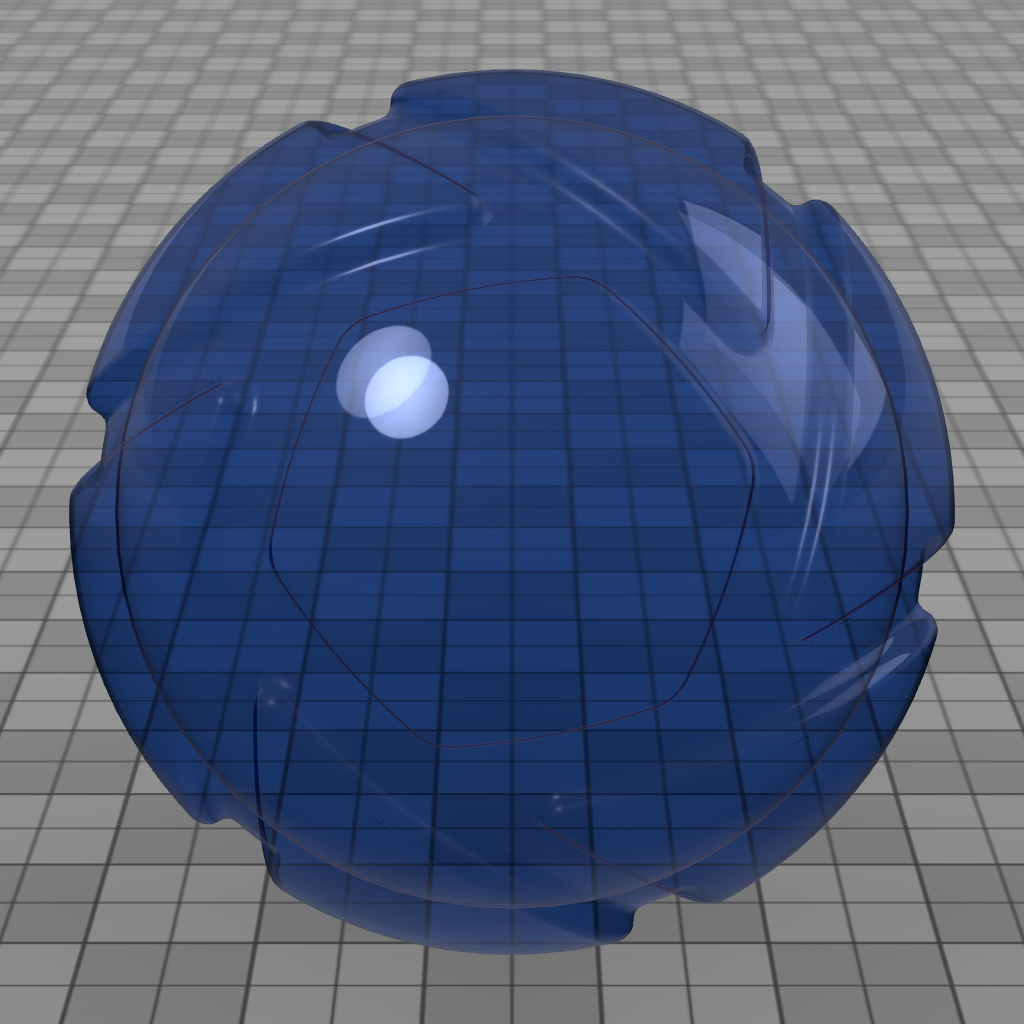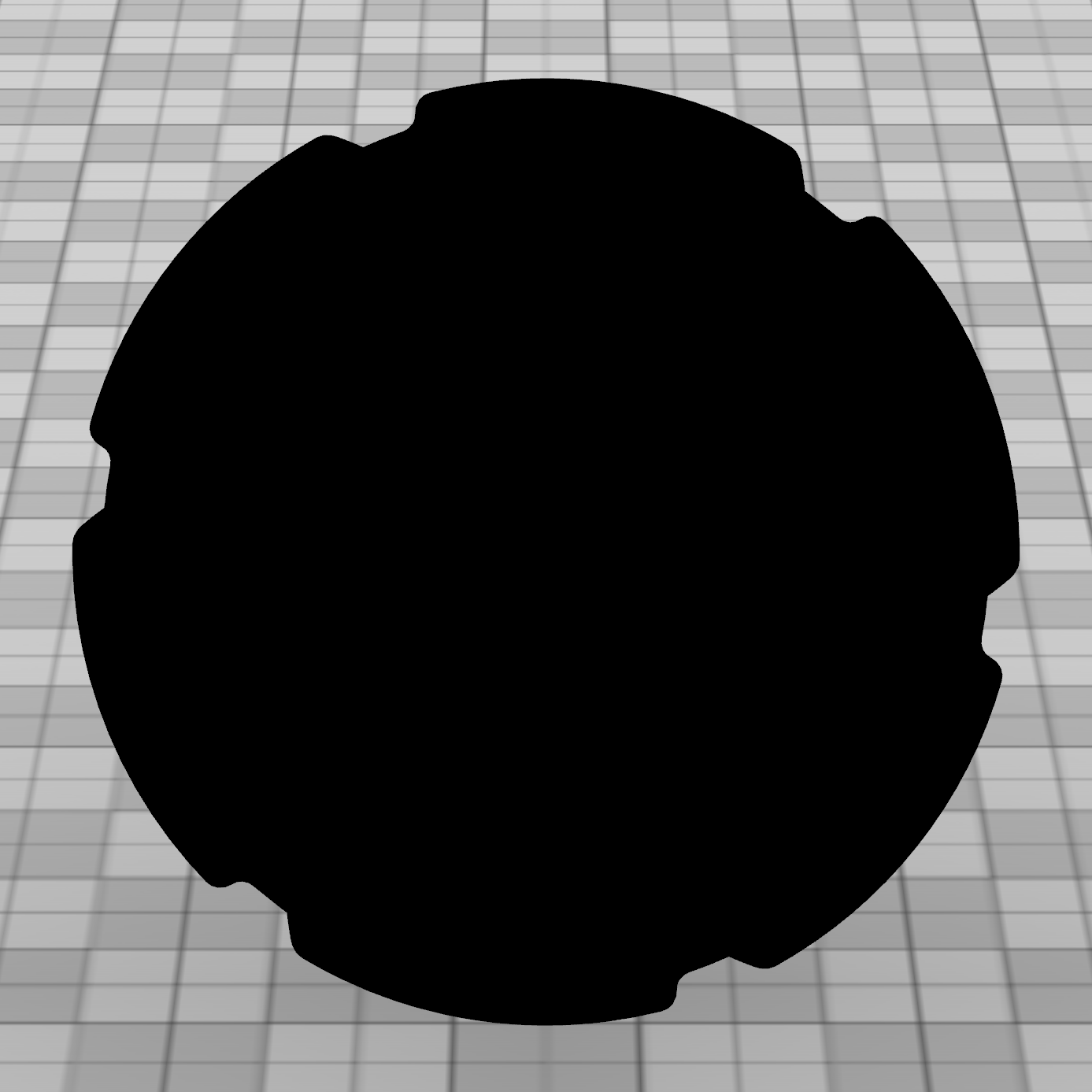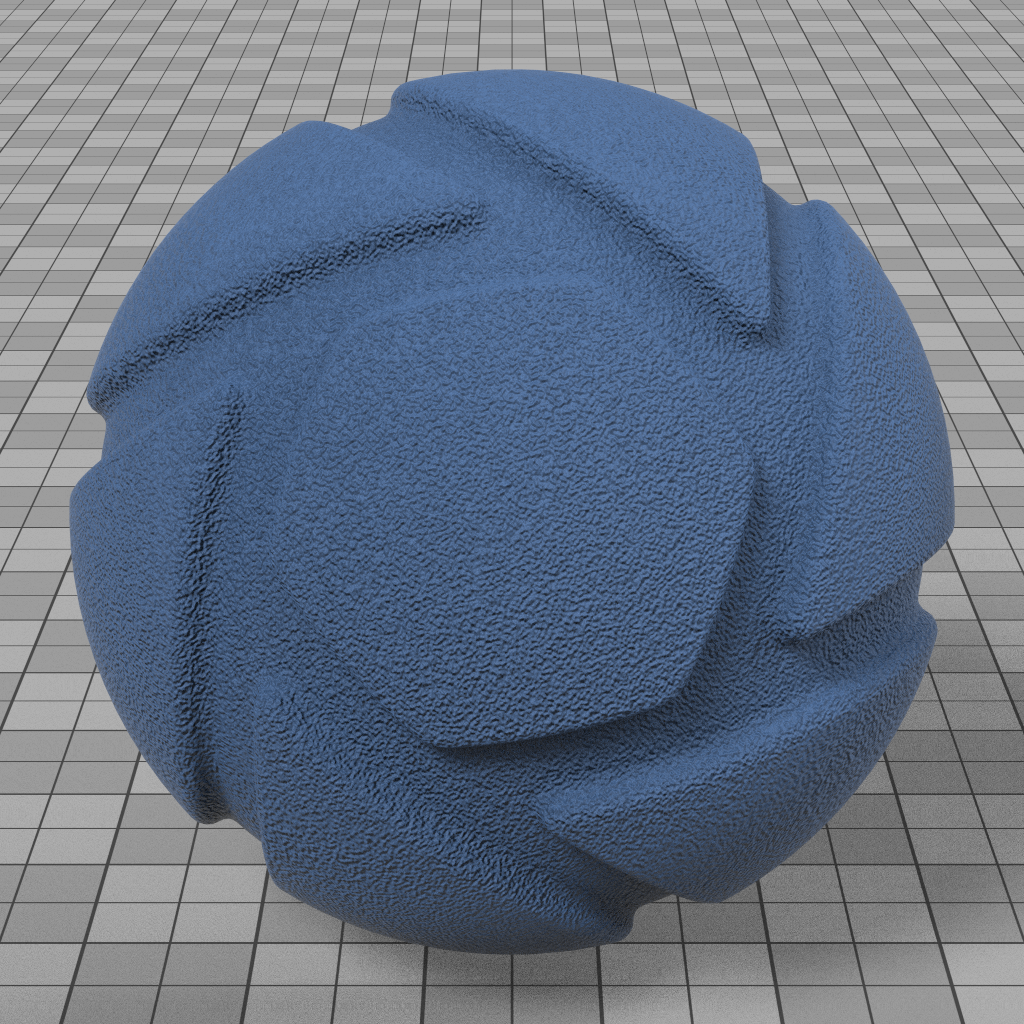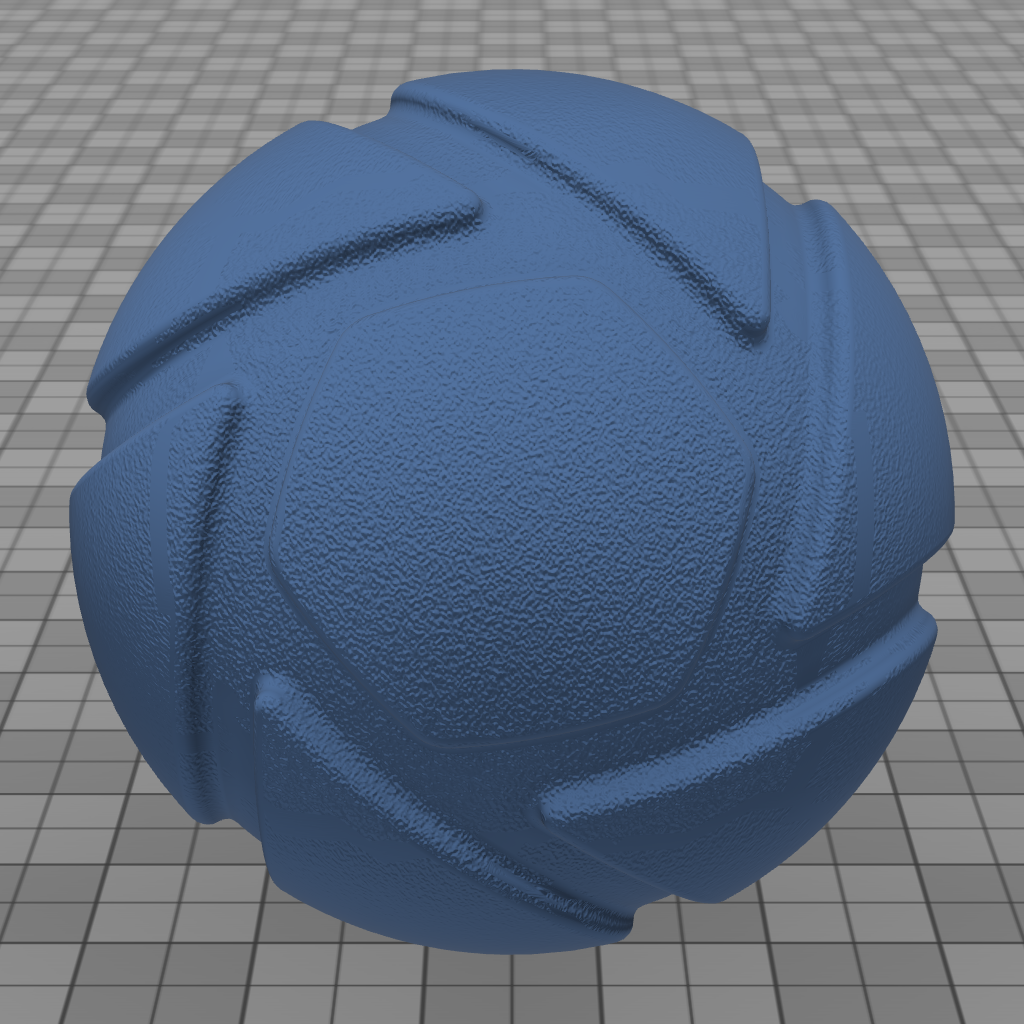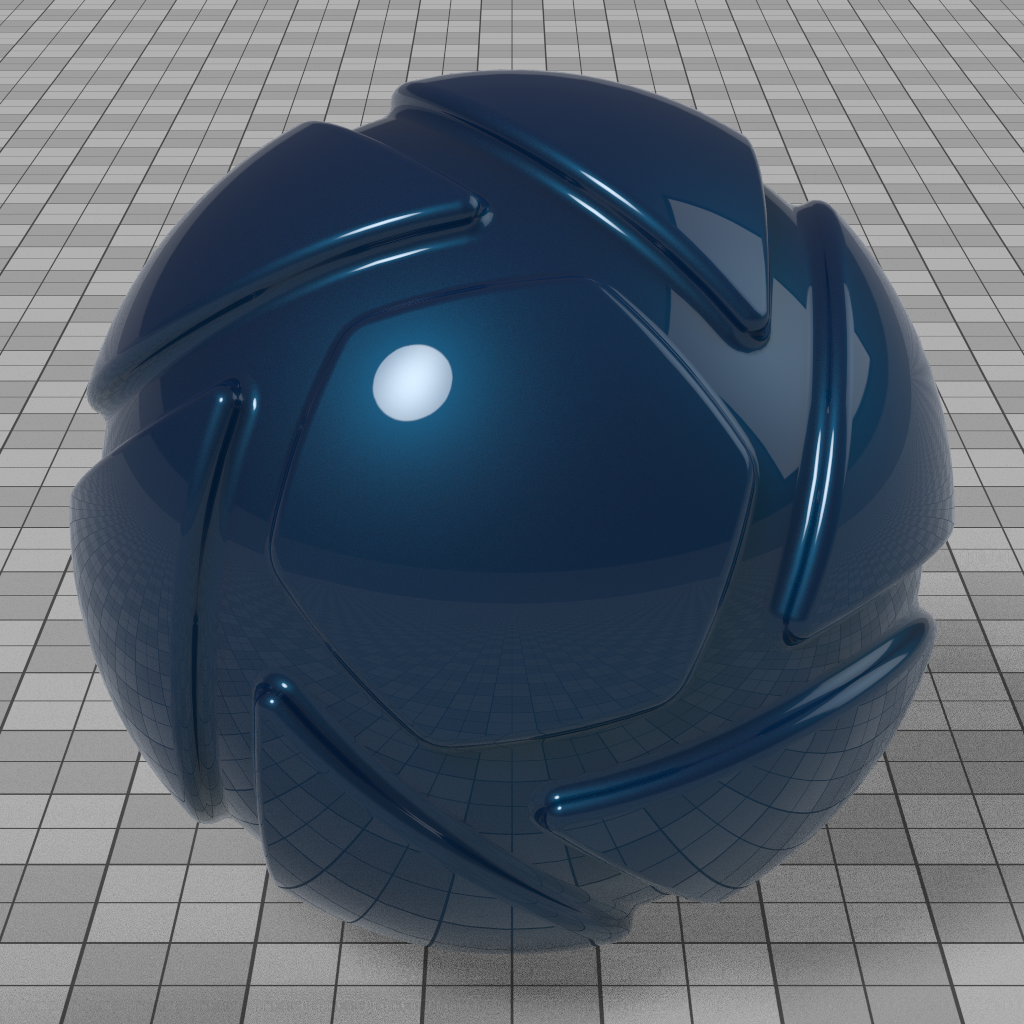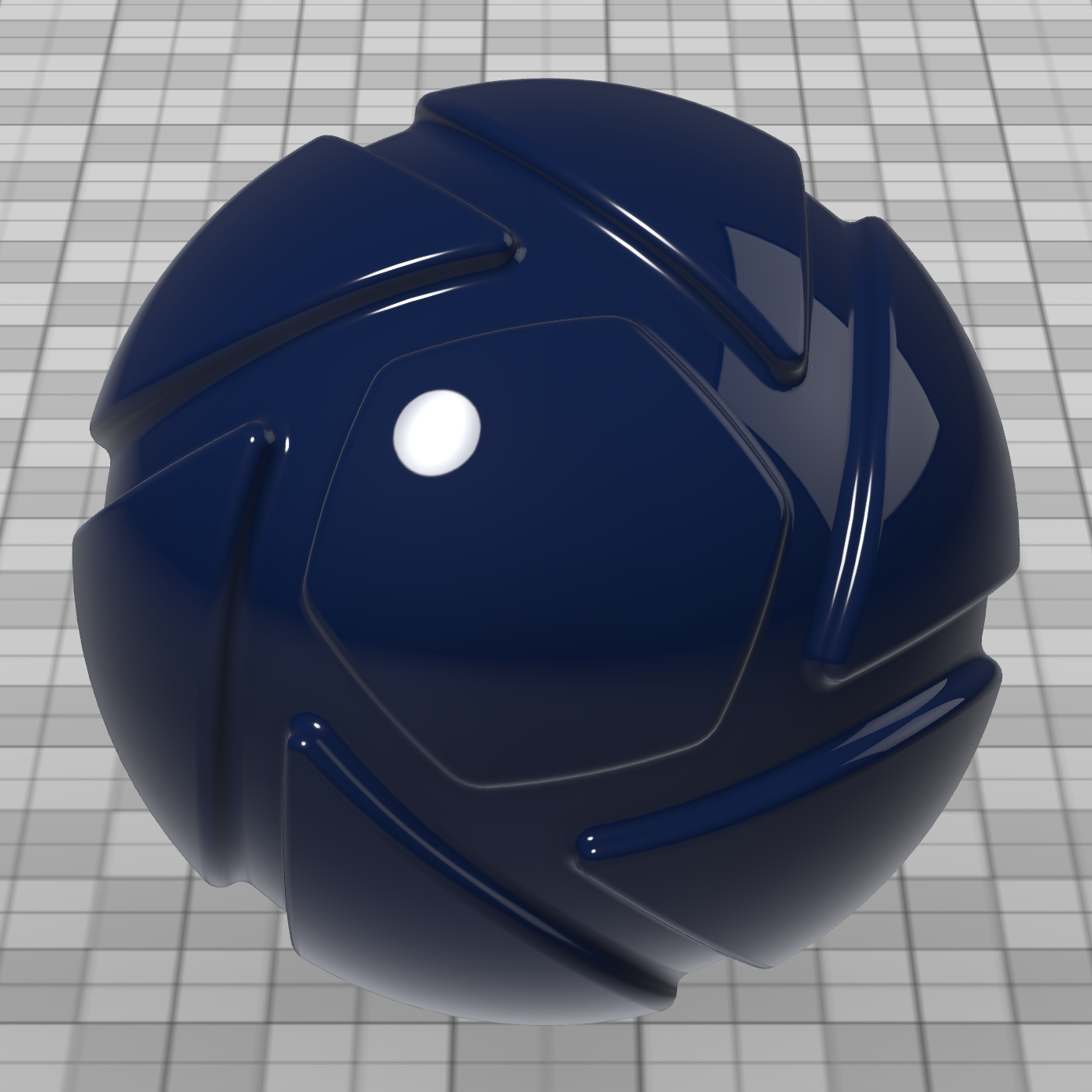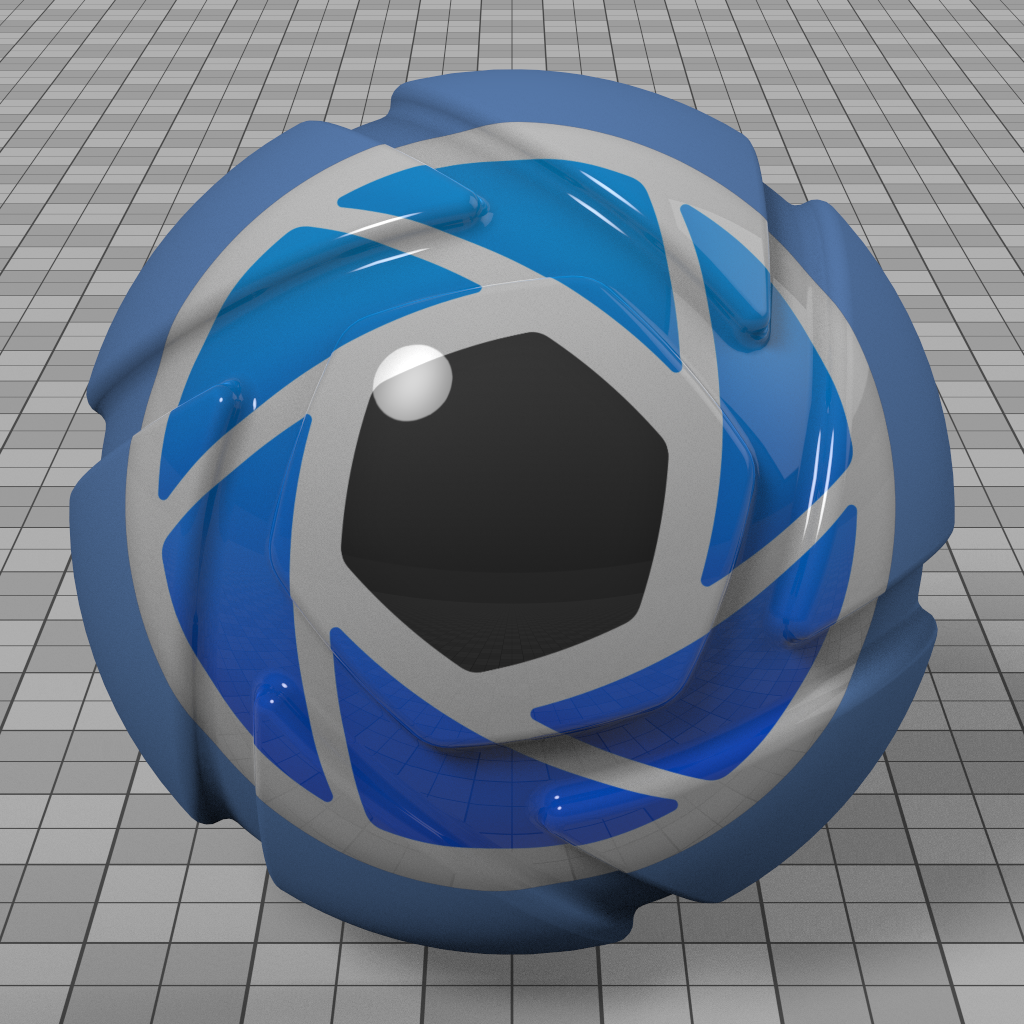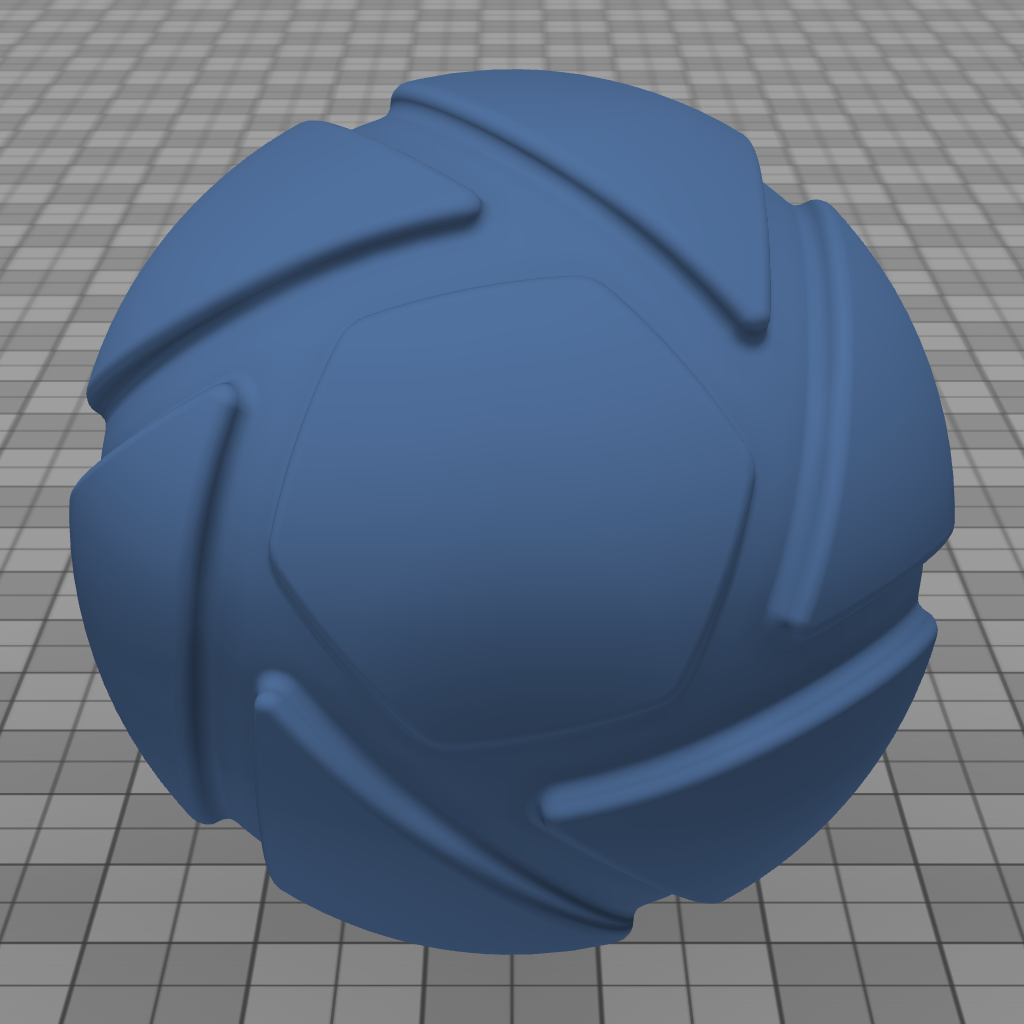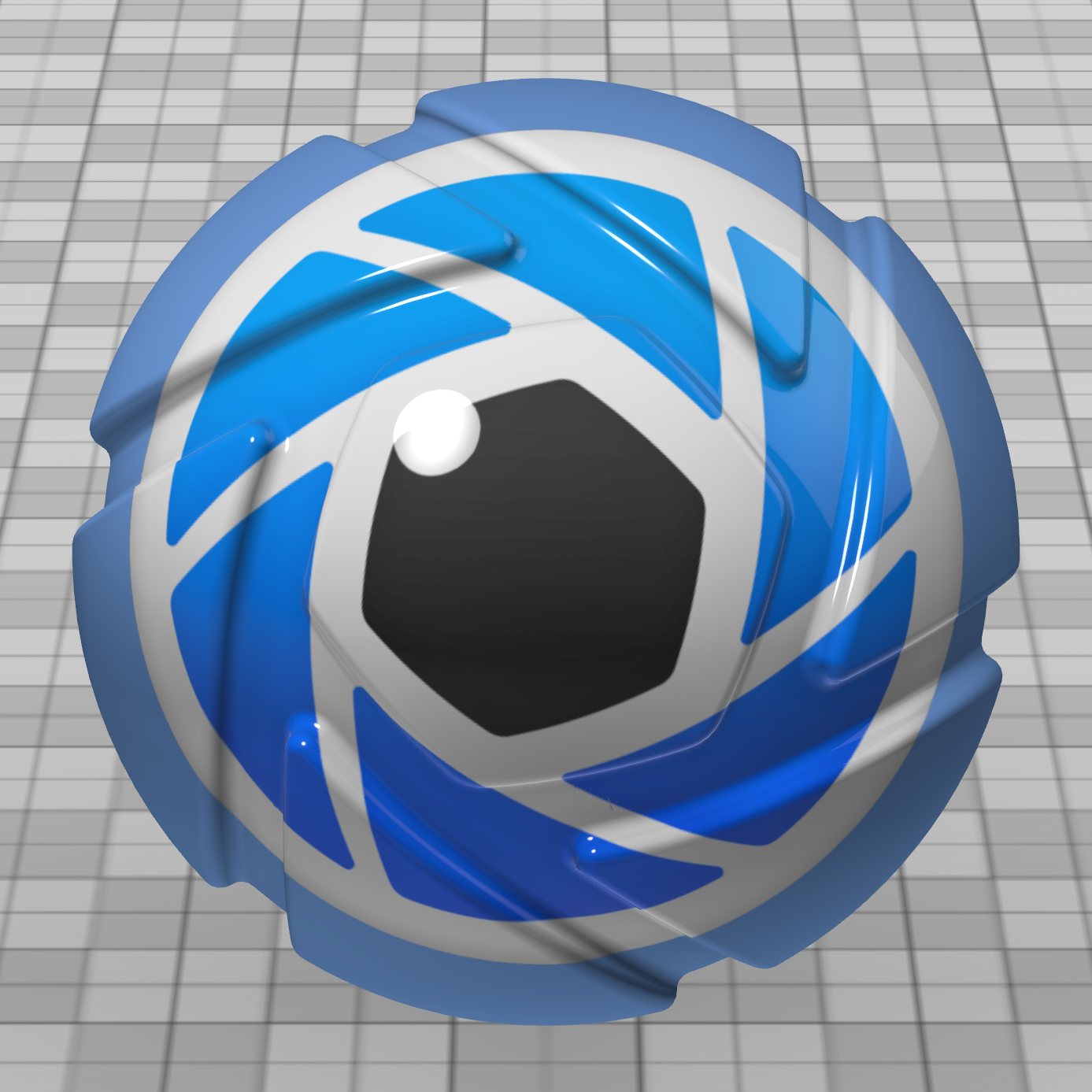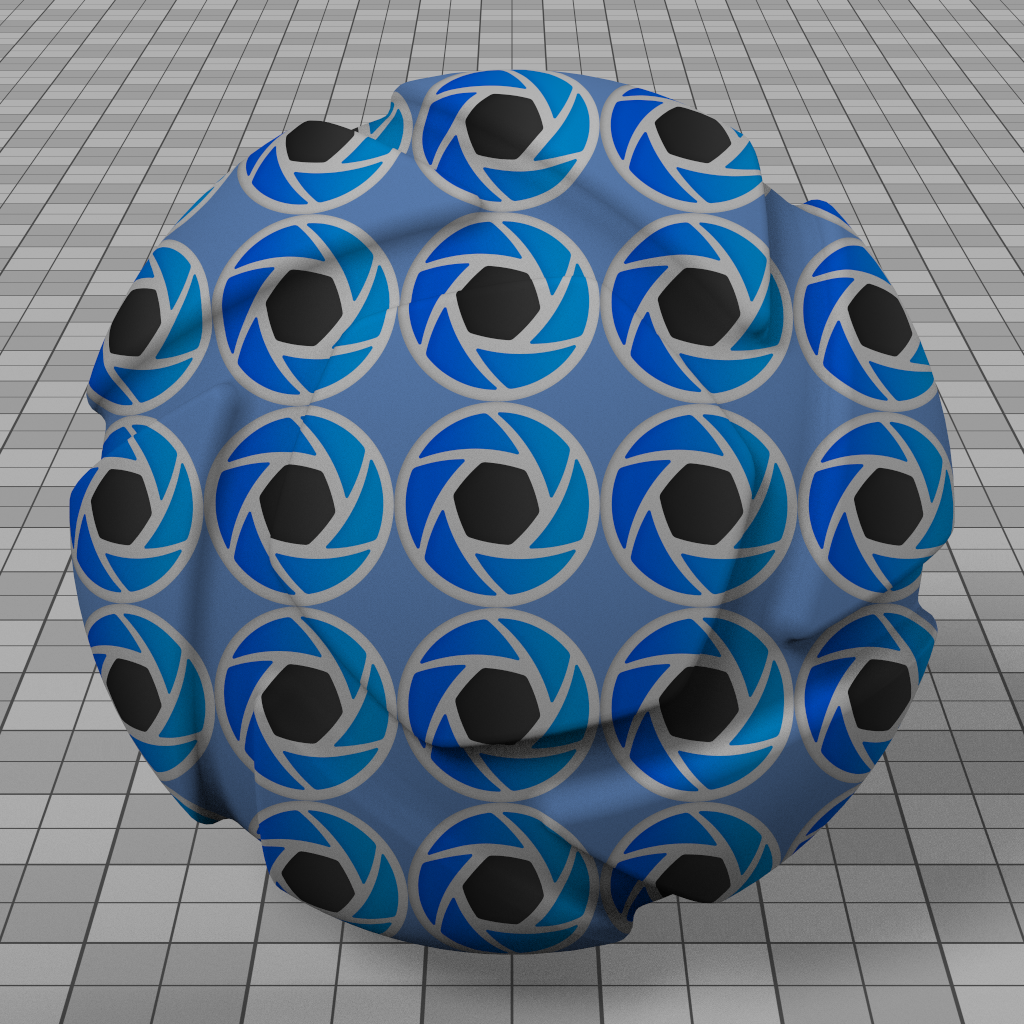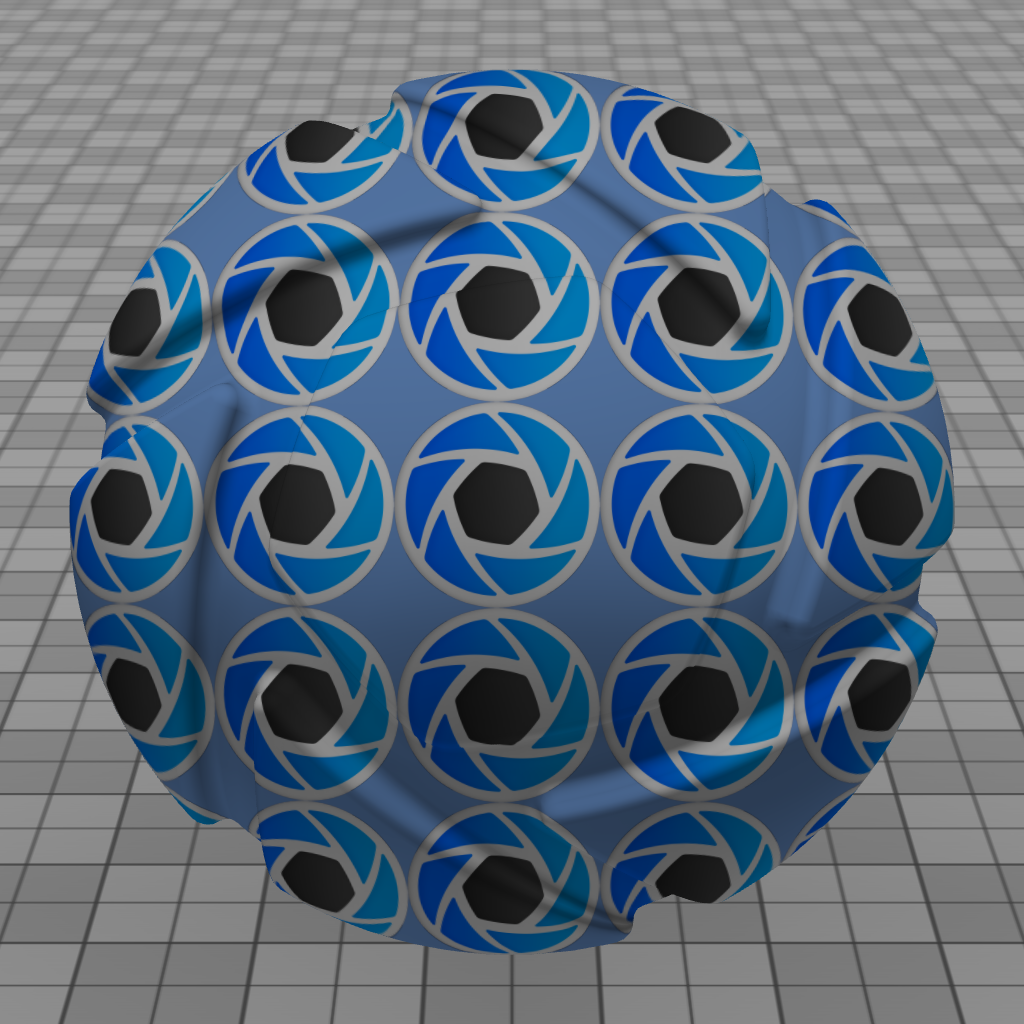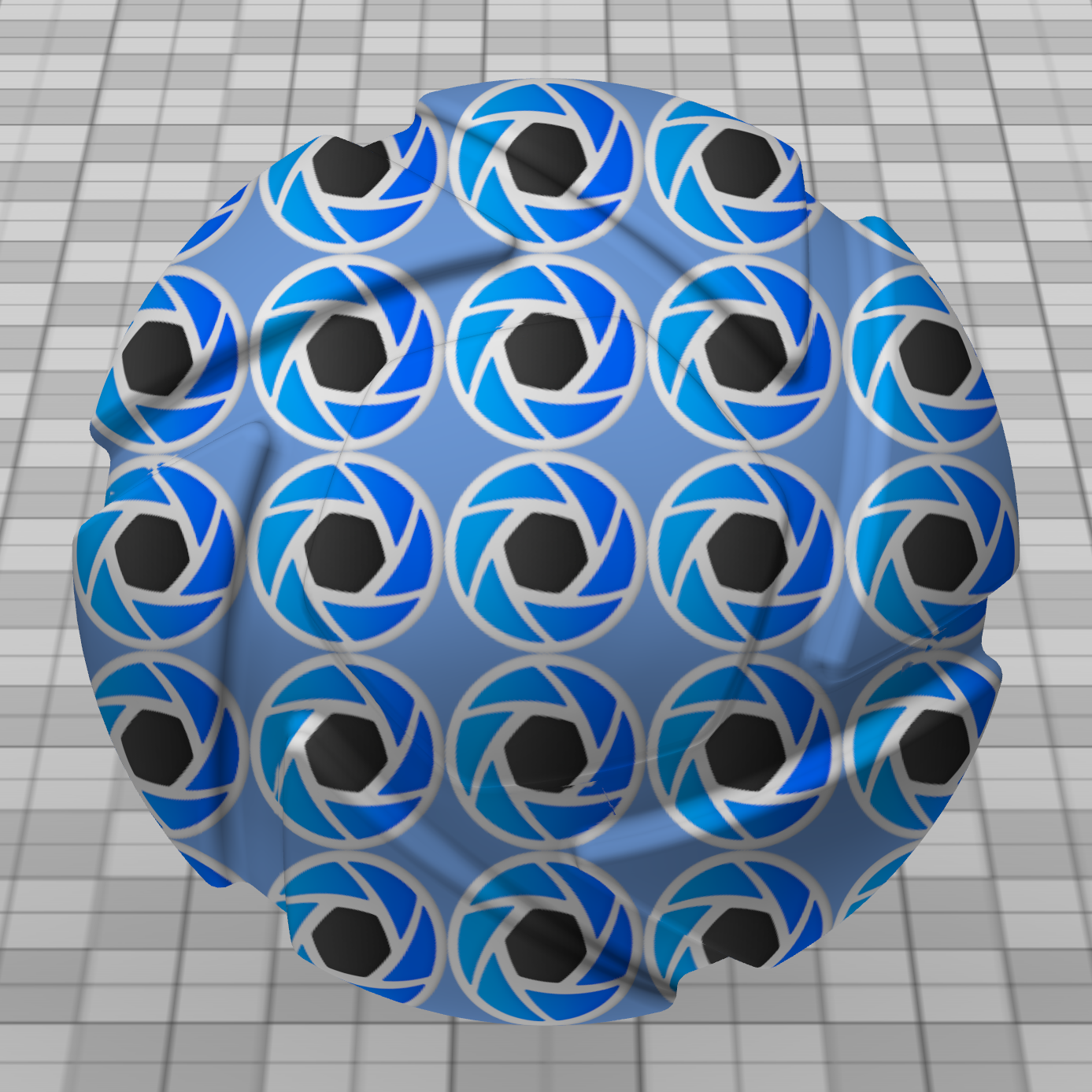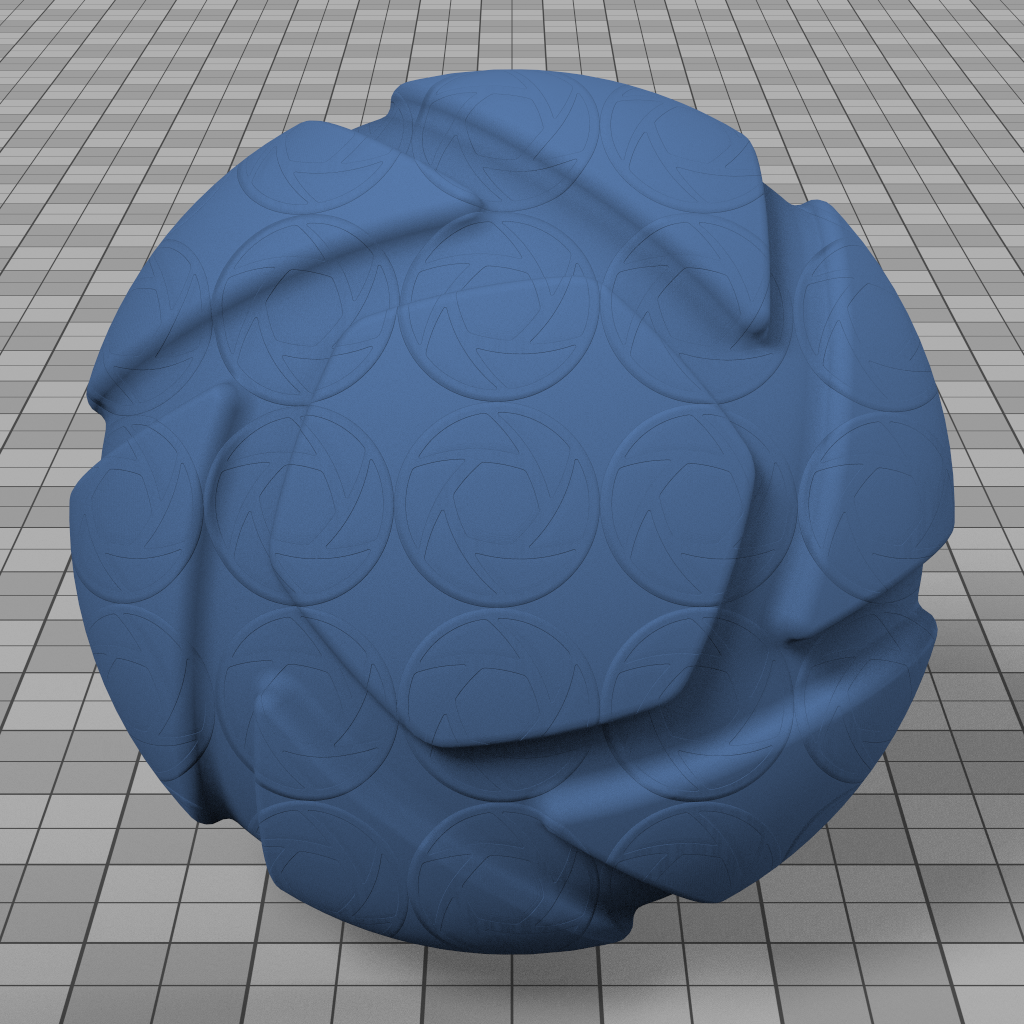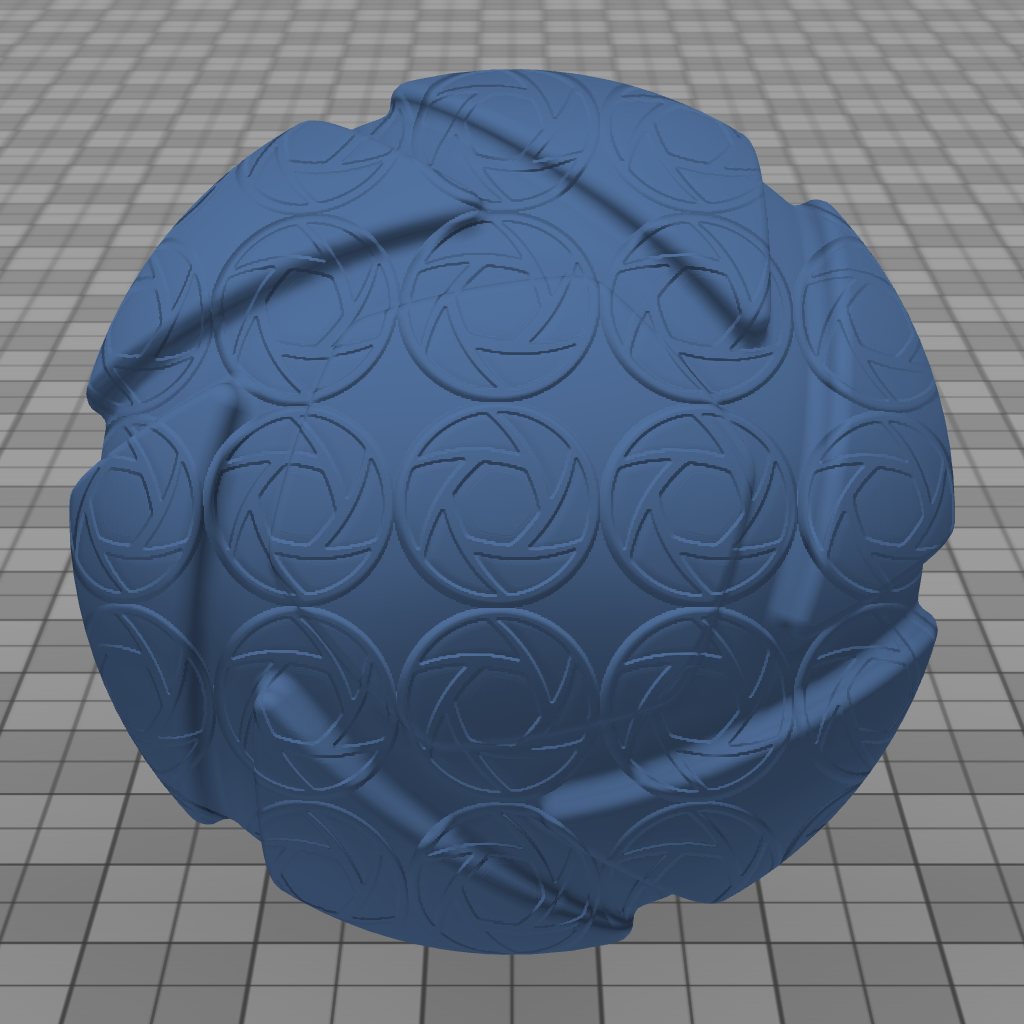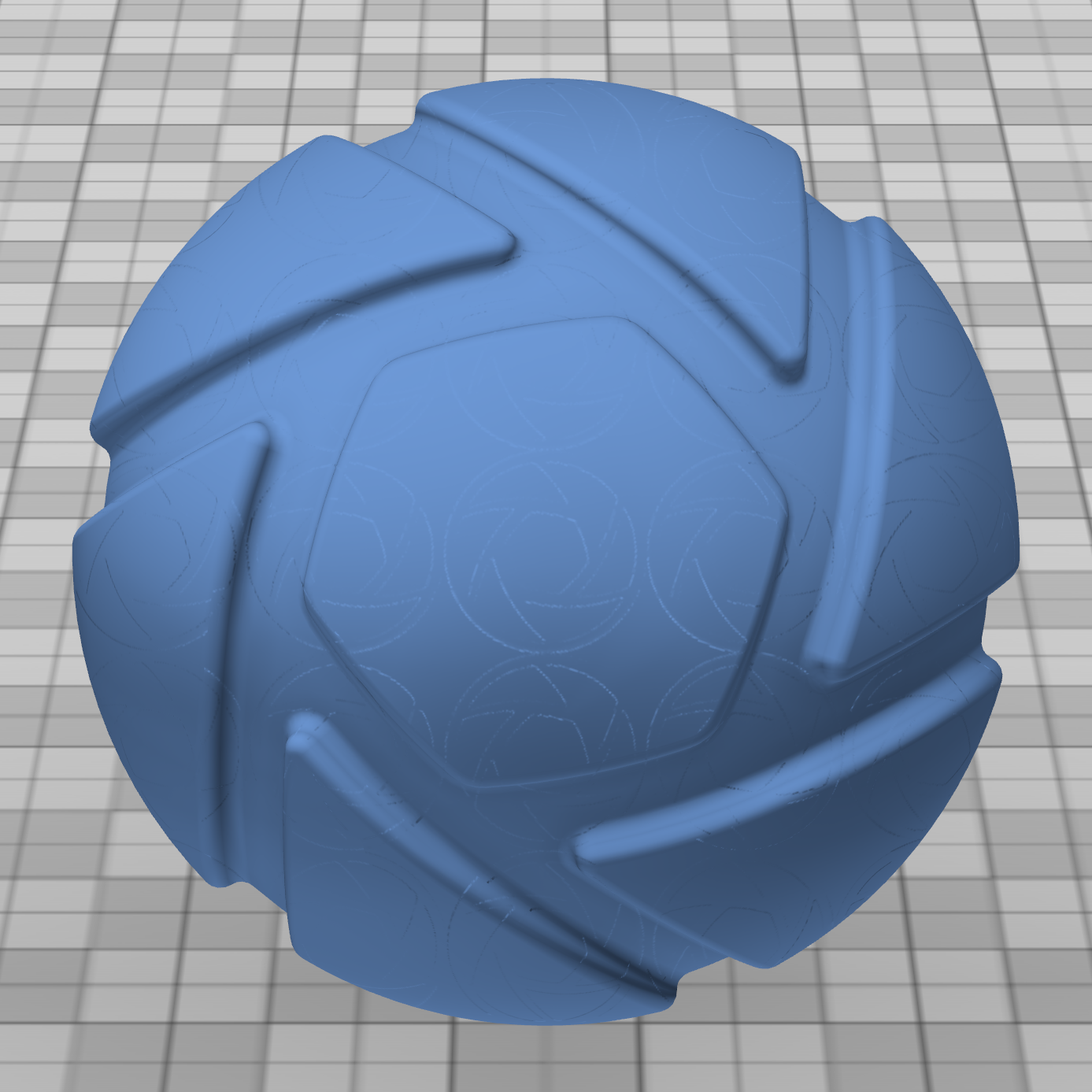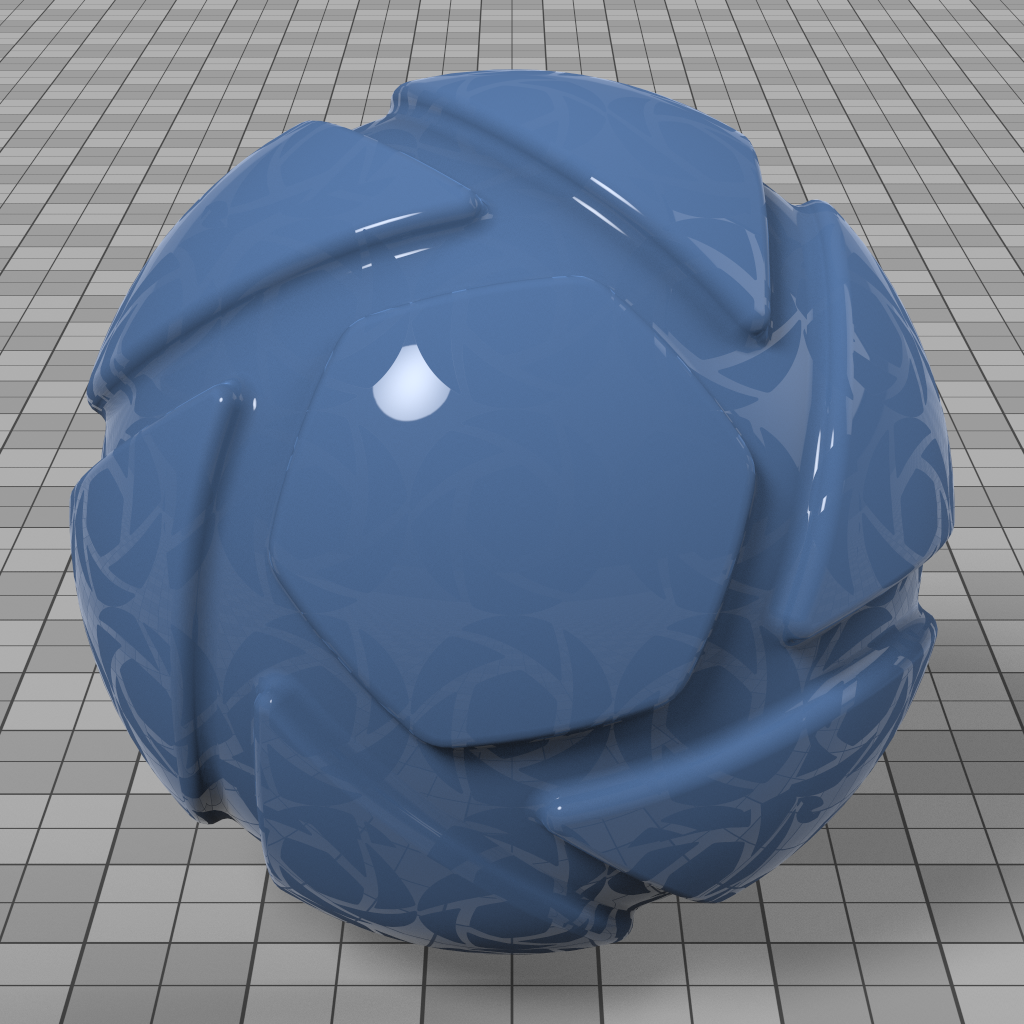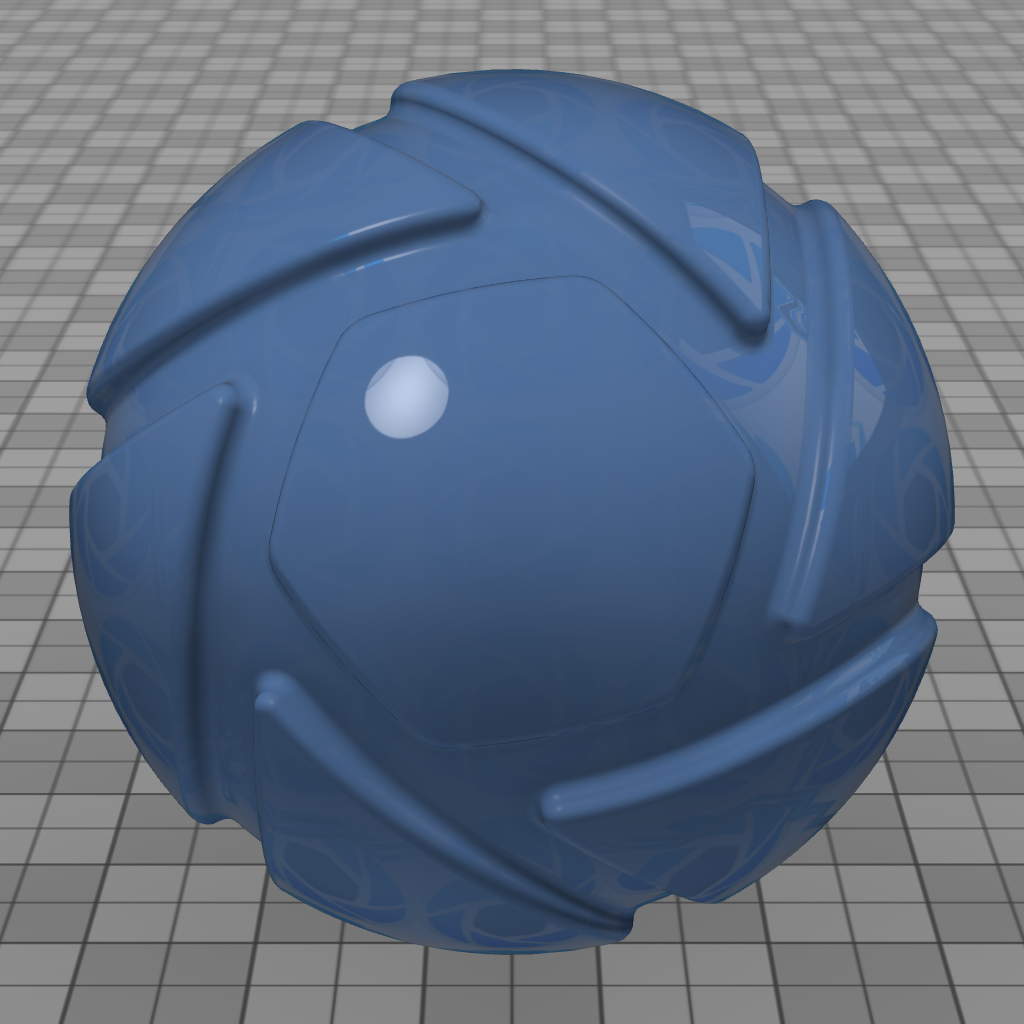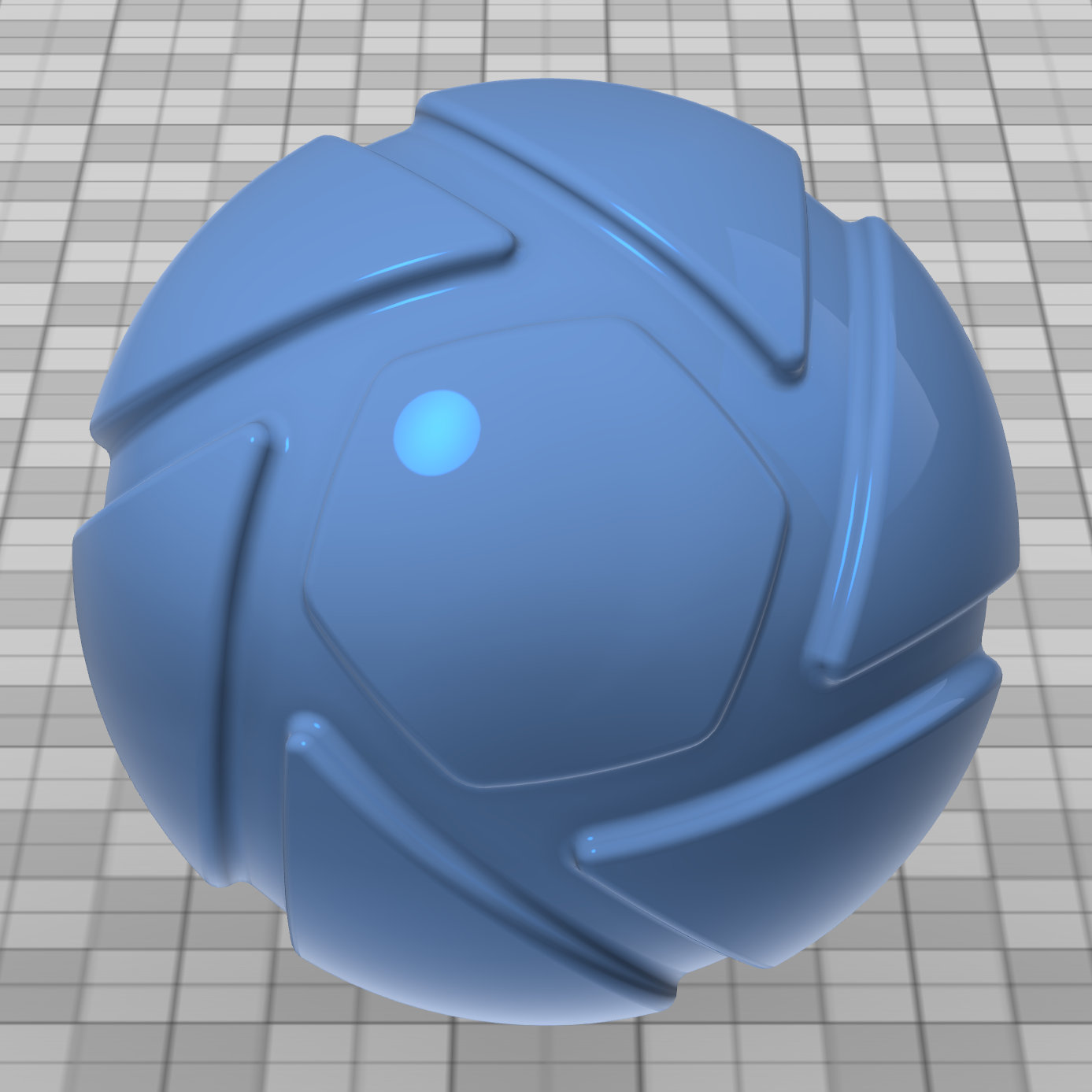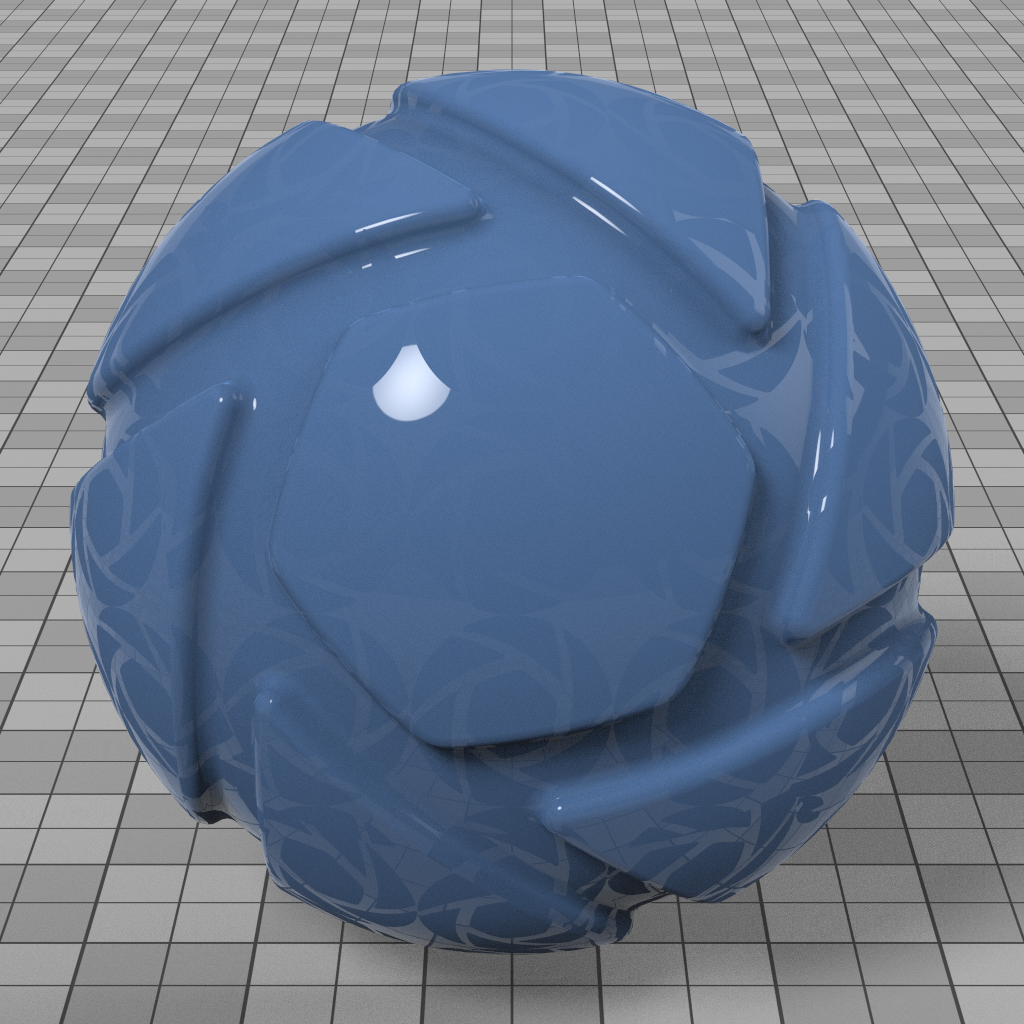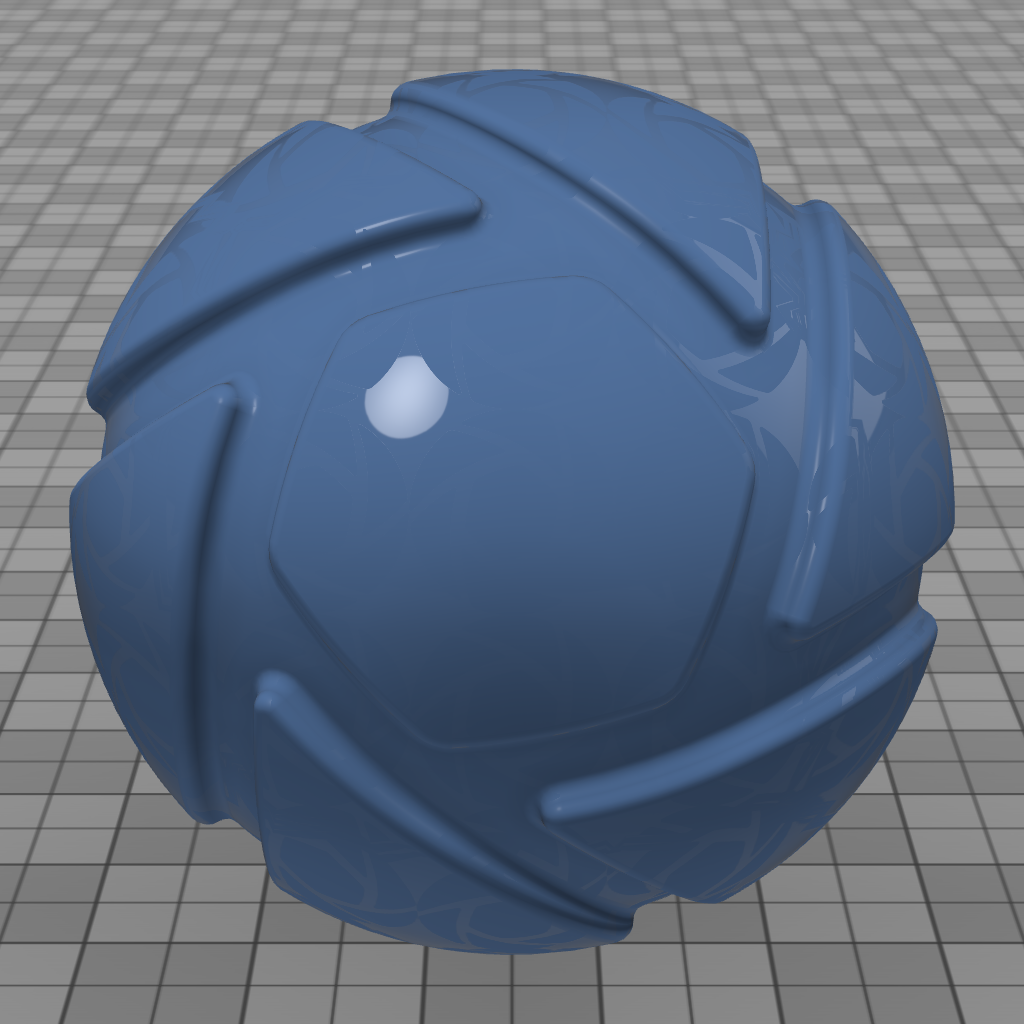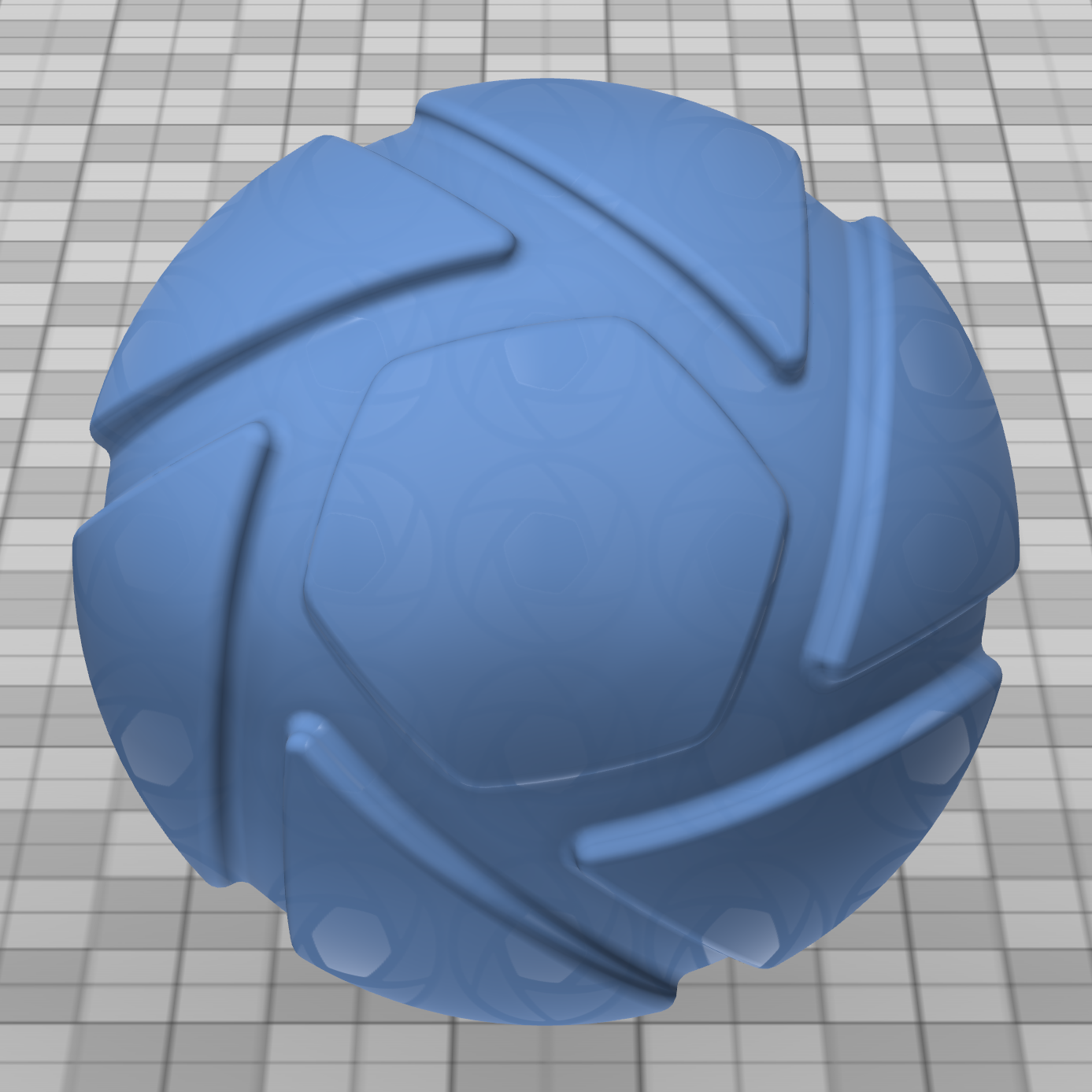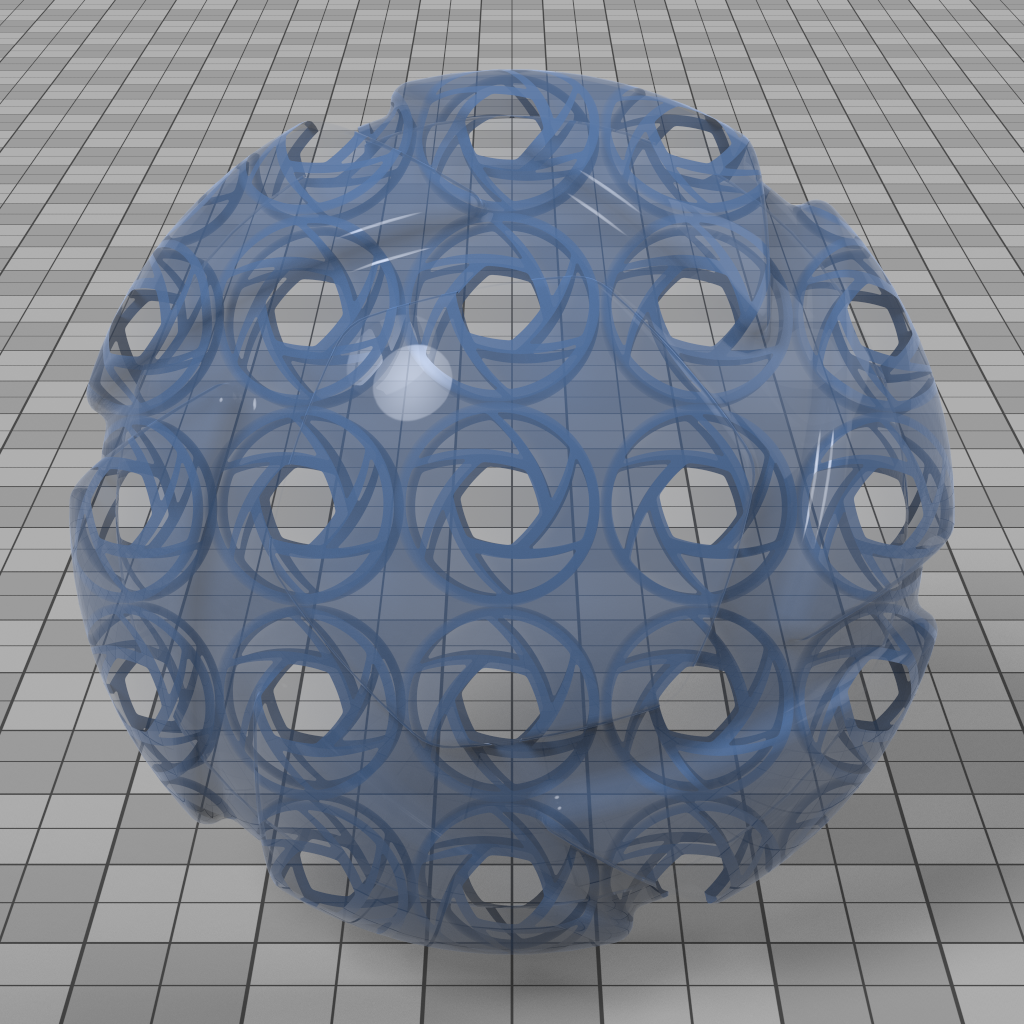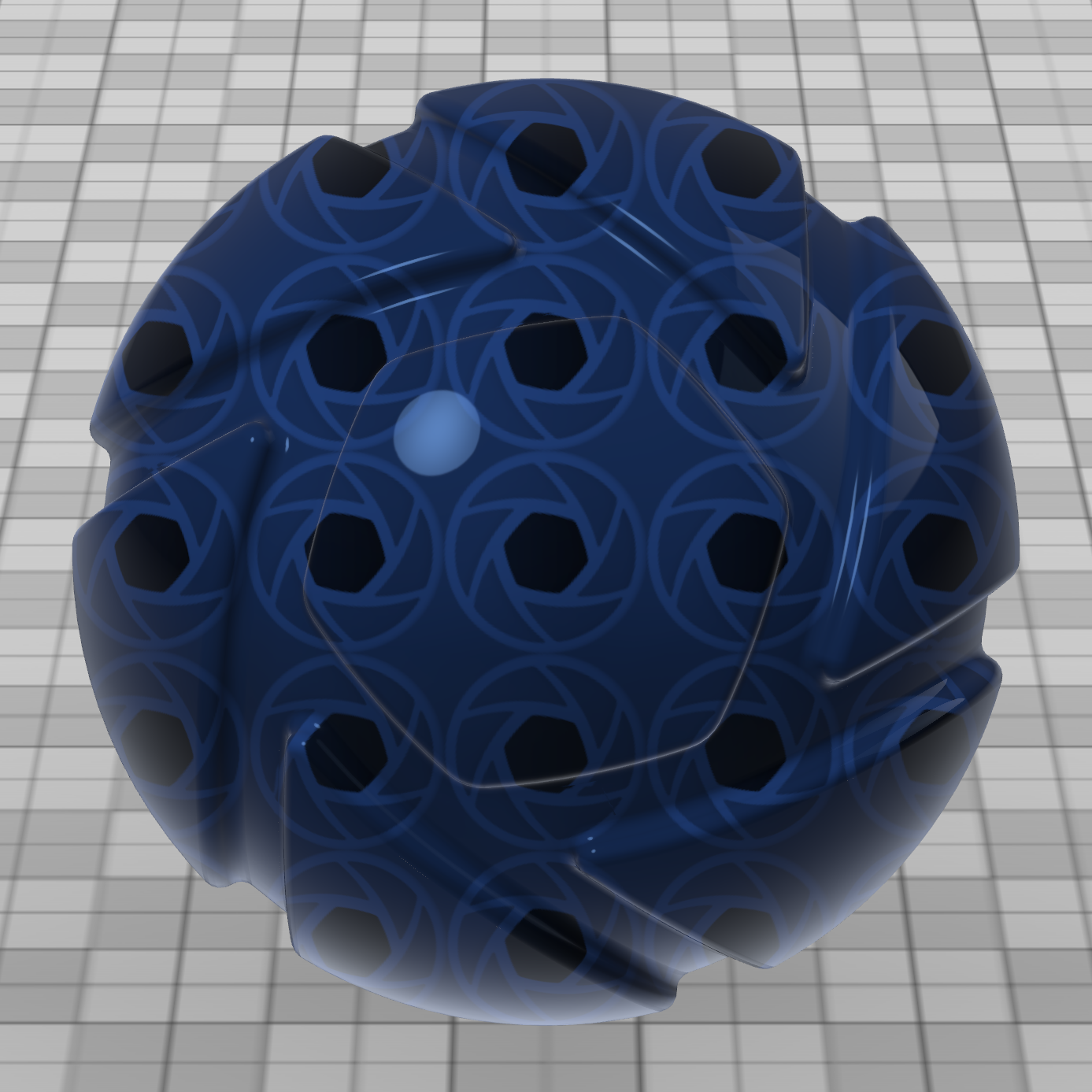HMD support
HMD | Support | Note |
|---|---|---|
Oculus headsets (Rift series, Quest series via Link) | Requires install of the Oculus App. Note: You may need to enable "Unknown Sources" in the General Settings. → Learn more | |
SteamVR headsets (HTC Vive series, Valve Index) | Requires install of Steam and SteamVR (via Steam). | |
Varjo headsets (VR series, XR series) | Requires install of Steam, SteamVR (via Steam) and Varjo Base applications. | |
Windows Mixed Reality headsets (such as the HP Reverb series) | Support through Steam and SteamVR (via Steam), requires install of Windows Mixed Reality for SteamVR (also via Steam). |
General support
Support | Note | |
|---|---|---|
PBR | KeyVR features a physically based rendering engine with materials lit by an HDRI Environment. Features include environment reflection on various roughness levels on both plastic and metal-like surfaces as well as accurate color transmission on transparent objects. Refraction is approximate. | |
Global Illumination | Interreflection, caustics and color bleeding is not simulated due to performance requirements in VR. No light sources beyond HDRI environment are supported. | |
GPU hardware | Recommended Nvidia GTX 1080 / AMD Vega 64 or better to keep smooth frame-rate. | |
Polygon count | Polygon count only limited by GPU memory, but in order to keep a smooth frame-rate we recommend aiming for 3 million or less polygons on a high end GPU. | |
File format support | KeyVR can directly render all the file types that KeyShot can import. KeyVR itself can load KSP or BIP. Note that the geometry has to be triangle based, curve based geometry, zspheres and NURBS are not supported (NURBS can be re-tessellated in KeyShot). | |
OS | Requires Windows 7/8/10. |
High level features
Support | Note | |
|---|---|---|
Multi materials | Materials within a Multi-Material can be selected via the KeyVR tool Switch Material. | |
Model sets | Model Sets can be selected via the KeyVR tool Switch Model Set. | |
Environment | The active Environment can be selected via the KeyVR tool Switch Environment. | |
Camera | The camera position can be selected via the KeyVR tool Switch Camera. Camera Settings that don't make sense in VR will be ignored e.g. spherical, field of view, shift, depth of field. | |
Animation | Animations can be started/stopped via the KeyVR menu. (Long animations can take a long time to load). Fade animations are not supported. | |
Locked | Locked parts of the scene tree and locked environments cannot be moved in VR. | |
Connect | Users must be on the same LAN or VPN (KeyVR Connect needs a direct connection between hosts and clients via their IP). And launch the same version of the scene, either locally or from a shared folder. | |
Textures | Limited to image textures using one of the supported mapping types (view supported mapping types) when not baking. | |
Materials | Multi-materials and basic materials are supported (view supported material types). Baking can improve the representation of some materials. | |
Image Styles | Basic style (gamma/brightness) is supported, Photographic style not supported. | |
Material graphs | Support via baking. | |
Studios | ||
Configurator | ||
Labels | Support via baking. |
Material types
KeyVR supports the most commonly used KeyShot materials. Materials that are not supported will be appear as the closest matching alternative. Baking can improve the look of your materials in some cases.
Basic Materials | Support | Note | KeyShot | KeyVR | KeyVR |
|---|---|---|---|---|---|
Diffuse | |||||
Flat | |||||
Glass | Approximate appearance including refraction and IOR. Does not use roughness. | ||||
Glass (solid) | Approximate appearance including refraction, IOR and thickness. Does not use roughness. | ||||
Liquids | Approximate appearance including refraction, IOR and thickness. Does not use roughness. | ||||
Metal | Baking can result in a closer match of overall color. | ||||
Paint | |||||
Plastic | |||||
Thin Film | Thin Film appears like regular glass without thin film effects (raises warning). | ||||
Translucent | Translucent appears as diffuse opaque material (raises warning). Baking can result in a closer match of the overall color. | ||||
Advanced Materials | |||||
Advanced | Advanced is treated as opaque plastic with diffuse, specular and roughness only (raises warning). | ||||
Anisotropic | Anisotropic appears isotropic (raises warning). Baking can result in a closer match of the overall color. | ||||
Dielectric | Approximate appearance. | ||||
Gem | Gem appears like glass without dispersive effects (raises warning). | ||||
Generic | Use baking for an approximate appearance. | ||||
Measured | Measured is not supported without baking and objects will appear red (raises warning). | ||||
Metallic paint | Metallic Paint looks incorrect for high metal coverage, ignores clear-coat values (raises warning). Baking results in a closer match. | ||||
Multi-Layer Optics | Multi-Layer Optics appear like regular glass (raises warning). | ||||
Plastic (Cloudy) | Plastic (Cloudy) appears as diffuse opaque material (raises warning) or, when using baking, as tinted glass. | ||||
Plastic (Transparent) | Plastic Transparent appears like opaque specular plastic. Transmission is ignored (raises warning). | ||||
Real Cloth | Use baking for an approximate appearance. | ||||
Scattering Medium | Scattering Medium not supported (raises warning). | ||||
Translucent (Advanced) | Translucent (Advanced) appears as diffuse opaque material (raises warning). | ||||
Velvet | Velvet sheen ignores back scatter and edginess. Looks like regular specular highlights (raises warning). | ||||
Light Sources | |||||
Area Light | Area Light appears as emissive. Power is ignored (raises warning). | ||||
IES Light | IES Light not supported. Objects appear hidden (raises warning). | ||||
Point Light | Point Light not supported. Objects appear hidden (raises warning). | ||||
Spotlight | Spotlight not supported. Objects appear hidden (raises warning). | ||||
Special | |||||
Cutaway | Cutaway not supported. Objects appear hidden (raises warning). | ||||
Emissive | Does not contribute light to the scene. | ||||
Ground | Ground not supported. Objects appear hidden (raises warning). | ||||
Toon | Without baking: Toon contour is ignored. Objects appear as solid base color (raises warning). | ||||
Wireframe | Without baking: Wireframe does not show wireframe. Objects appear as solid base color (raises warning). | ||||
Xray | Xray not supported. Objects appear as transparent (raises warning) or black with baking. | ||||
Material Library Only | |||||
Moldtech | |||||
Axalta Paint | Without baking: Axalta Paint not supported. Objects appear red (raises warning). |
Texture Maps
Support | Notes | KeyShot appearance | KeyVR appearance | KeyVR, with baking | |
|---|---|---|---|---|---|
Label | Use baking or a planar mapped texture. | ||||
Diffuse Texture Map | Some mapping types and options are only supported with baking. | ||||
Bump Texture Map | Some mapping types and options are only supported with baking. | ||||
Specular Texture Map | Some mapping types and options are only supported with baking. | ||||
Roughness Map (In Material Graph) | Some mapping types and options are only supported with baking. | ||||
Opacity Map | No support for Opacity Maps. |
Texture Types
Support | Note | |
|---|---|---|
Texture Maps | *Blend with color is not supported without baking. | |
VDB | ||
Tiled UV | Use baking. | |
Tri-planar | ||
Video Maps | ||
Procedural (2D Texture and 3D Texture) | Use baking. |
Texture Mapping Types
Overall only one type of mapping is supported per part.
Support | Note | |
|---|---|---|
Planar Texture Mapping | ||
UV Texture Mapping | ||
Box Texture Mapping | ||
Cylinder Texture Mapping | ||
Sphere Texture Mapping | ||
Camera Texture Mapping | Active camera is used, but does not update with moving around in VR. | |
Node Texture Mapping | Use baking. |
Environments
Support | Note | |
|---|---|---|
HDRI environments | Full support for both data driven and procedural environments. | |
Flatten Ground | ||
Ground Shadows | ||
Background Color | ||
Backplate Image |
